In an era when celebrity is fueled by antics caught on video, former Toronto Mayor Rob Ford was an unwitting superstar.
Clips and photos of him smoking crack, incoherently raging and making profane statements went viral during his time as mayor, providing ample material for late-night TV.
City council members, who complained that the combative, often-disheveled mayor was making Toronto a laughingstock, stripped him of many of his office’s powers. But Ford, a conservative politician who battled taxes and what he considered to be flagrant government overspending, retained substantial public support and was gaining on his chief opponent for reelection in 2014.
Then he met a foe he couldn’t browbeat or explain away. In the midst of the campaign, Ford was diagnosed with cancer.
He withdrew from the mayoral race in September 2014 because of an abdominal tumor. Further tests showed that he had liposarcoma, a rare, aggressive form of cancer.
His brother, Doug, stepped into the mayor’s race in his stead but was soundly defeated in the October election. Rob Ford, however, remained so popular in his home ward that he won back his former council seat in the same election, even though he did almost no campaigning.
In April 2015, he announced he would undergo major surgery on the tumor in his abdomen, which had not shrunk as much as hoped from extensive chemotherapy and radiation treatments.
Ford died on Tuesday, his family said. He was 46.
He had won a landslide victory in 2010 to become mayor, running on promises to cut taxes and “end the gravy train” of expanding government spending. His brash manner struck a chord with voters going through tough economic times, and his anti-union stance was popular in the wake of a withering garbage strike.
Especially attractive to some suburban voters was his railing against pro-bicycle transportation policies that Ford called a “war on cars.” Although Ford expressed sympathy for cyclists killed in traffic collisions, he said, “It’s their own fault at the end of the day.”
Drinking and drug incidents that came to light during the 2010 campaign — including a 1999 DUI and marijuana possession arrest and his ejection from a 2006 Toronto Maple Leafs hockey game because of a drunken rant — didn’t seem to resonate negatively with voters.
Ford, who made no excuses for missing city council meetings so that he could coach his beloved high school football team, was seen as a man of the people.
But he had a privileged upbringing.
Robert Bruce Ford was born May 28, 1969, in Etobicoke, a municipality later amalgamated into the city of Toronto. His father, Doug Sr., founded the Deco Label & Tags printing business that became a $100-million enterprise, according to Toronto Life magazine.
Teenage Rob Ford, who had aspirations of being a pro football player, made the roster at Scarlett Heights high school. But at Carleton University in Ottawa, where he studied political science, he played sparingly and left before graduating to join the family business.
Ford was first elected to Toronto’s city council in 2000 and reelected twice. He was seen as a lone wolf on the council, not prone to compromise.
As mayor, he moved quickly on his agenda, killing a hated vehicle registration tax, leveling spending and winning concessions from unions.
Legislators who wavered in support of his programs were reportedly threatened with the ire of Ford’s most ardent and vocal supporters, nicknamed the Ford Nation.
But as time went on, Ford failed to build a consensus for all his proposals. A waterfront development plan pushed by his chief confidant — his older brother Doug — was voted down, though one city council member later said it was “absolutely terrifying” to break with the Fords.
A plan to close some neighborhood libraries was opposed in public meetings by tearful children, and earned the ire of one of Canada’s most esteemed literary figures, novelist Margaret Atwood.
In May 2013, the website Gawker and the Toronto Star newspaper reported that they had viewed a cellphone video that showed the mayor smoking crack. Ford’s reaction was emphatic. He said he did not smoke crack and that the video did not exist — two declarations that turned out to be false. But in the intervening period, his celebrity on unwanted terms grew wide.
A photograph emerged of the smiling mayor with three men allegedly involved in drug dealing, one of whom later was shot and killed during a fight. More reports of Ford’s out-of-control drinking at events popped up, including at a gala dinner he was asked to leave.
His public persona was not helped by the fact that he was a hefty man prone to stumbling — just the thing for YouTube videos.
Then the bombshell. On Oct. 31, 2013, Toronto’s chief of police told a news conference that the crack video had been found during a police raid. Ford spent a week sidestepping the issue before acknowledging, “Yes, I have smoked crack cocaine.” He apologized and said he would “move on.”
But the scandal wouldn’t subside. City council meetings became must-see viewing worldwide, with Ford careening around the room, rejecting any suggestion that he step down, and mocking council members. Another video popped up, showing Ford at a restaurant, raging profanely. And, according to a court document, former Ford staffers told police that they suspected he was indulging in a variety of drugs and associating with prostitutes.
That last allegation led to one of the most bizarre Ford press statements on live TV, in which he referred, in his defense, to oral sex.
1/61
Wong’s masterly touch brought a poetic quality to Disney’s “Bambi” that has helped it endure as a classic of animation. The pioneering Chinese American artist influenced later generations of animators. Full obituary
(Peter Brenner / Handout) 2/61
After bursting onto the scene opposite Gene Kelly in the classic 1952 musical “Singin’ in the Rain,” Reynolds became America’s Sweetheart and a potent box office star for years. Her passing came only one day after her daughter, Carrie Fisher, died at the age of 60. Reynolds was 84. Full obituary
(John Rooney / Associated Press) 3/61
George Michael, the English singer-songwriter who shot to stardom in the 1980s as half of the pop duo Wham!, went on to become one of the era’s biggest pop solo artists with hits such as “Faith” and “I Want Your Sex.” He was 53. Full obituary
(Francois Mori / Associated Press) 4/61
The thoracic surgeon came up with an anti-choking technique in 1974. So simple it could be performed by children, the eponymous maneuver made Heimlich a household name. He was 96. Full obituary
(Al Behrman / Associated Press) 5/61
The hugely popular south Indian actress later turned to politics and became the highest elected official in the state of Tamil Nadu. She was 68. Full obituary
(AFP / Getty Images) 6/61
Best known for her portrayal of Carol Brady on “The Brady Bunch,” Henderson
portrayed an idealized mother figure for an entire generation. Her character was the center of the show, cheerfully mothering her brood in an era when divorce was becoming more common. She was 82. Full obituary
(Jay L. Clendenin / Los Angeles Times) 7/61
Dubbed “Dr. Wonderful” by the media, the Texas surgeon performed the first successful heart transplant in the United States and the world’s first implantation of a wholly artificial heart. He also founded the Texas Heart Institute in Houston. He was 96. Full obituary
(David J. Phillip / Associated Press) 8/61
The prominent Los Angeles attorney went from defending his father, a powerful mob boss, to representing celebrities, corrupt businessmen, drug kingpins and the so-called Hollywood Madam, Heidi Fleiss. He was 70. Full obituary
(Ken Hively / Los Angeles Times) 9/61
The award-winning journalist wrote for the Washington Post and the New York Times before becoming an anchor of public television news programs “PBS NewsHour” and “Washington Week.” Her career also included moderating the vice presidential debates in 2004 and 2008. She was 61. Full obituary
(Brendan Smialowski / Getty Images) 10/61
Instantly recognizable for his long white mane and a rich, hearty voice, Russell sang, wrote and produced some of rock ‘n’ roll’s top records. His hits included “Delta Lady,” “Roll Away the Stone,” “A Song for You” and “Superstar.” He was 74. Full obituary
(Luis Sinco / Los Angeles Times) 11/61
The singer-songwriter’s literary sensibility and elegant dissections of desire made him one of popular music’s most influential and admired figures for four decades. Cohen is best known for his songs such as “Hallelujah,” “Suzanne” and “Bird on the Wire.” He was 82. Full obituary
(Joel Saget / AFP / Getty Images) 12/61
Reno was the first woman to serve as United States attorney general. Her unusually long tenure began with a disastrous assault on cultists in Texas and ended after the dramatic raid that returned Elian Gonzalez to his Cuban father. She was 78. Full obituary
(Dennis Cook / Associated Press) 13/61
The 1960s radical was in the vanguard of the movement to stop the Vietnam War and became one of the nation’s best-known champions of liberal causes. He was 76. Full obituary
(George Brich / Associated Press) 14/61
Tabei was the first woman to climb Mount Everest in 1975. In 1992, she also became the first woman to complete the “Seven Summits,” reaching the highest peaks of the seven continents. She was 77. Full obituary
(AFP / Getty Images) 15/61
Nixon was the creative force behind the popular soap operas “One Life to Live” and “All My Children.” She was a pioneer in bringing serious social issues, like racism, AIDS and prostitution, to daytime television. She was 93. Full obituary
(Chris Pizzello / Associated Press) 16/61
The former Israeli president was one of the founding fathers of Israel. The Nobel peace prize laureate was an early advocate of the idea that Israel’s survival depended on territorial compromise with the Palestinians. He was 93. Full obituary
(AFP / Getty Images) 17/61
A seven-time professional major tournament champion, Palmer revolutionized sports marketing as it is known today, and his success contributed to increased incomes for athletes across the sporting spectrum. He was 87. Full obituary
(David J. Phillip / Associated Press) 18/61
Known as the Vatican’s exorcist, Amorth, a Roman Catholic priest, helped promote the ritual of banishing the devil from people or places. He was 91. Full obituary
(AFP / Getty Images) 19/61
The American playwright was known for works such as “The Zoo Story,” “The Sandbox,” “Who’s Afraid of Virginia Woolf?” and “A Delicate Balance.” He was awarded the Pulitzer Prize for drama three times. He was 88. Full obituary
(Jennifer S. Altman / For the Times) 20/61
The ska pioneer and Jamaican music legend recorded thousands of records, including such hits as “Al Capone” and “Judge Dread.” He helped ignite the ska movement in England, and later helped carry it into the rock-steady era in the mid-1960s. He was 78. Full obituary
(Larry Ellis / Getty Images) 21/61
Known as “the first lady of anti-feminism,” Schlafly was a political activist who galvanized grass-roots conservatives to help defeat the Equal Rights Amendment and, in ensuing decades, effectively push the Republican Party to the right. She was 92. Full obituary
(Christine Cotter / Los Angeles Times) 22/61
O’Brian helped tame the Wild West as the star of TV’s “The Life and Legend of Wyatt Earp” and was the founder of a long-running youth leadership development organization. “Wyatt Earp” became a top 10-rated series and made O’Brian a household name. He was 91. Full obituary
(Ricardo DeAratanha / Los Angeles Times) 23/61
Jerry Heller, the early manager of N.W.A, was an important and colorful personality in the emerging West Coast rap scene in the 1980s. Heller was 75. Full obituary
(Lori Shepler / Los Angeles Times) 24/61
Two-time Oscar nominee Gene Wilder brought a unique blend of manic energy and world-weary melancholy to films as varied as 1971’s children’s movie “Willy Wonka & the Chocolate Factory” and the 1980 comedy “Stir Crazy.” He was 83. Full obituary
(AFP / Getty Images) 25/61
The beloved top-selling Mexican singer wooed crowds on both sides of the border with ballads of love and heartbreak for more than four decades. He was 66. Full obituary
(Wilfredo Lee / Associated Press) 26/61
Known as the “queen of knitwear,” Sonia Rykiel became a fixture of Paris’ fashion scene, starting in 1968. French President Francois Hollande praised her as “a pioneer” who “offered women freedom of movement.” She was 86. Full obituary
(Thibault Camus / Associated Press) 27/61
The conservative political commentator hosted the long-running weekly public television show “The McLaughlin Group” that helped alter the shape of political discourse since its debut in 1982. He was 89. Full obituary
(Kevin Wolf / Associated Press) 28/61
Best-known for his post-bop recordings for Blue Note Records in the 1960s and 1970s, the inventive jazz vibraphonist played with a litany of jazz greats as both bandleader and sideman during a career spanning more than 50 years. He was 75. Full obituary
(Scott Chernis / Associated Press) 29/61
The British actor, who was 3-foot-8, gave life to the “Star Wars” droid R2-D2, one of the most beloved characters in the space-opera franchise and among the most iconic robots in pop culture history. He was 81. Full obituary
(Reed Saxon / Associated Press) 30/61
For many in L.A., Folsom was the face of the Parent Teacher Student Assn., better known as the PTSA or PTA. He served as the official and unofficial watchdog over the Los Angeles Unified School District and wrote about his experiences in his blog. He was 69. Full obituary
(Mark Boster / Los Angeles Times) 31/61
Fountain combined the Swing Era sensibility of jazz clarinetist Benny Goodman with the down-home, freewheeling style characteristic of traditional New Orleans jazz to become a national star in the 1950s as a featured soloist on the “The Lawrence Welk Show.” He was 86. Full obituary
(Luis Sinco / Los Angeles Times) 32/61
Lowery was a pioneer in efforts to help people suffering from poverty, addiction and mental illness move out of tents and cardboard boxes on Los Angeles’ sidewalks and into supportive housing. She was 70. Full obituary
(Lawrence K. Ho / Los Angeles Times) 33/61
Nixon, a Hollywood voice double, can be heard in place of the leading actresses in such classic movie musicals as “West Side Story,” “The King and I” and “My Fair Lady.” She was 86. Full obituary
(Rob Kim / AFP/Getty Images) 34/61
The department store heir’s widow was a socialite and philanthropist who hobnobbed with the world’s elite, epitomized high fashion and was best friends with former first lady Nancy Reagan. She was 93. Full obituary
(Evan Agostini / Associated Press) 35/61
The author and teacher was long established as a leading literary figure of Southern California. Her works include “Golden Days,” “There Will Never Be Another You” and her memoir “Dreaming, Hard Luck and Good Times in America.” She was 82. Full obituary
(Ricardo DeAratanha / Los Angeles Times) 36/61
The Nazi concentration camp survivor won the Nobel in 1986 for his message “of peace, atonement and human dignity.” “Night,” his account of his year in death camps, is regarded as one of the most powerful achievements in Holocaust literature. He was 87. Full obituary
(Allen J. Schaben / Los Angeles Times) 37/61
One of the greatest basketball coaches of any gender or generation, Summitt spent 38 years as coach of the University of Tennessee women’s basketball team before dementia forced her early retirement. She was 64. Full obituary
(Wade Payne / Associated Press) 38/61
The iconic New York Times fashion photographer darted around New York on a humble bicycle to cover the style of high society grand dames and downtown punks with equal verve. He was 87. Full obituary
(Mark Lennihan / Associated Press) 39/61
Aguirre was best known for his portrayal of the towering “Profesor Jirafales,” the likable and often disrespected giraffe teacher on the 1970s-era hit show “El Chavo del Ocho.” The screwball comedy helped usher in an era of edgier comedy in Mexico and elsewhere. Aguirre was 82. Full obituary
(AFP / Getty Images) 40/61
The three-time heavyweight boxing champion’s brilliance in the ring and bravado outside it made his face one of the most recognizable in the world. He was 74. Full obituary
(John Rooney / Associated Press) 41/61
Like Walter Cronkite and Edward R. Murrow, the CBS newsman became part of a group of journalists who set the tone for storytelling on television. He was on “60 Minutes” for 46 years, holding the longest tenure on prime-time television of anyone in history. He was 84. Full obituary
(Carolyn Cole / Los Angeles Times) 42/61
The first African American chief of the Los Angeles Police Department, Williams steadied the agency in the tumultuous wake of the 1992 riots but was distrusted as an outsider by many officers and politicians. He was 72. Full obituary
(Nick Ut / Associated Press) 43/61
Best known for her role as Marie Barone on “Everybody Loves Raymond,” Roberts won four Emmys for her work on that show and one for her work on “St. Elsewhere.” She was 90. Full obituary
(Ken Hively / Los Angeles Times) 44/61
The country music legend sang of his law-breaking Bakersfield youth and penned a stream of No. 1 hits. He owed some of his fame to conservative anthems, including the combative 1969 release “Okie from Muskogee,” which seemed to mock San Francisco’s anti-war hippies. He was 79. Full obituary
(Genaro Molina / Los Angeles Times) 45/61
The acclaimed Native American historian was the last surviving war chief of Montana’s Crow Tribe. President Obama awarded him the Presidential Medal of Freedom in 2009. He was 102. Full obituary
(J. Scott Applewhite / Associated Press) 46/61
Germany’s longest-serving foreign minister brokered an end to the painful 40-year division of his homeland in 1990, but only after persevering for decades through the most tragic and destructive phases of Germany’s 20th century history. He was 89. Full obituary
(Martin Meissner / Associated Press) 47/61
The Iraqi-born British architect was the first woman to win the Pritzker Prize, architecture’s highest honor. She made her mark with buildings such as the London Aquatics Centre, the MAXXI museum for contemporary art in Rome and the innovative Bridge Pavilion in Zaragoza, Spain. She was 65. Full obituary
(Kevork Djansezian / Associated Press) 48/61
The former television talk show host became the first openly gay man to serve on the Los Angeles City Council. He advocated for the homeless, gays and lesbians and other liberal causes. He was 70. Full obituary
(Christina House / For The Times) 49/61
Garry Shandling’s comedic career spanned decades, but he is best known for his role as Larry Sanders, the host of a fictional talk show. His sitcom pushed the boundaries of TV, influencing shows such as “The Office” and “Modern Family.” He was 66. Full obituary.
(Robert Gauthier / Los Angeles Times) 50/61
Ken Howard was president of SAG-AFTRA and an actor known for his role on TV’s ‘The White Shadow.’ He championed the merger of Hollywood’s two largest actors unions, which had a history of sparring. He was 71. Full obituary
(Al Seib / Los Angeles Times) 51/61
The longtime Los Angeles radio disc jockey, whose real name was Art Ferguson, hosted the morning radio show for popular and influential station KHJ-AM in the late 1960s and went on to be a key player in the launch of latter-day powerhouses KROQ-AM and KIIS-FM. He was 71. Full obituary
(Lawrence K. Ho / Los Angeles Times) 52/61
The veteran actor built his early career playing heavies and won an Academy Award in 1968 for his supporting role as the tough Southern prison-camp convict who grew to hero-worship Paul Newman’s defiant title character in “Cool Hand Luke.” He was 91. Full obituary
(Warner Bros. / Getty Images) 53/61
A prolific entrepreneur, Mann over the course of seven decades founded 17 companies in fields ranging from aerospace to pharmaceuticals to medical devices. He was 90. Full obituary
(Kirk McKoy / Los Angeles Times) 54/61
The Egyptian diplomat helped negotiate his country’s landmark peace deal with Israel but then clashed with the United States when he served a single term as U.N. secretary-general. He was 93. Full obituary
(Marty Lederhandler / Associated Press) 55/61
Pro-BMX biker Dave Mirra was one of the most decorated athletes in X Games history. He held the record for the most medals in history with 24. He was 41. Full obituary
(Ed Reinke / Associated Press) 56/61
Maurice White, co-founder and leader of the groundbreaking ensemble Earth, Wind & Fire, was the source for a wealth of euphoric hits in the 1970s and early ‘80s, including ‘Shining Star,’ ‘September,’ and ‘Boogie Wonderland.’ He was 74. Full obituary
(Kathy Willens / Associated Press) 57/61
In a career that encompassed everything from big-budget Hollywood movies to classical theater, Rickman made bad behavior fascinating to watch from “Die Hard” to the “Harry Potter” movies. He was 69. Full obituary
(Francine Orr / Los Angeles Times) 58/61
The composer and former principal conductor of the New York Philharmonic was known for pushing music lovers and the music establishment to let go of the past and embrace new sounds, structures and textures. He was 90. Full obituary
(Christophe Ena / Associated Press) 59/61
The Academy Award winner was revered as one of the most influential cinematographers in film history for his work on classics including “Close Encounters of the Third Kind” and “The Deer Hunter.” He was 85. Full obituary
(Tamas Kovacs / EPA) 60/61
Gordon helped revolutionize surfing with the creation of the foam surfboard. His polyurethane boards were lighter and easier to ride, making surfing accessible -- which helped popularize the sport globally. He was in his 70s. Full obituary
(Charlie Neuman / San Diego Union-Tribune/ZUMA Press) 61/61
The attorney and almond farmer was known for his battle to stop the $68-billion California bullet train project from slicing up his almond orchards -- part of a deeply emotional land war that has drawn in hundreds of farming families from Merced to Bakersfield. He was 92. Full obituary
(Gina Ferazzi / Los Angeles Times) Ford stayed on as mayor even when the city council stripped him of much of his powers and budget. Only when a second video emerged, again showing him smoking crack, did he take a leave to enter a rehabilitation program.
Returning to his job in June 2014, Ford was as feisty as ever on the campaign trail, attending events until the day before entering the hospital.
Shortly before his first chemotherapy treatment, an uncommonly subdued Ford recorded an audio message in which he said he sympathized with anyone facing dire health problems.
“Don’t ever give up,” said Ford, who had survived much in political his life. “Be strong, stay positive and have hope — just never give up.”
David Colker is a former Times staff writer. The Associated Press contributed to this report.
MORE FROM OBITUARIES
Singer Frank Sinatra Jr. dies at 72
Percy Pinkney, longtime Los Angeles-based Feinstein aide, dies at 78
Andy Grove dies at 79; co-founder built Intel into world’s largest chip maker
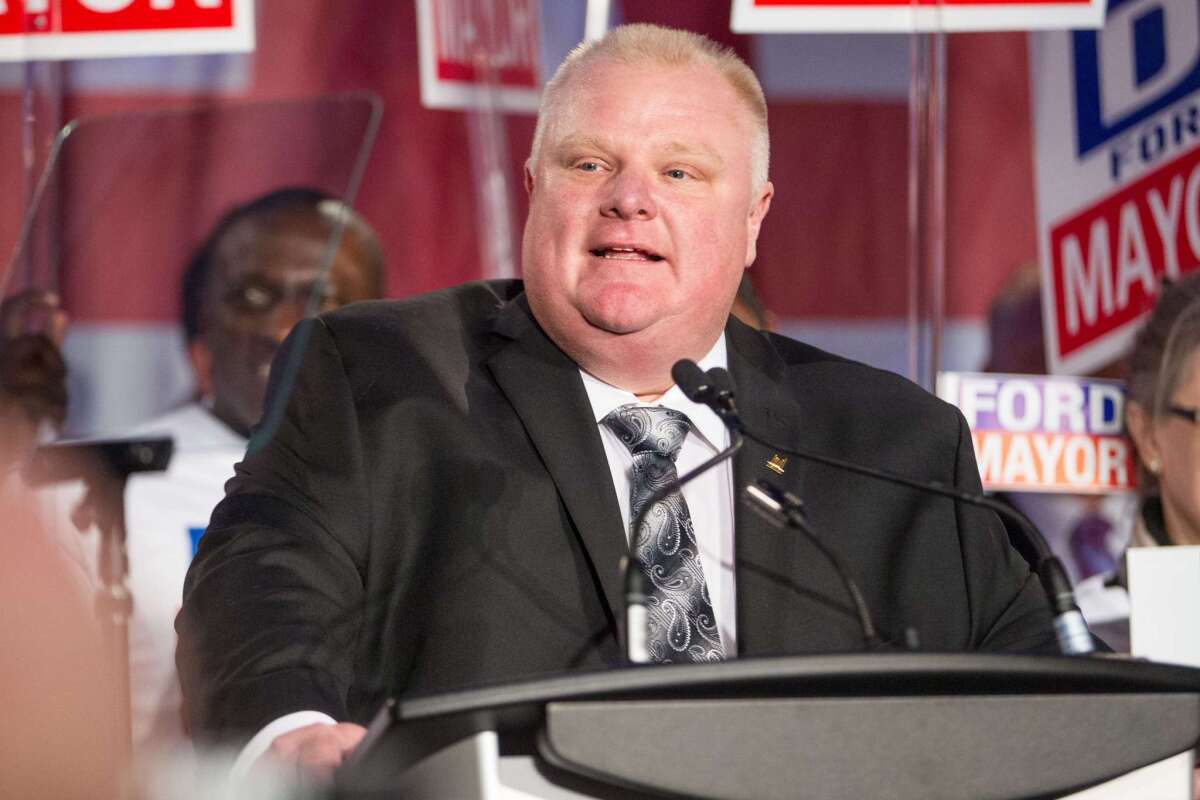
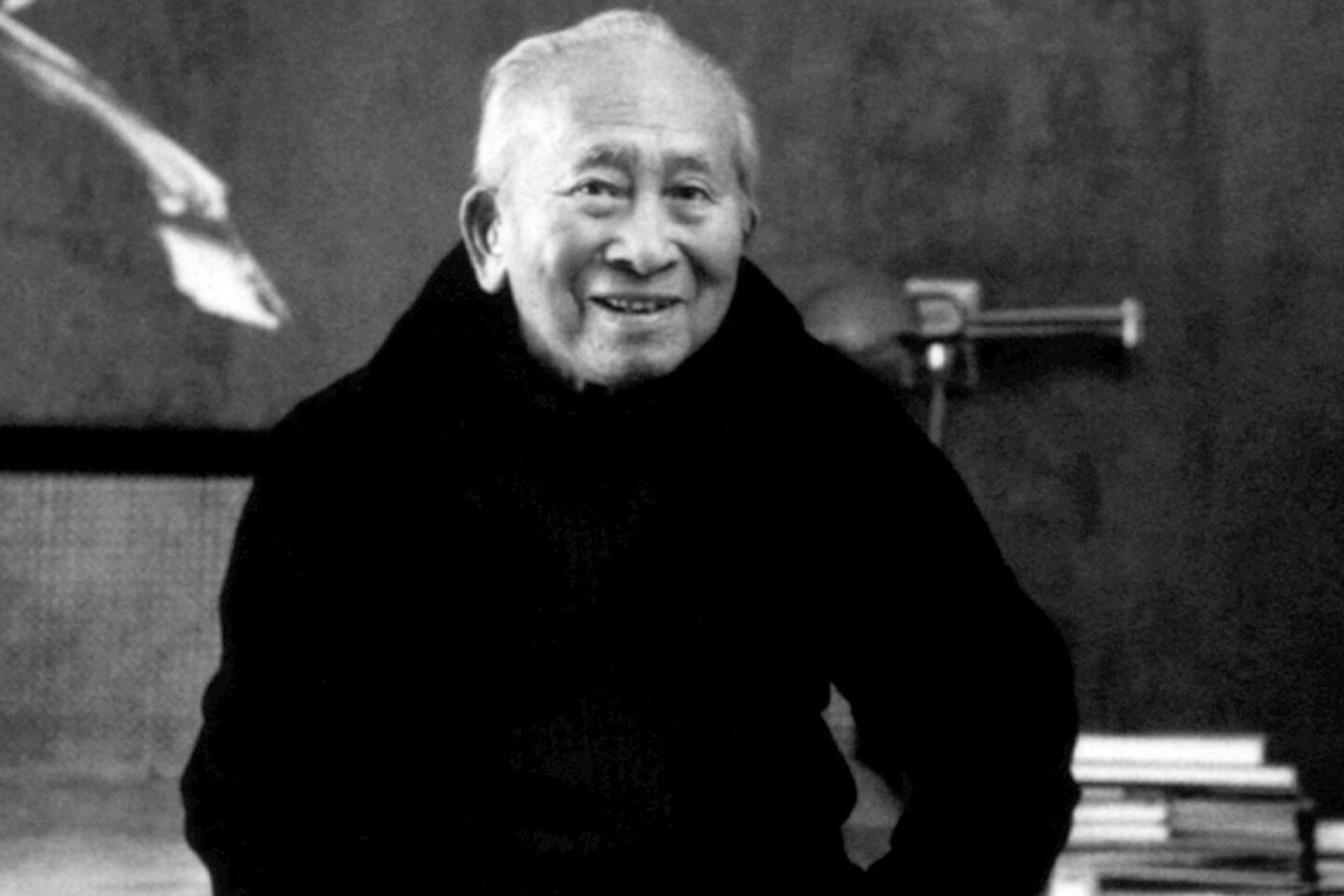
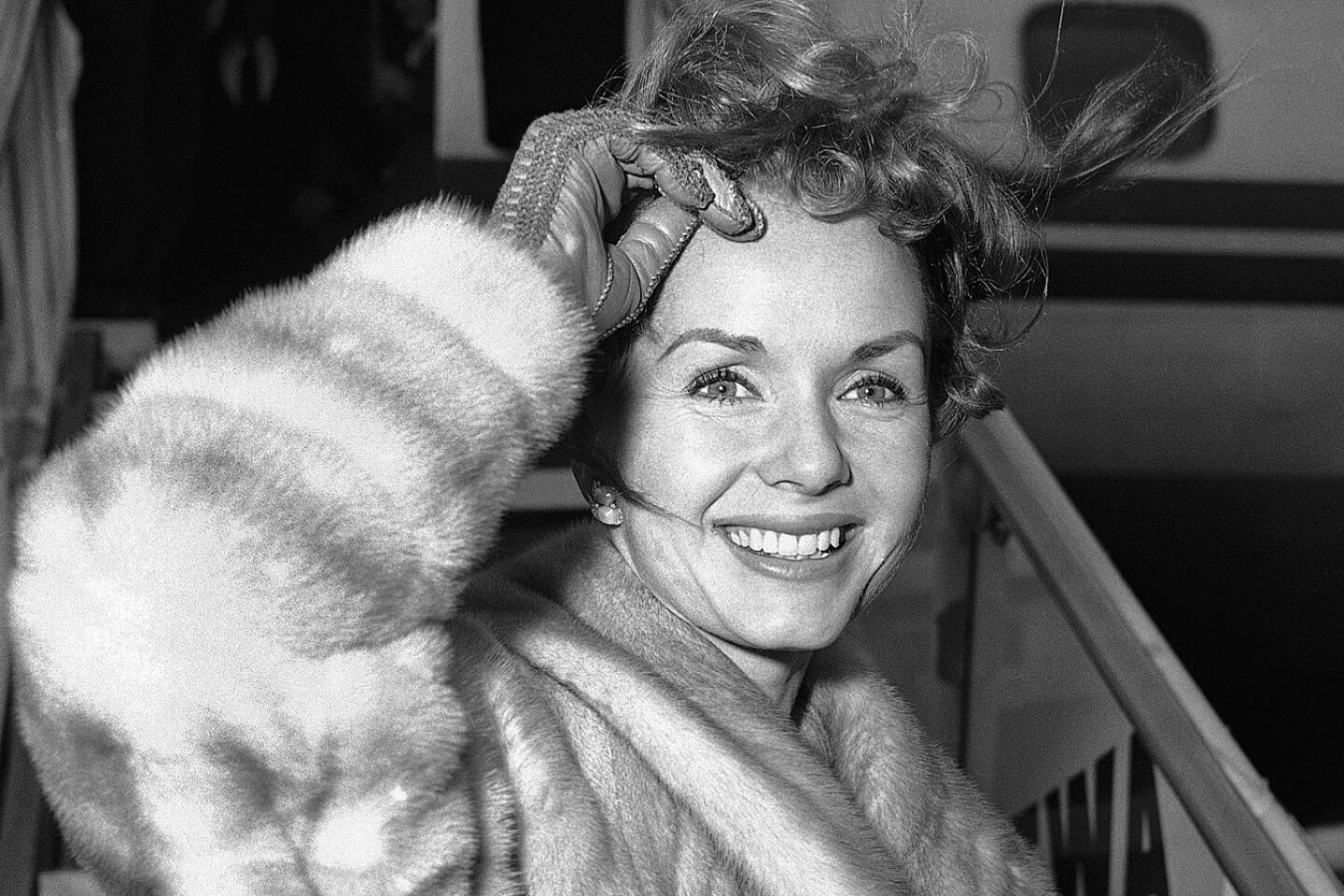
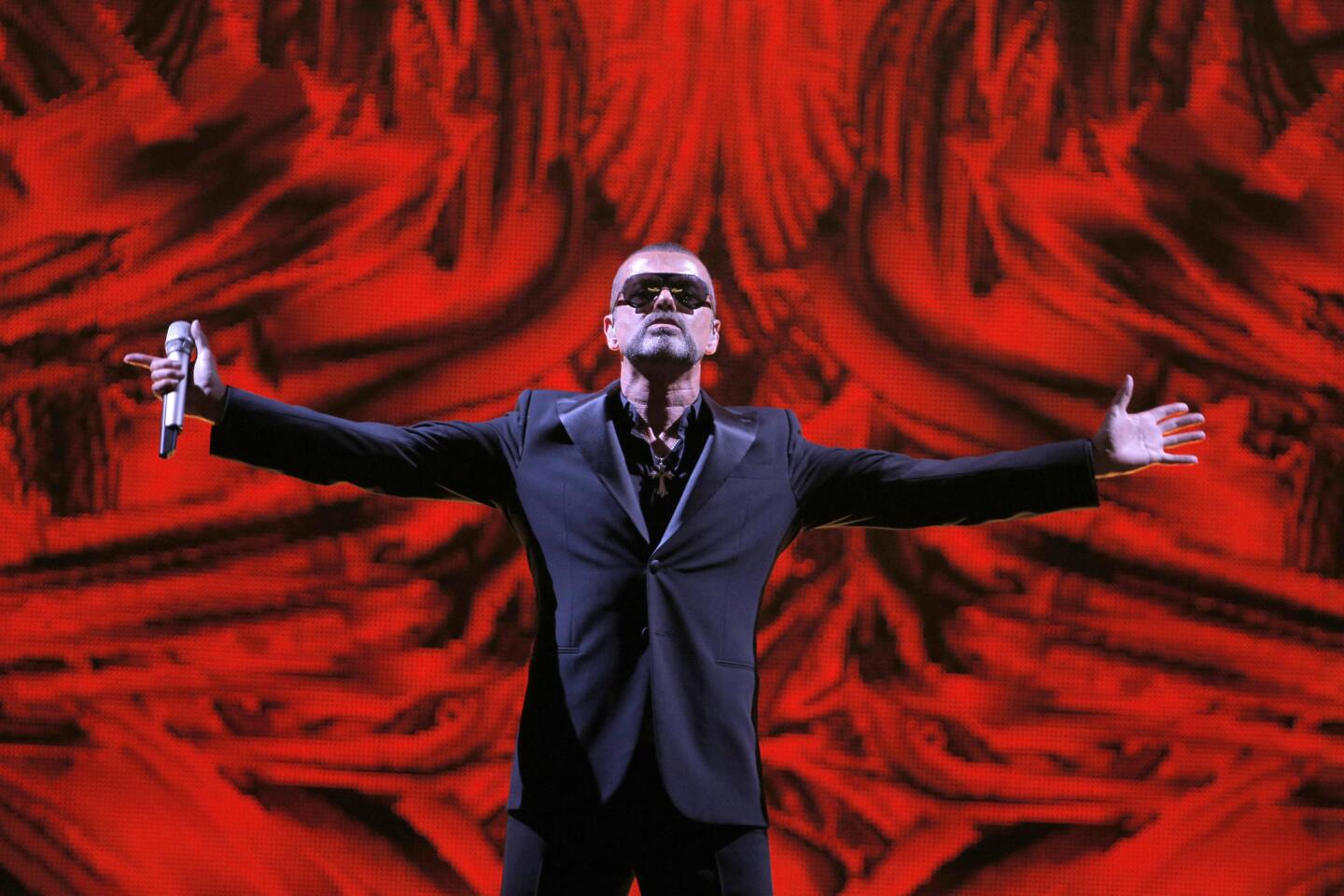
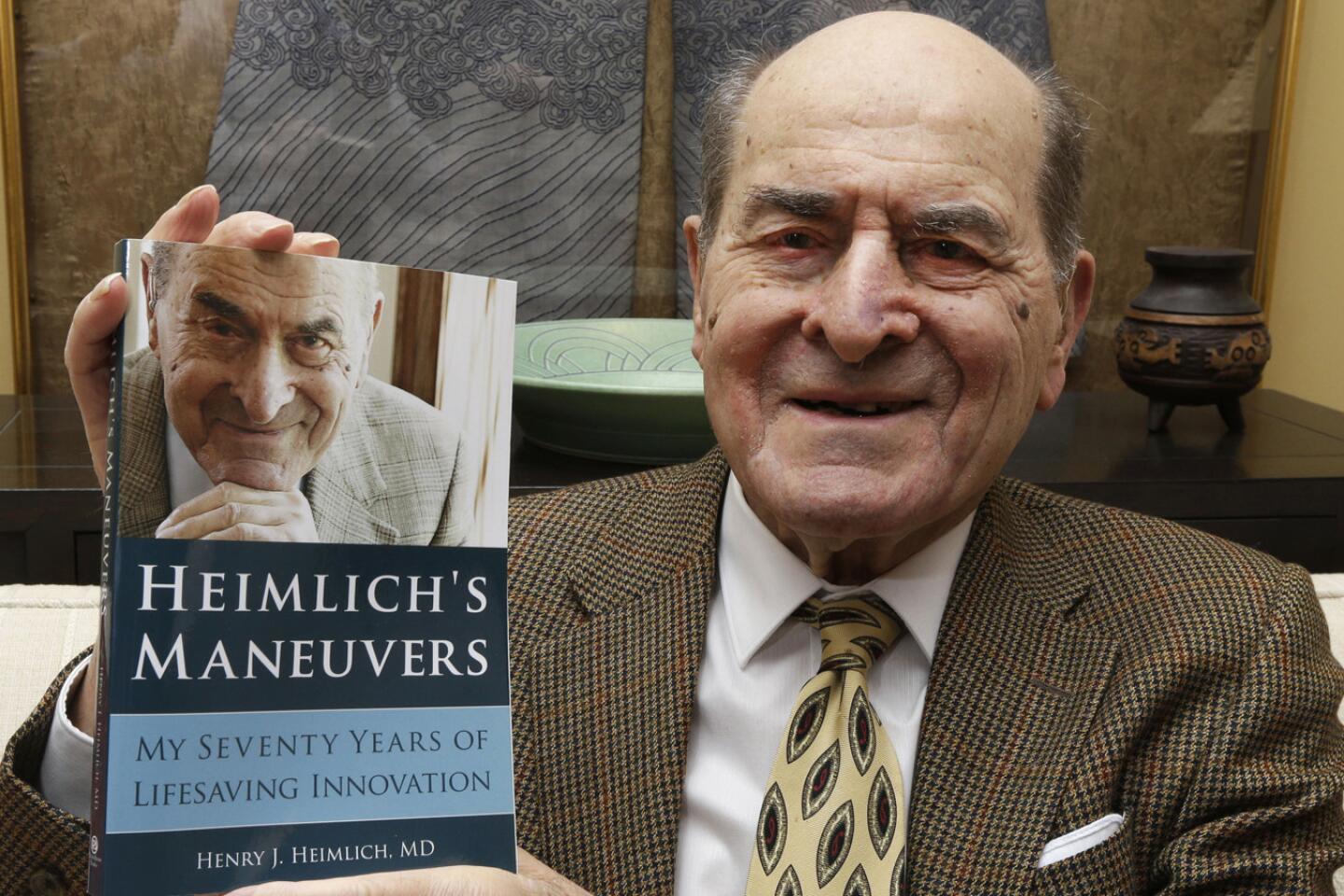

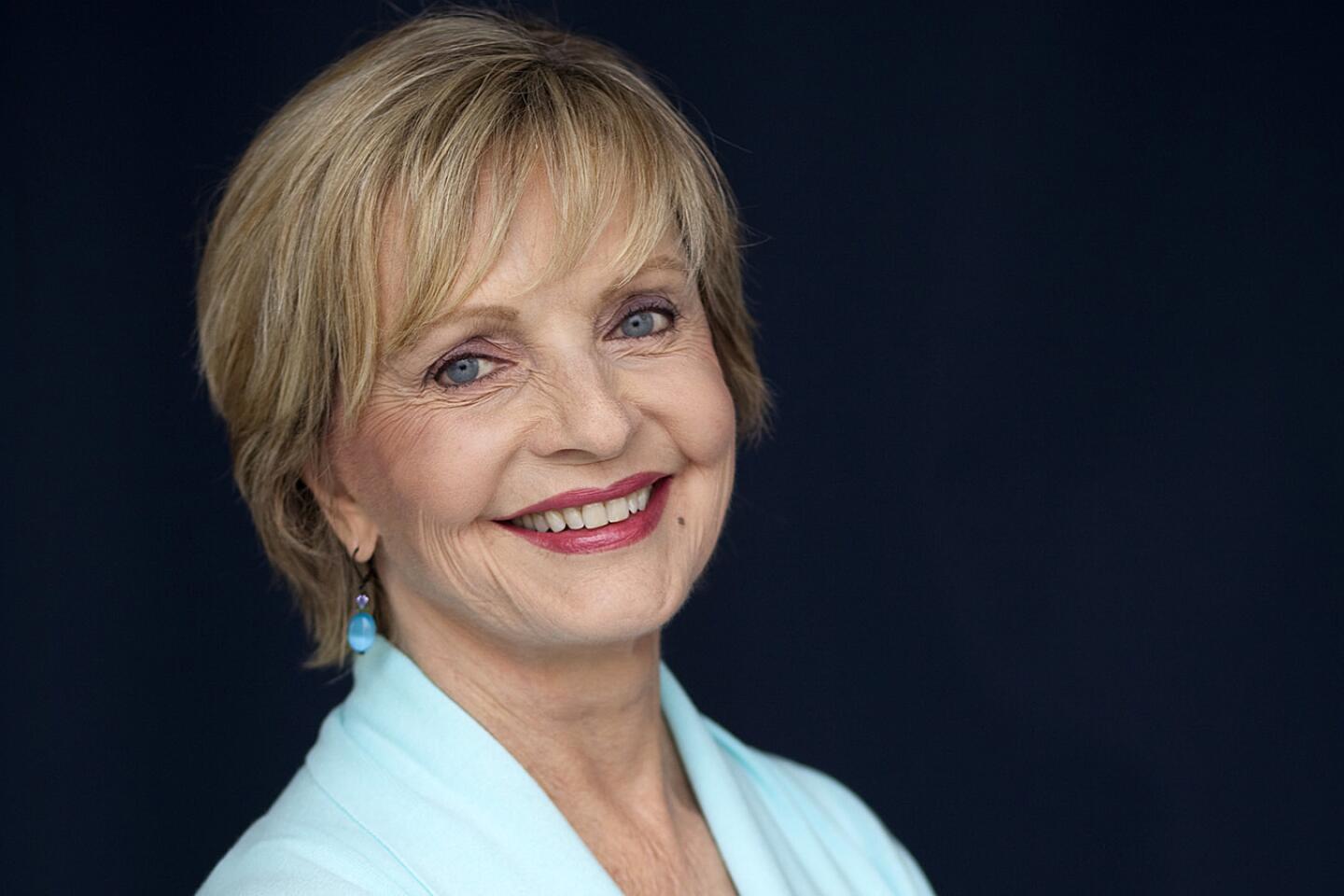
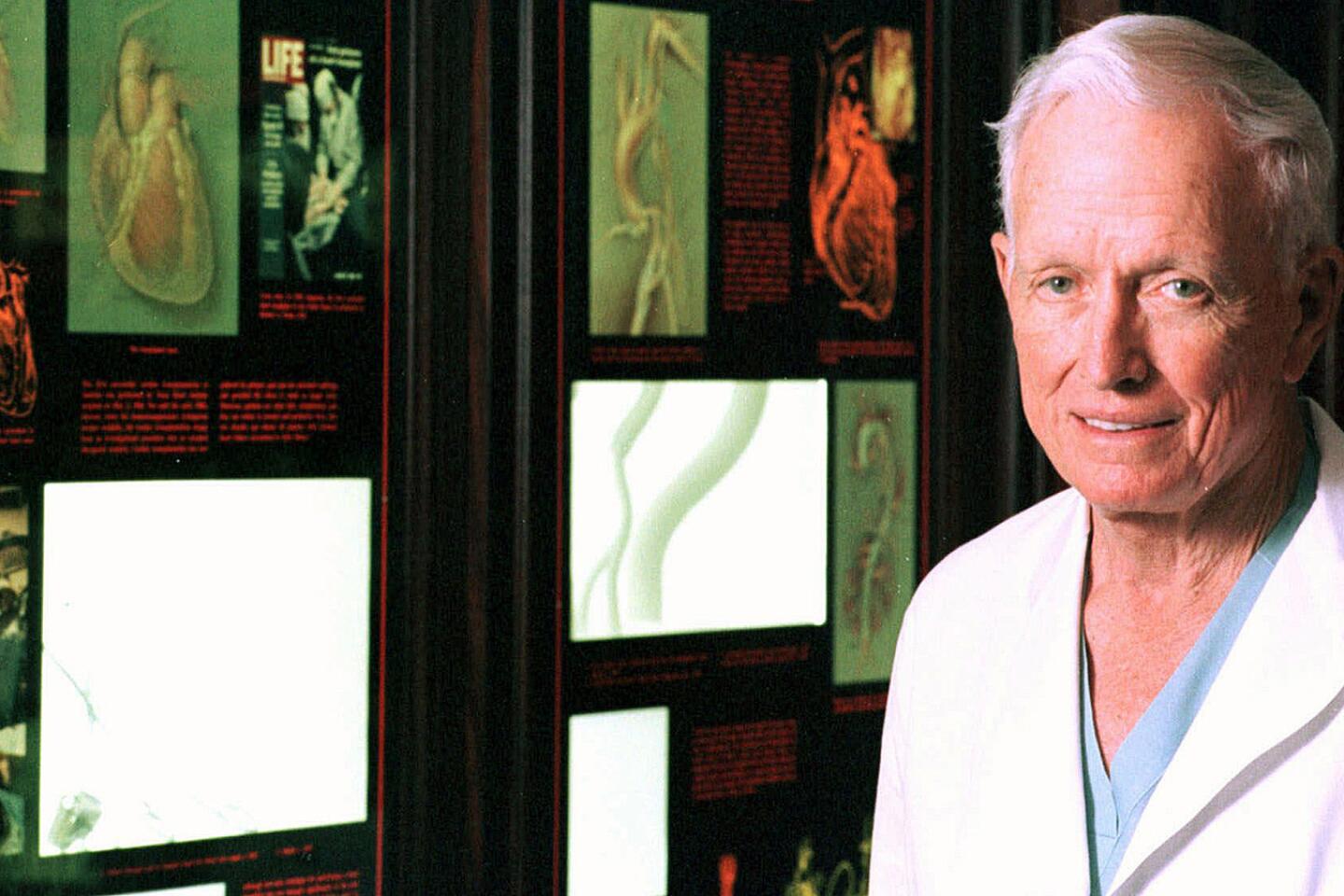
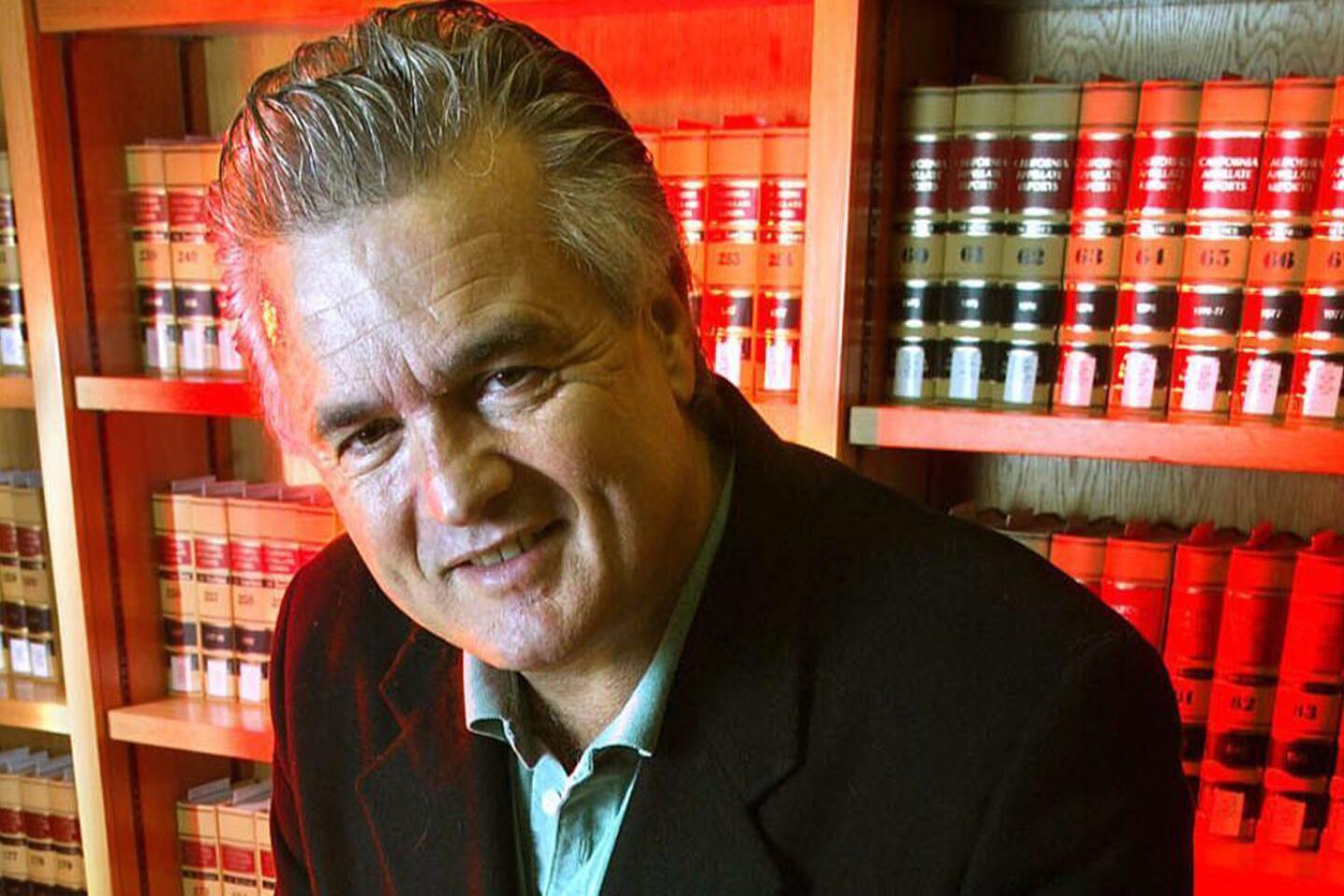
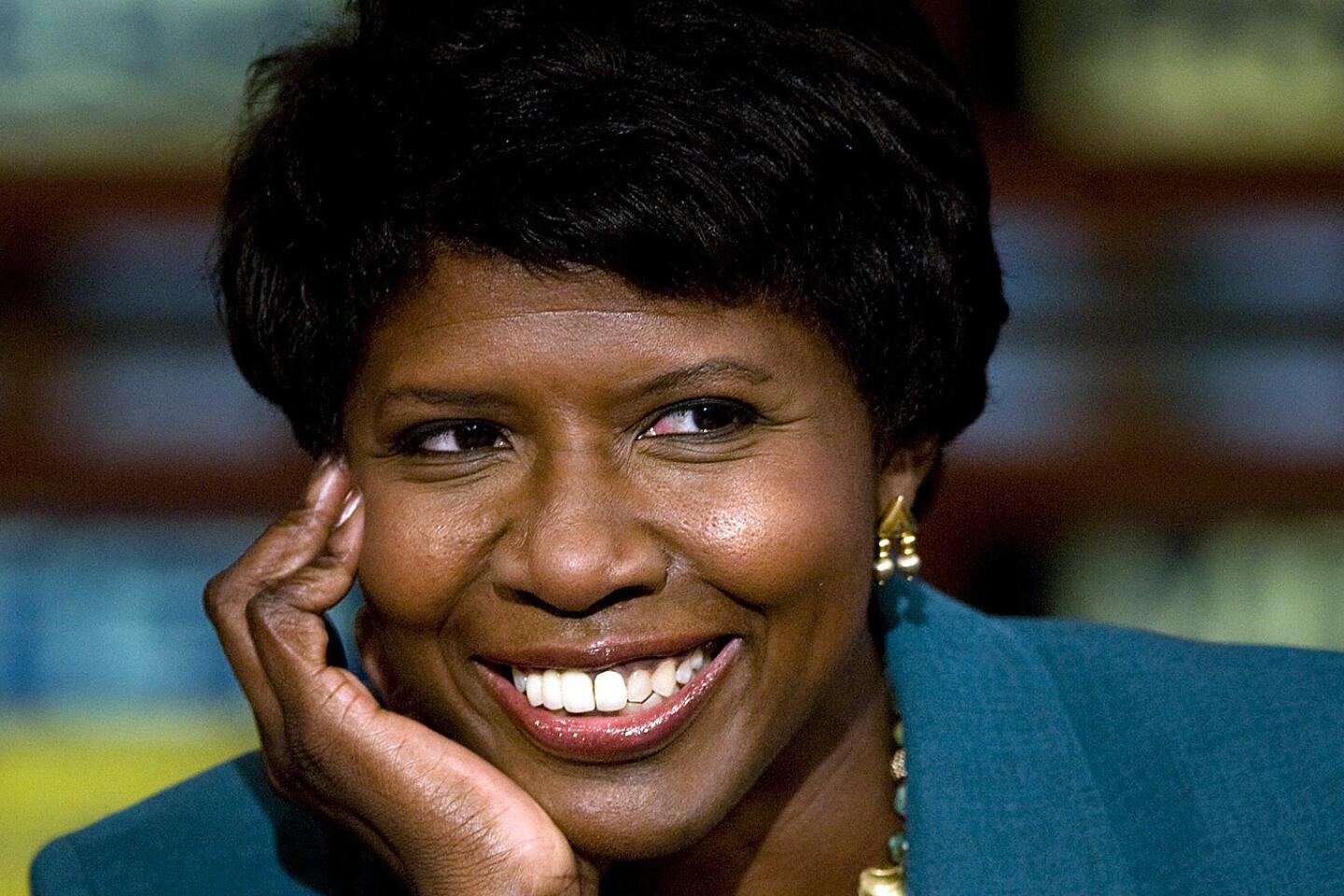
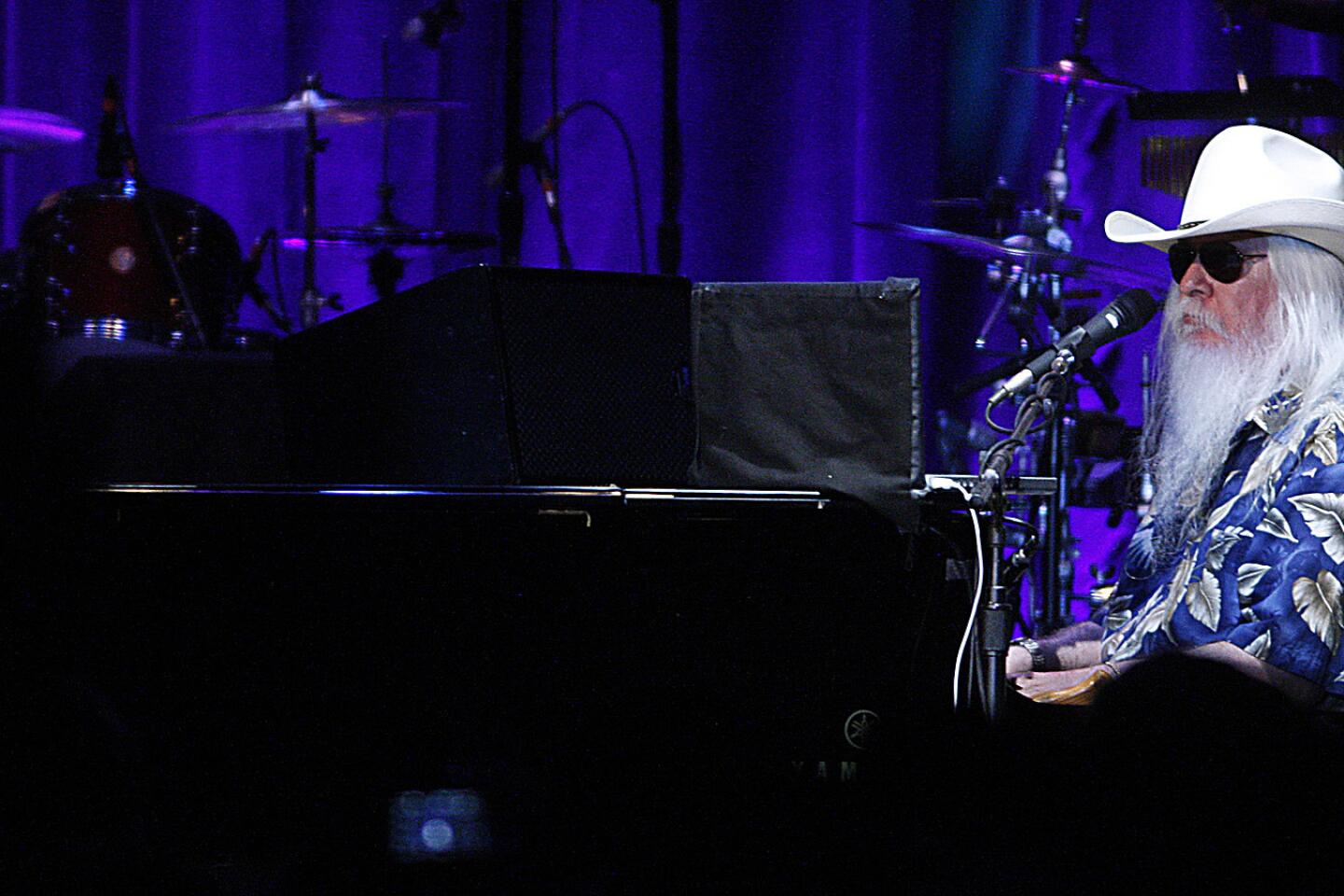
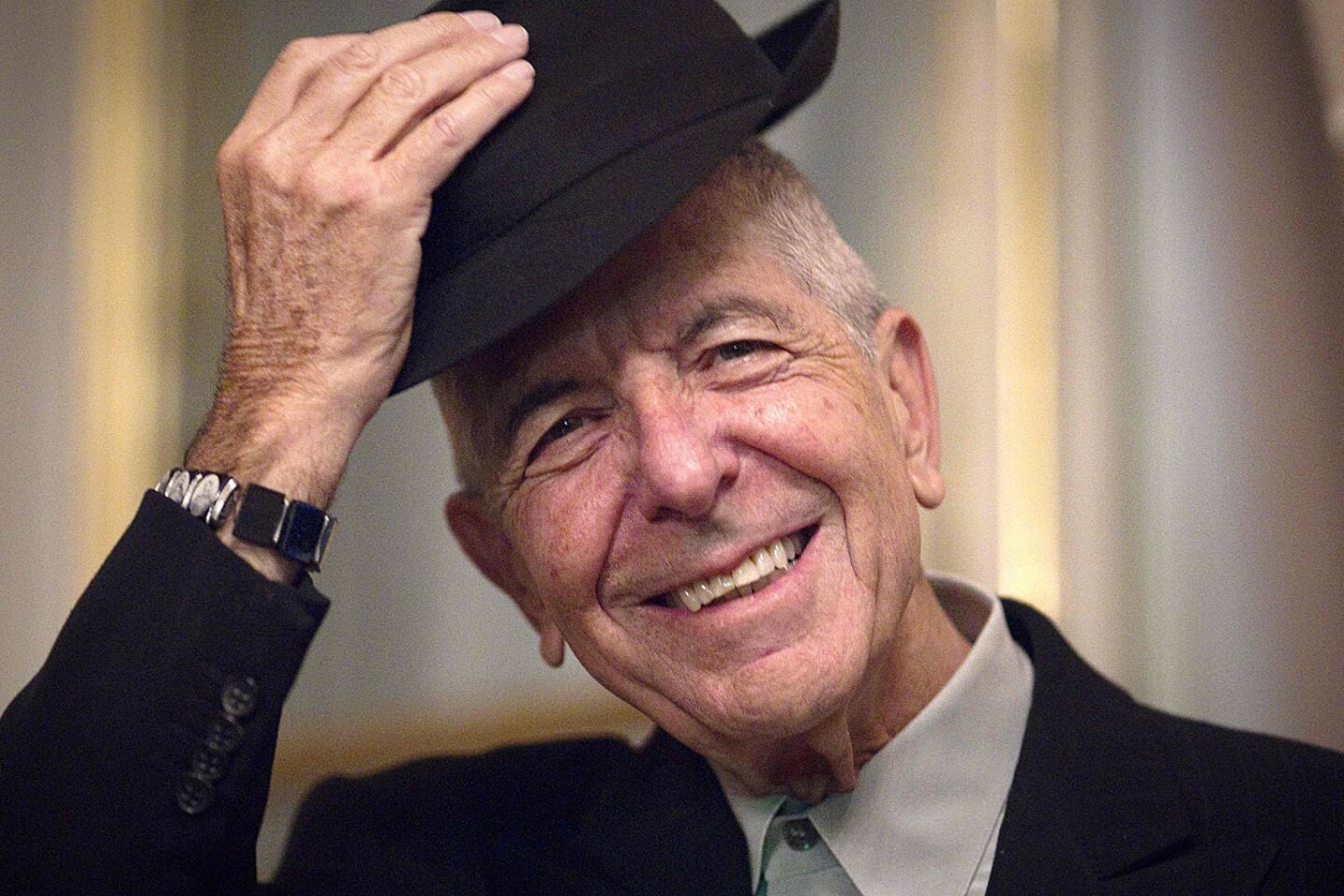
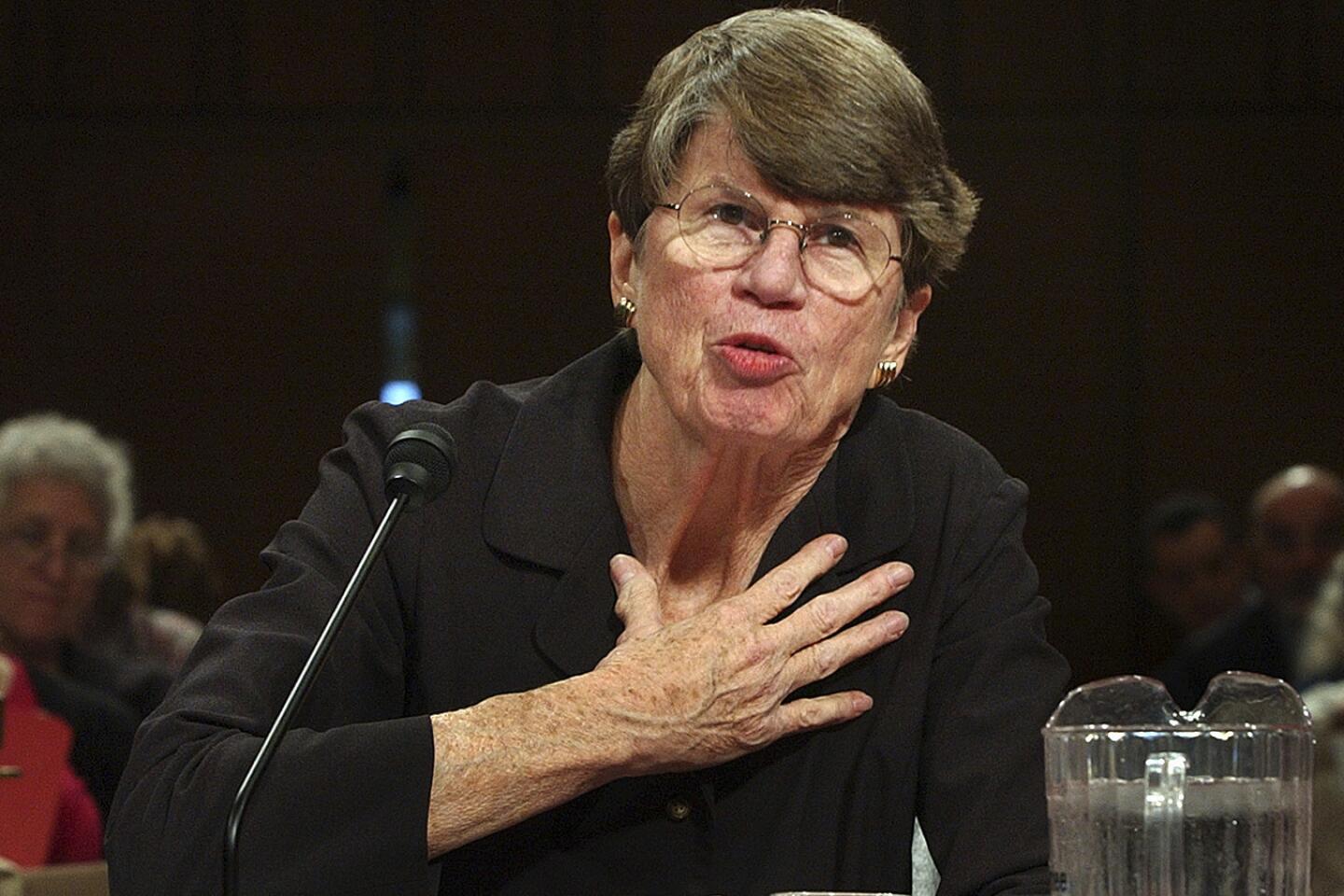
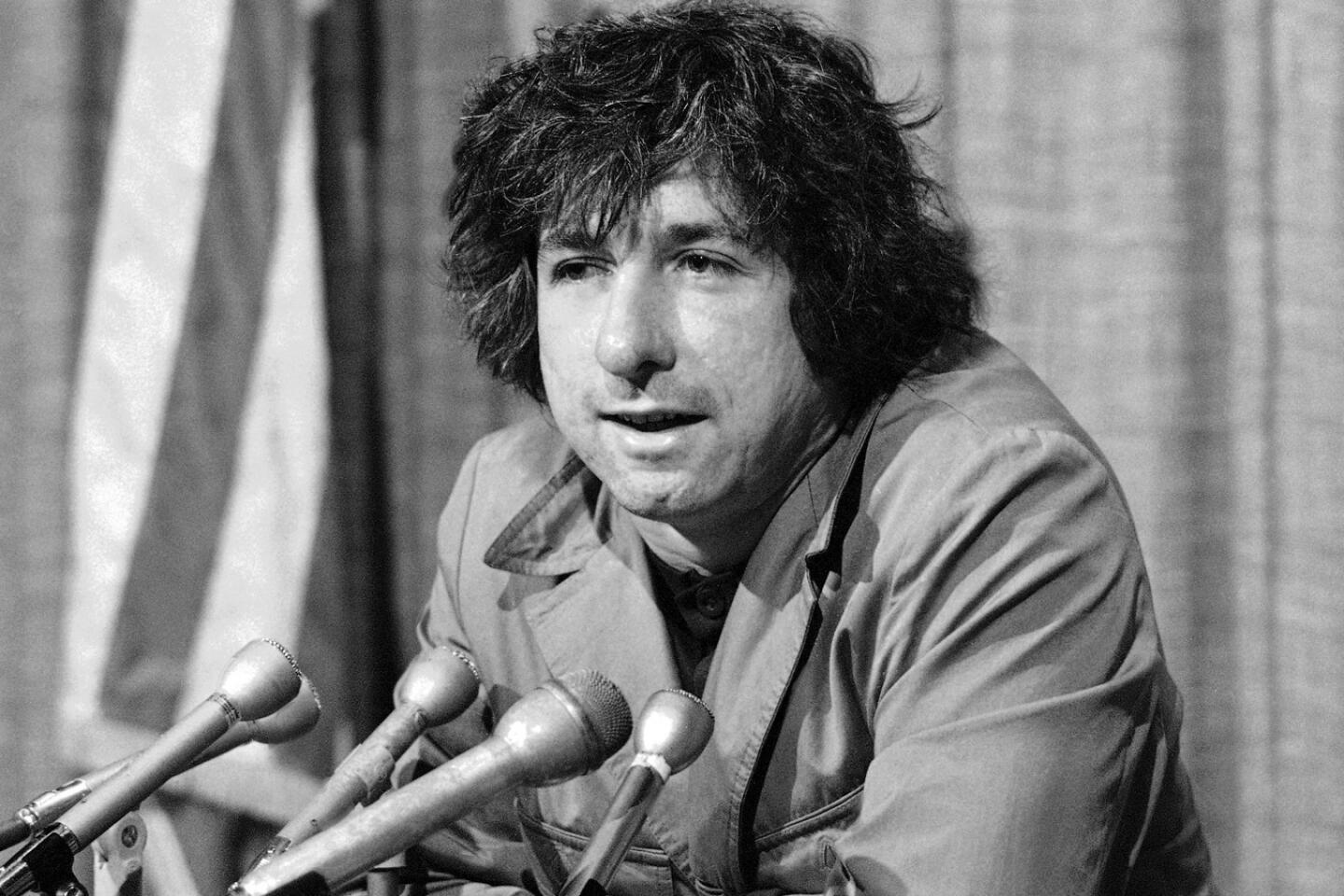
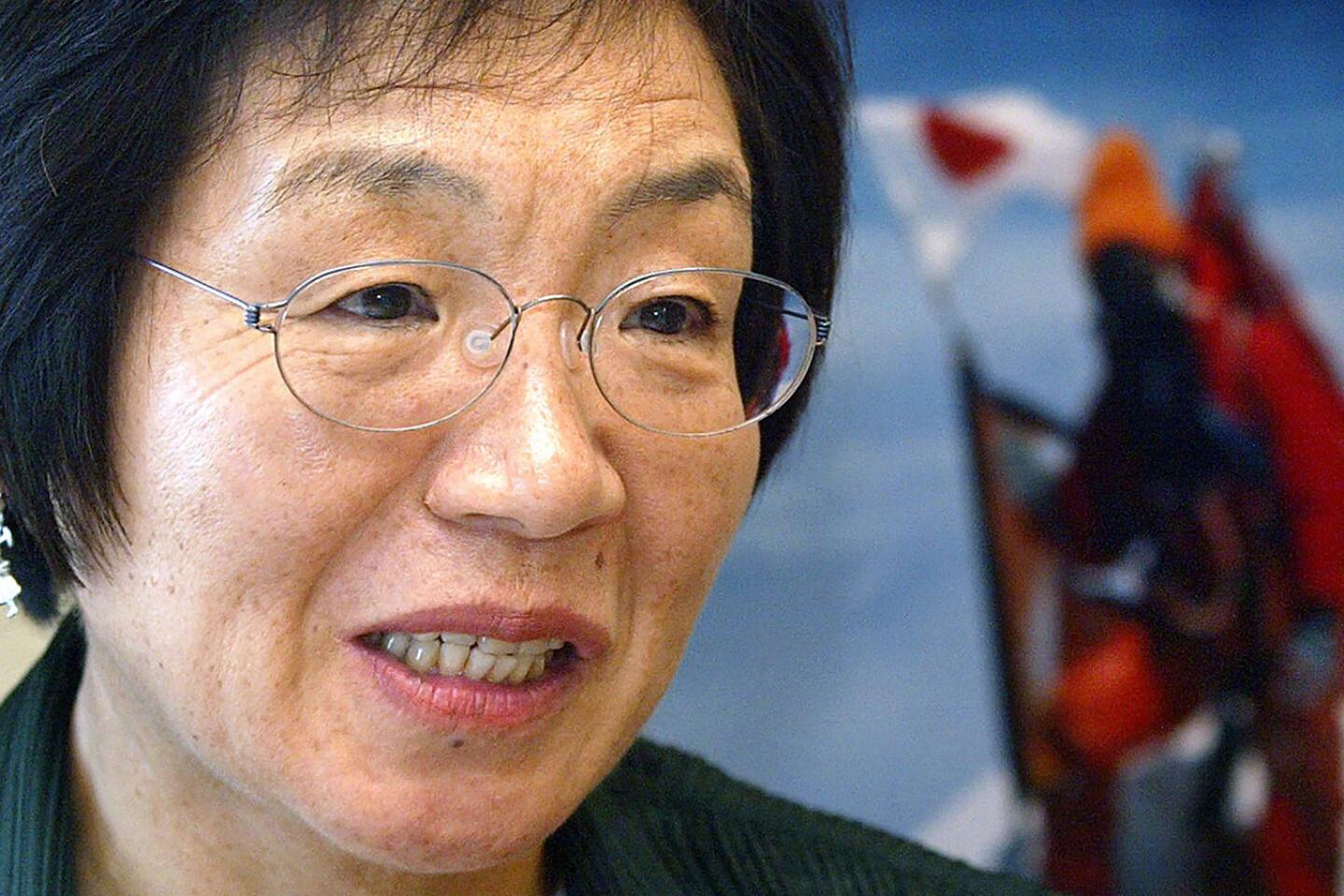
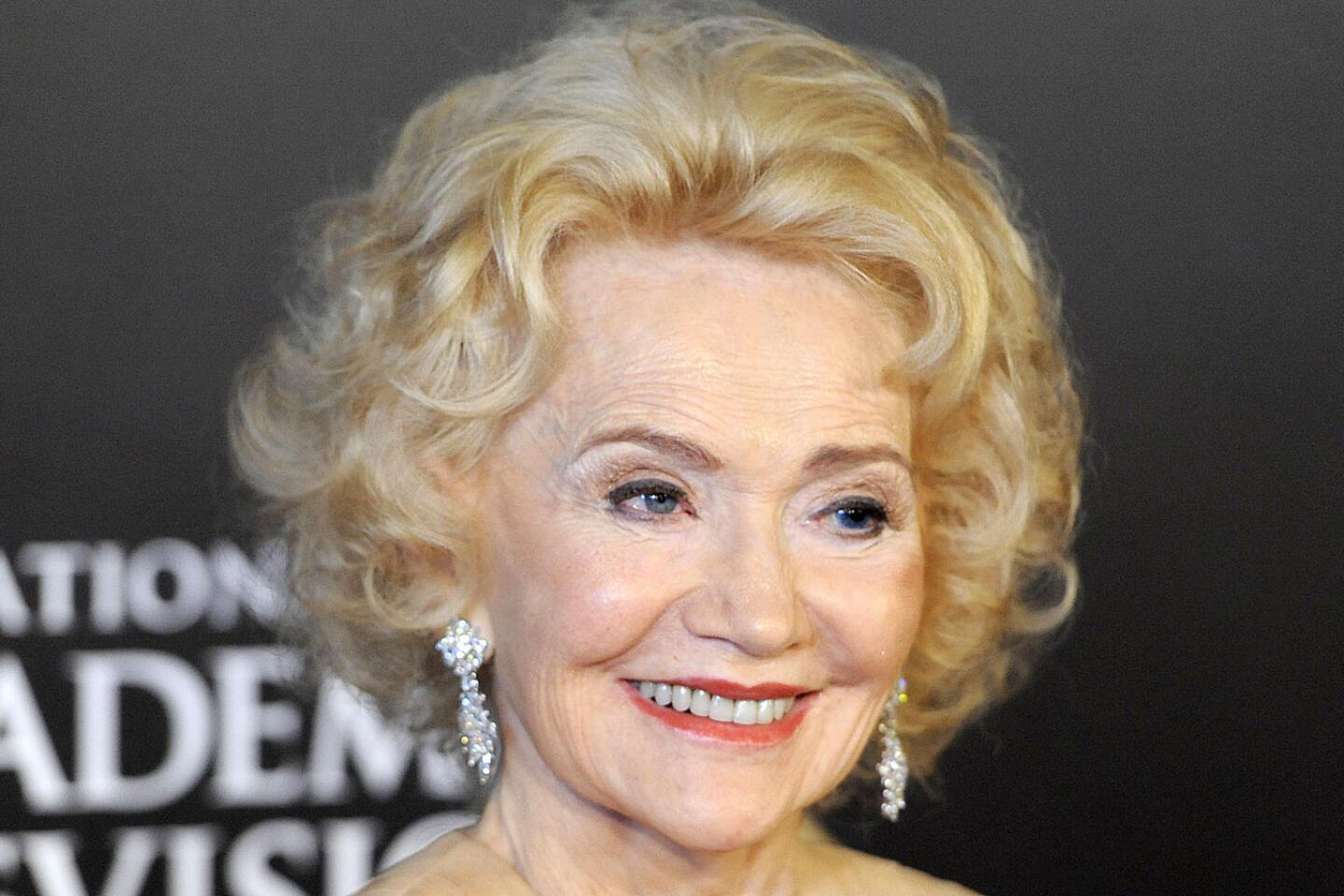
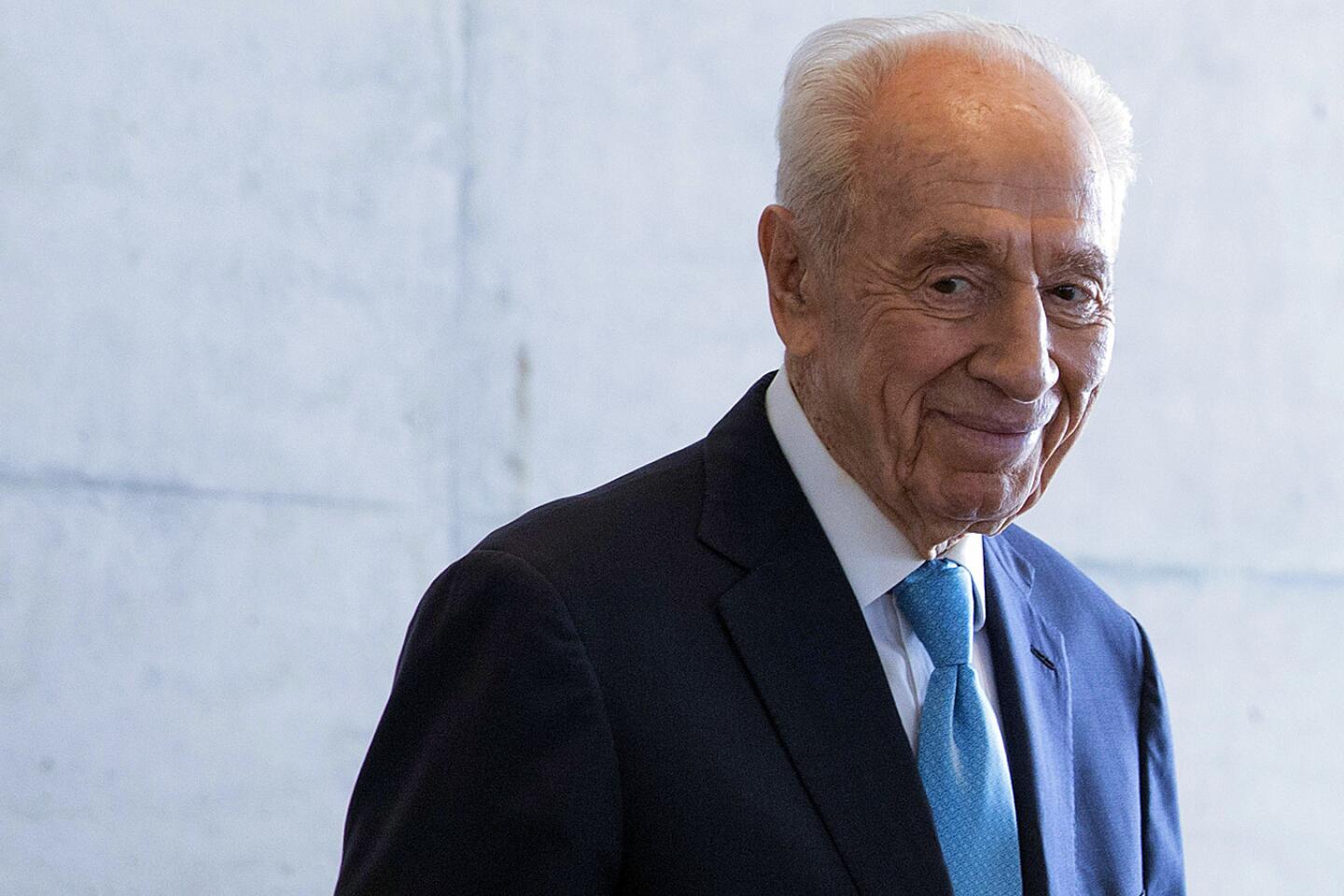
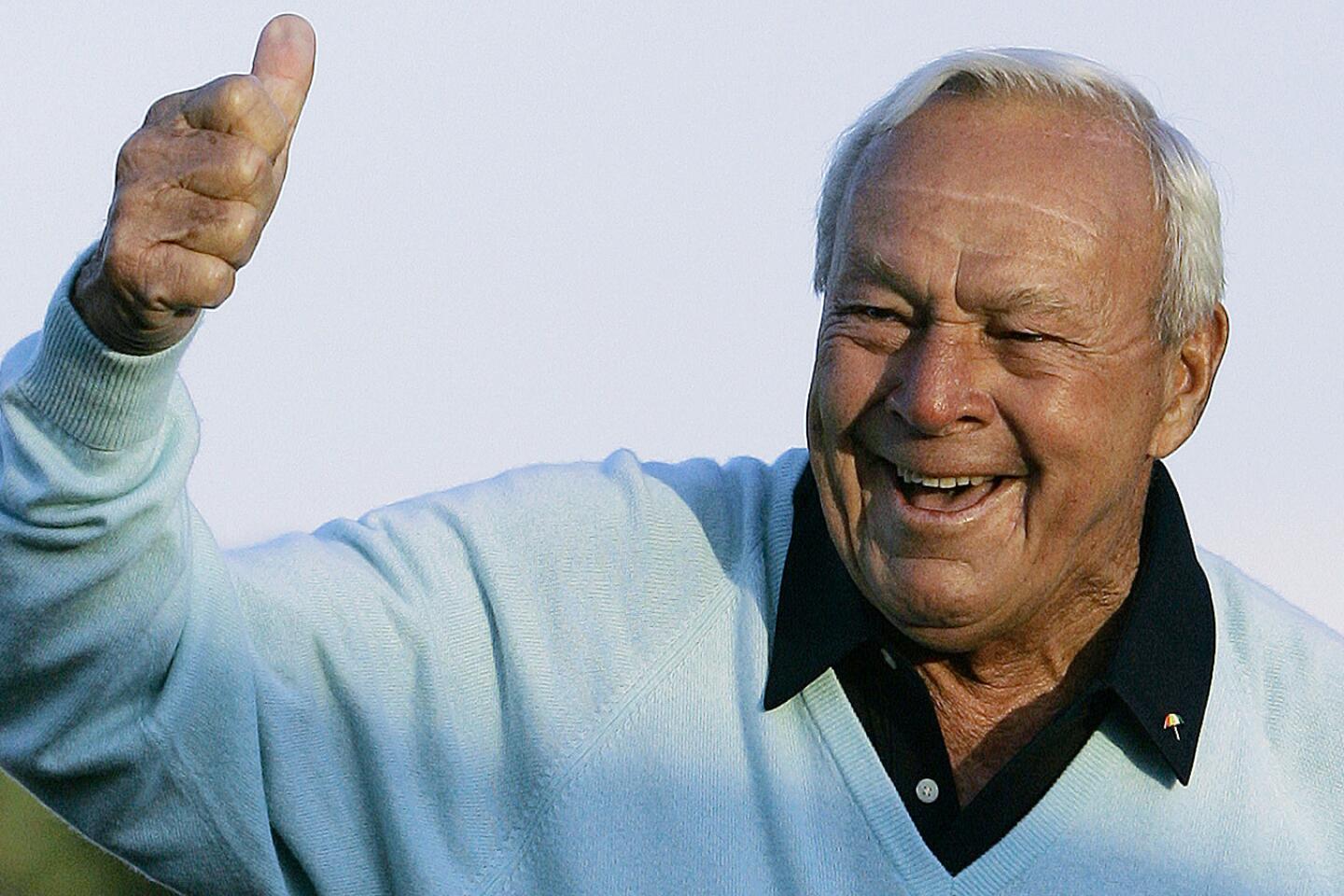
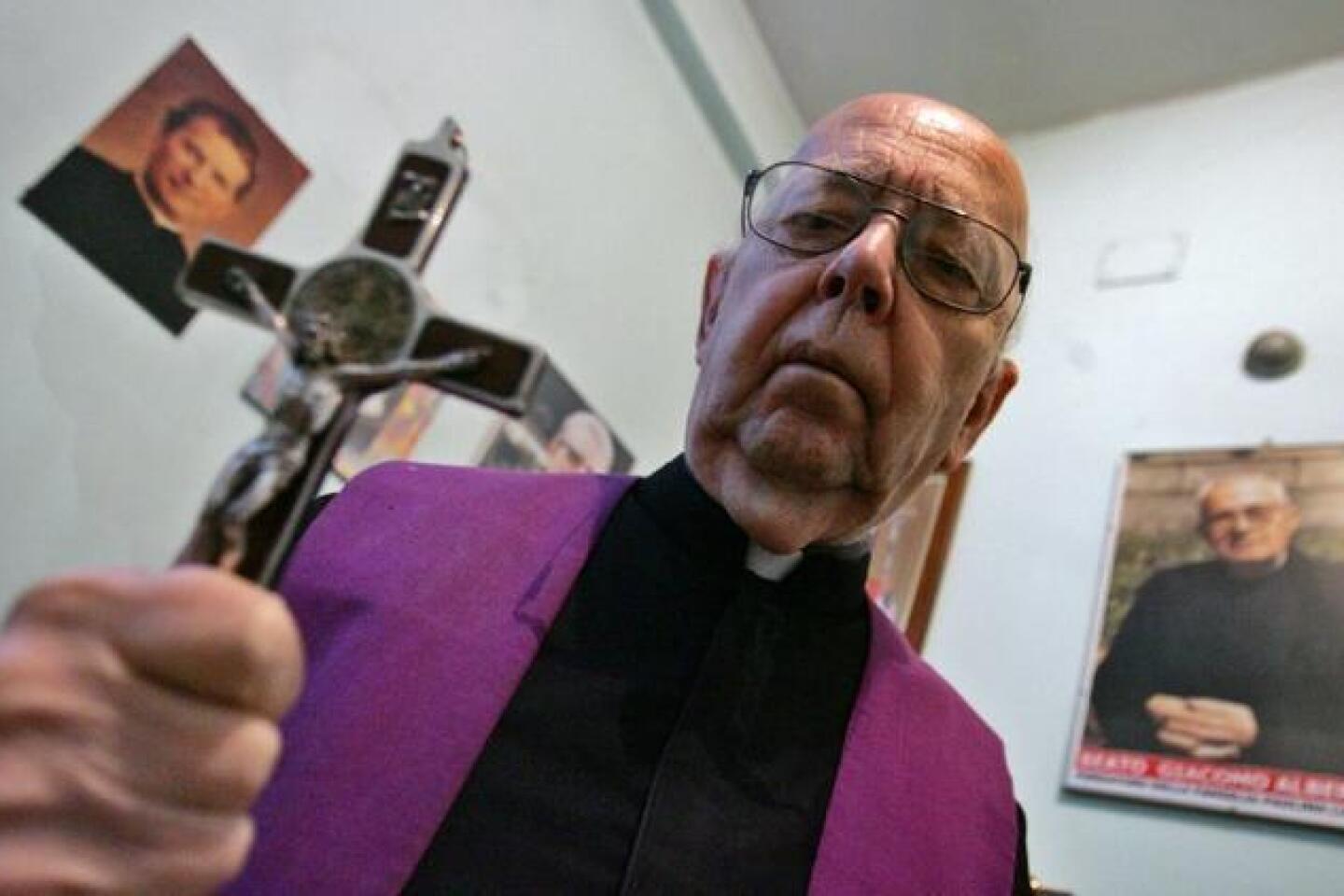
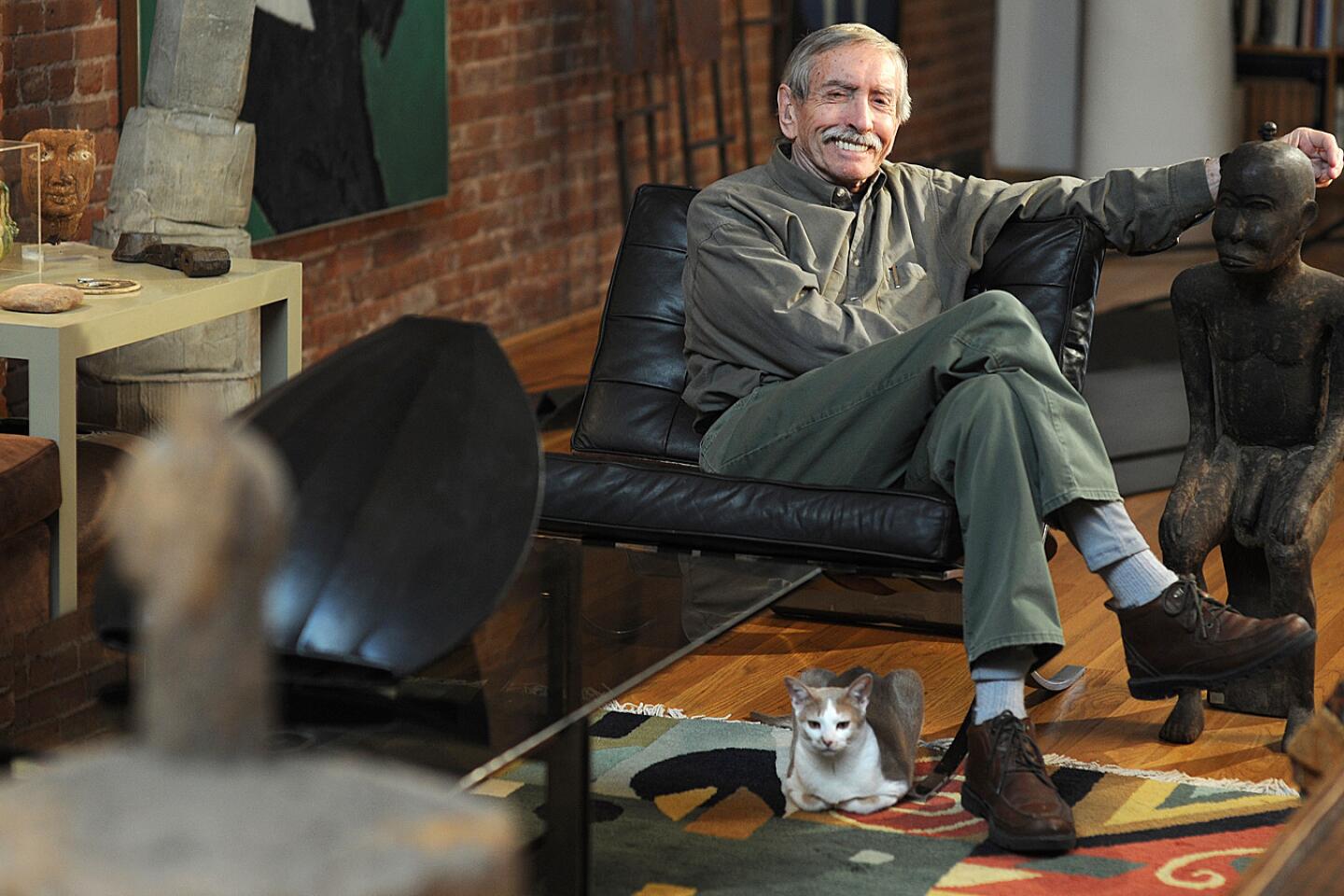
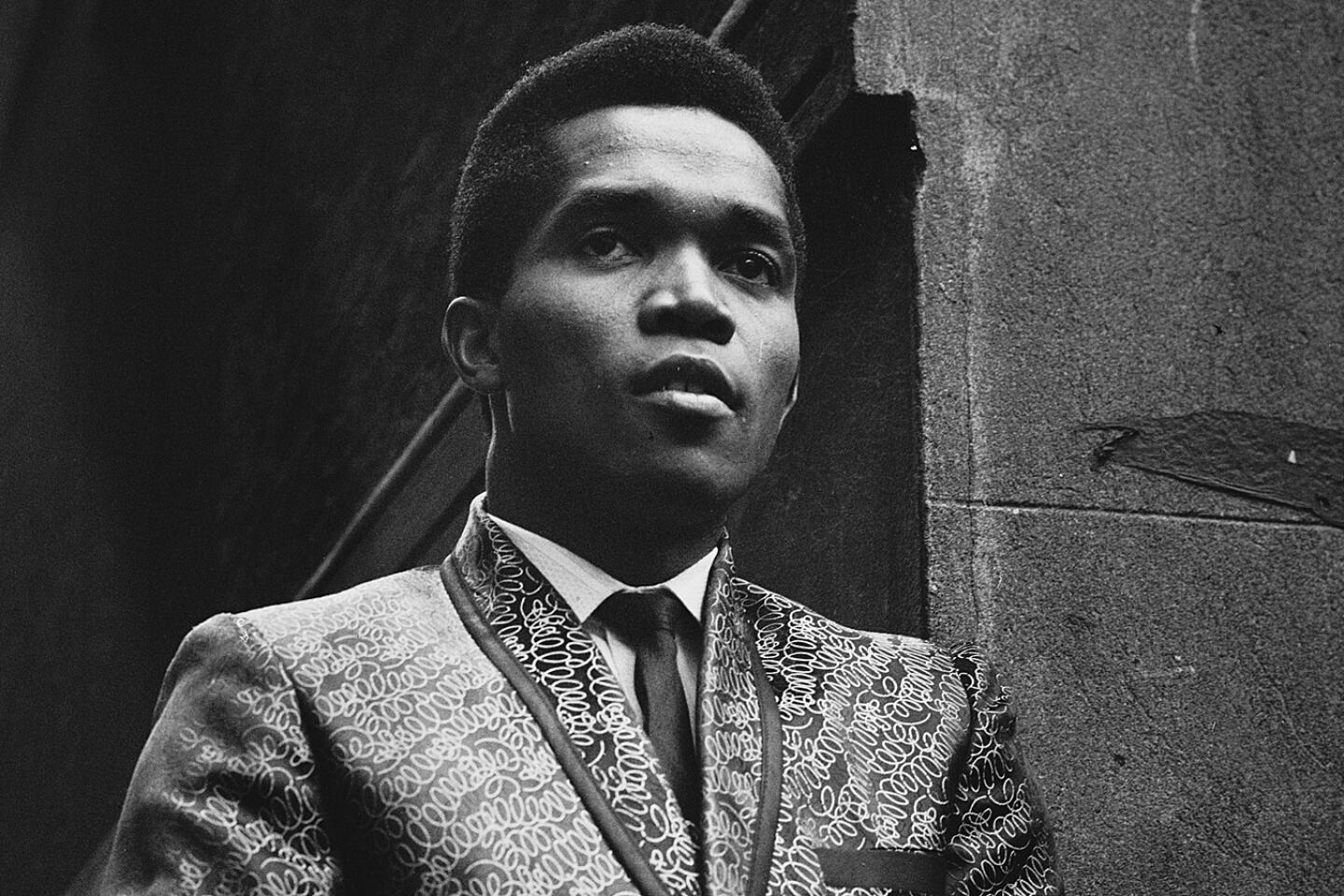
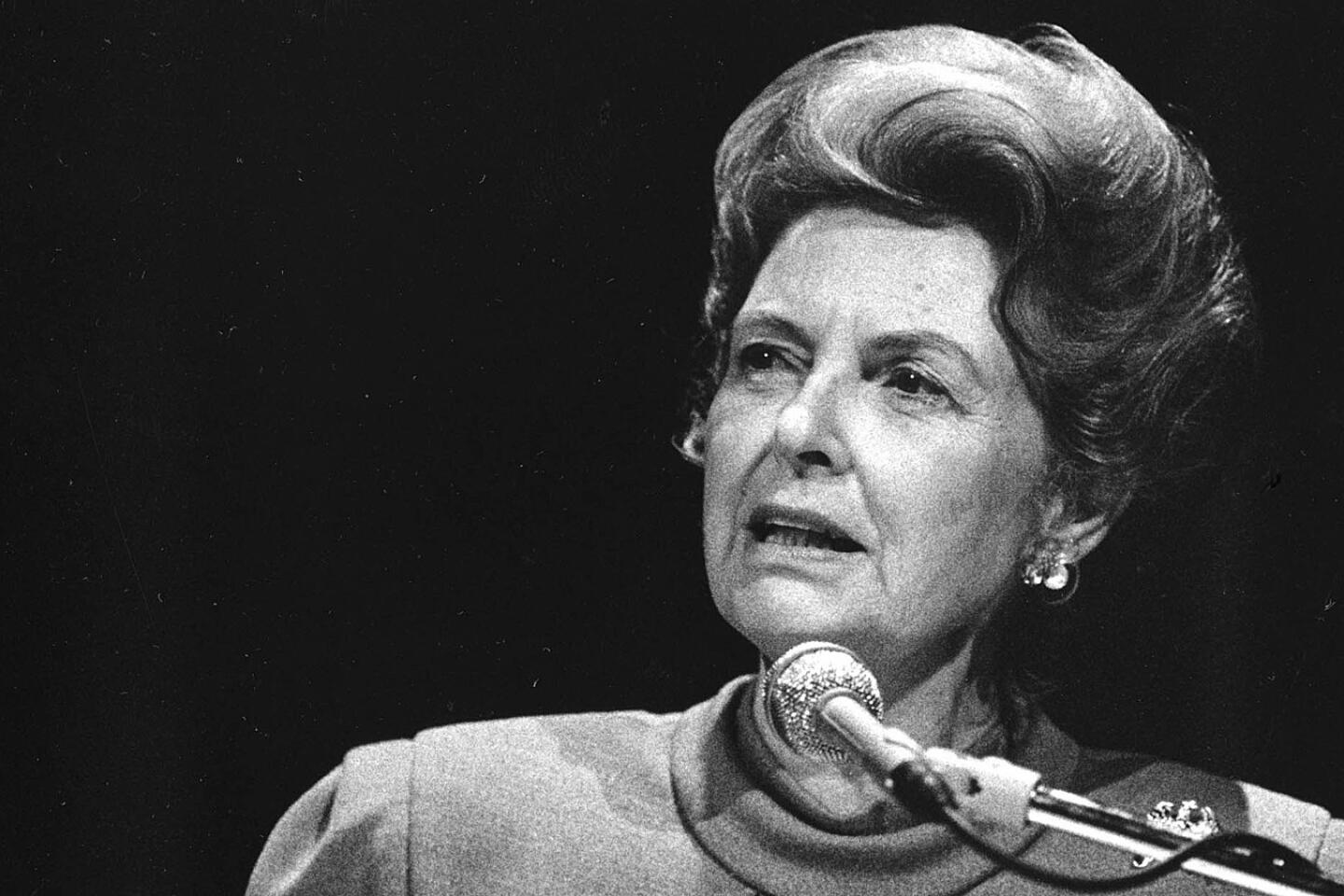
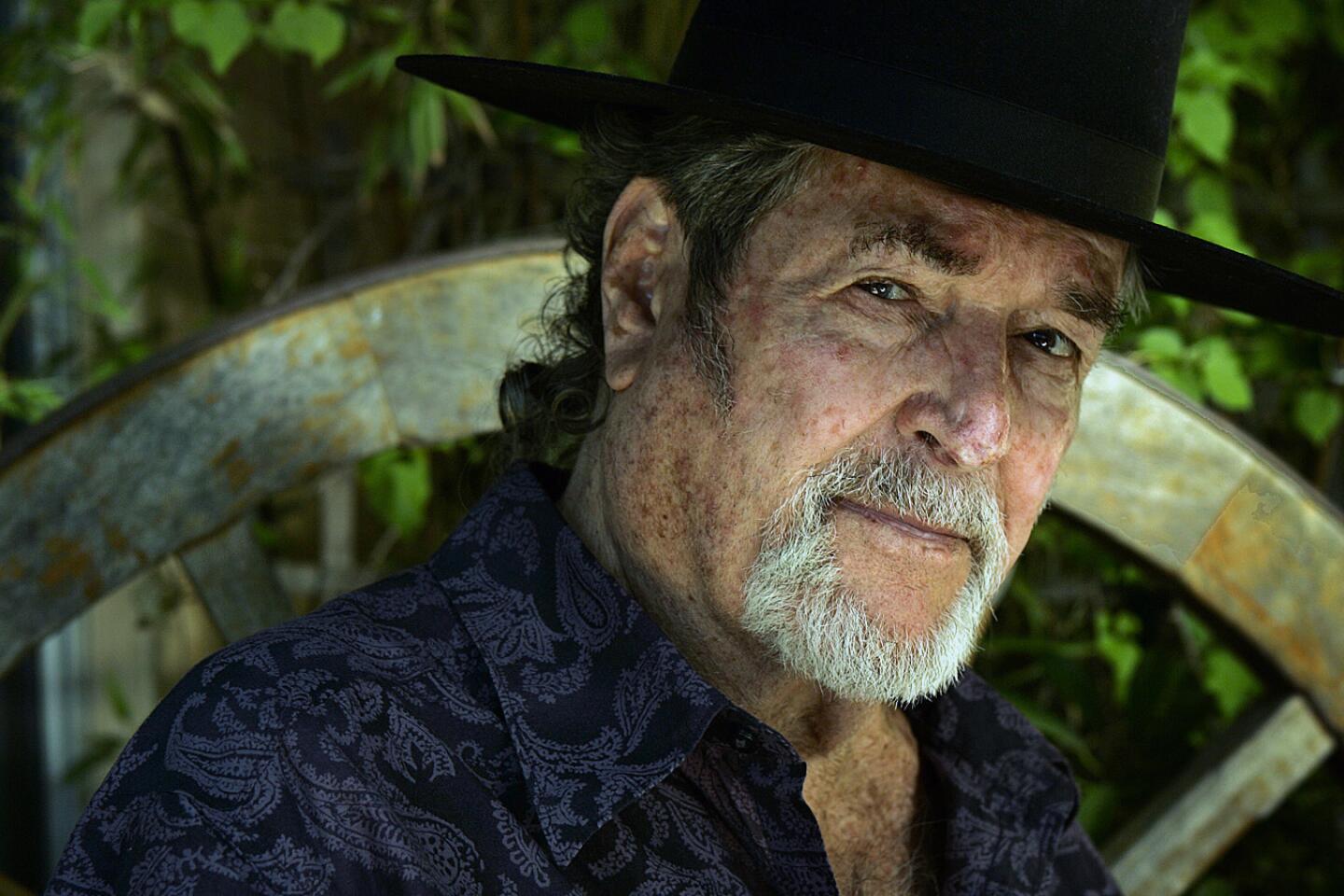
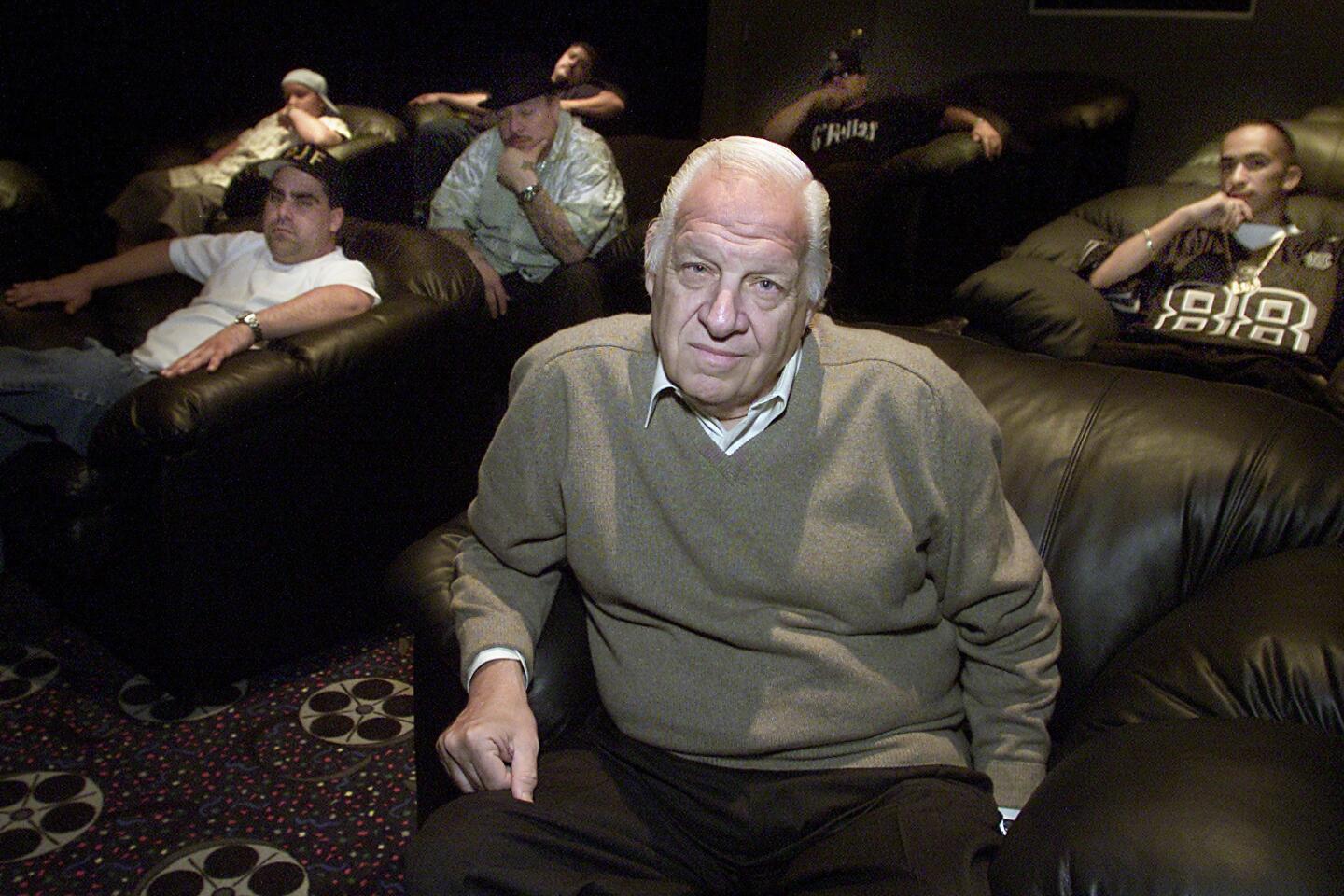
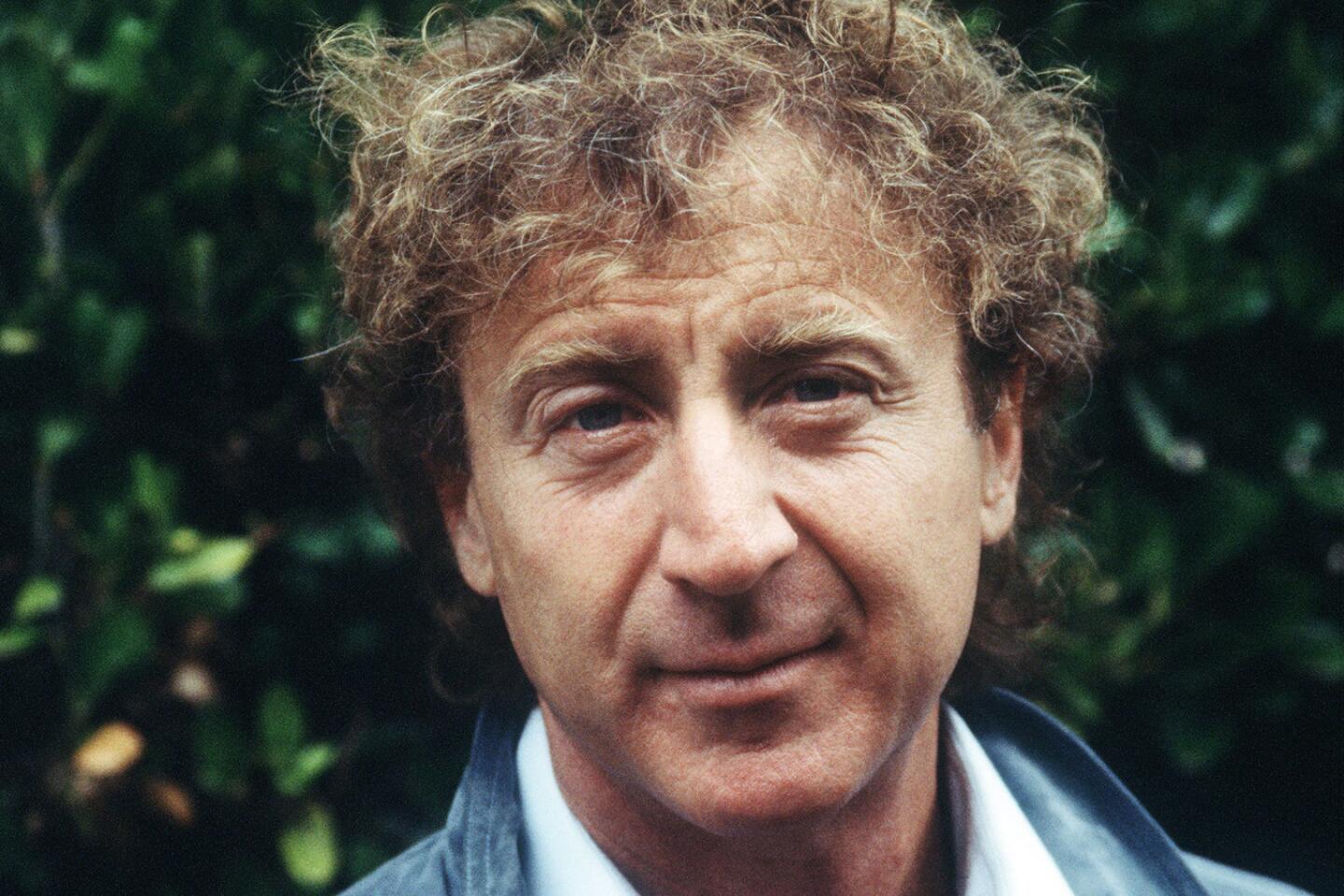
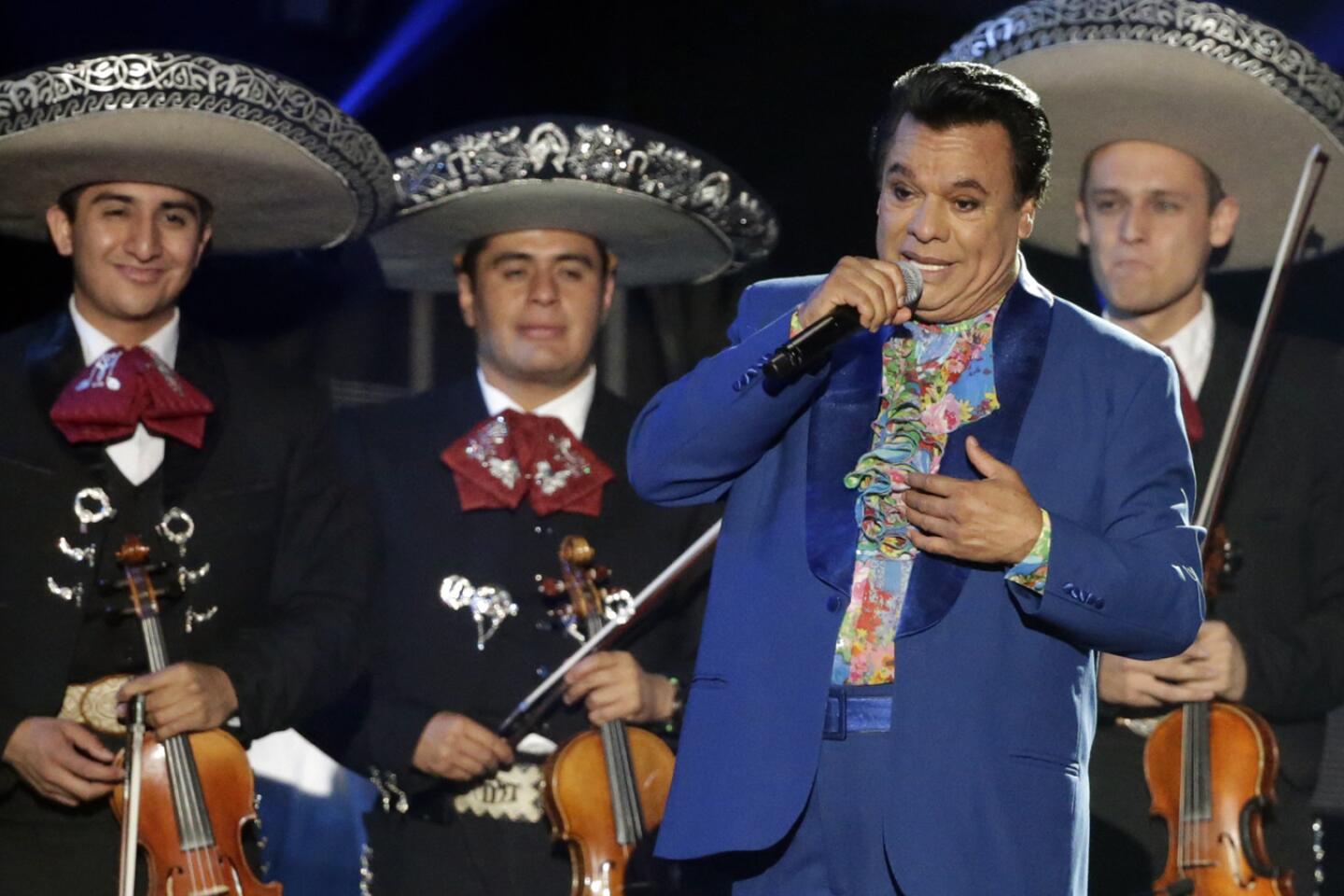
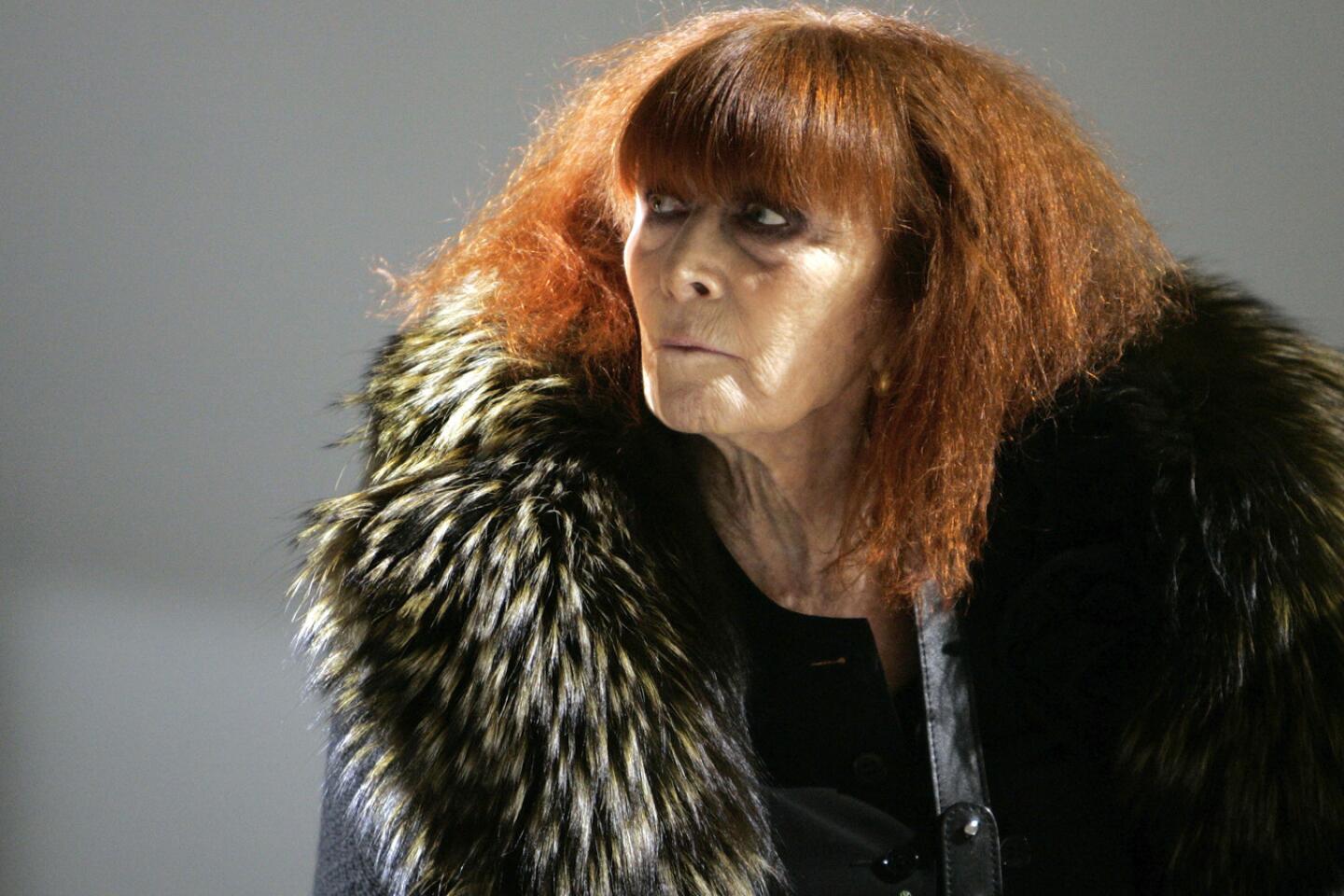
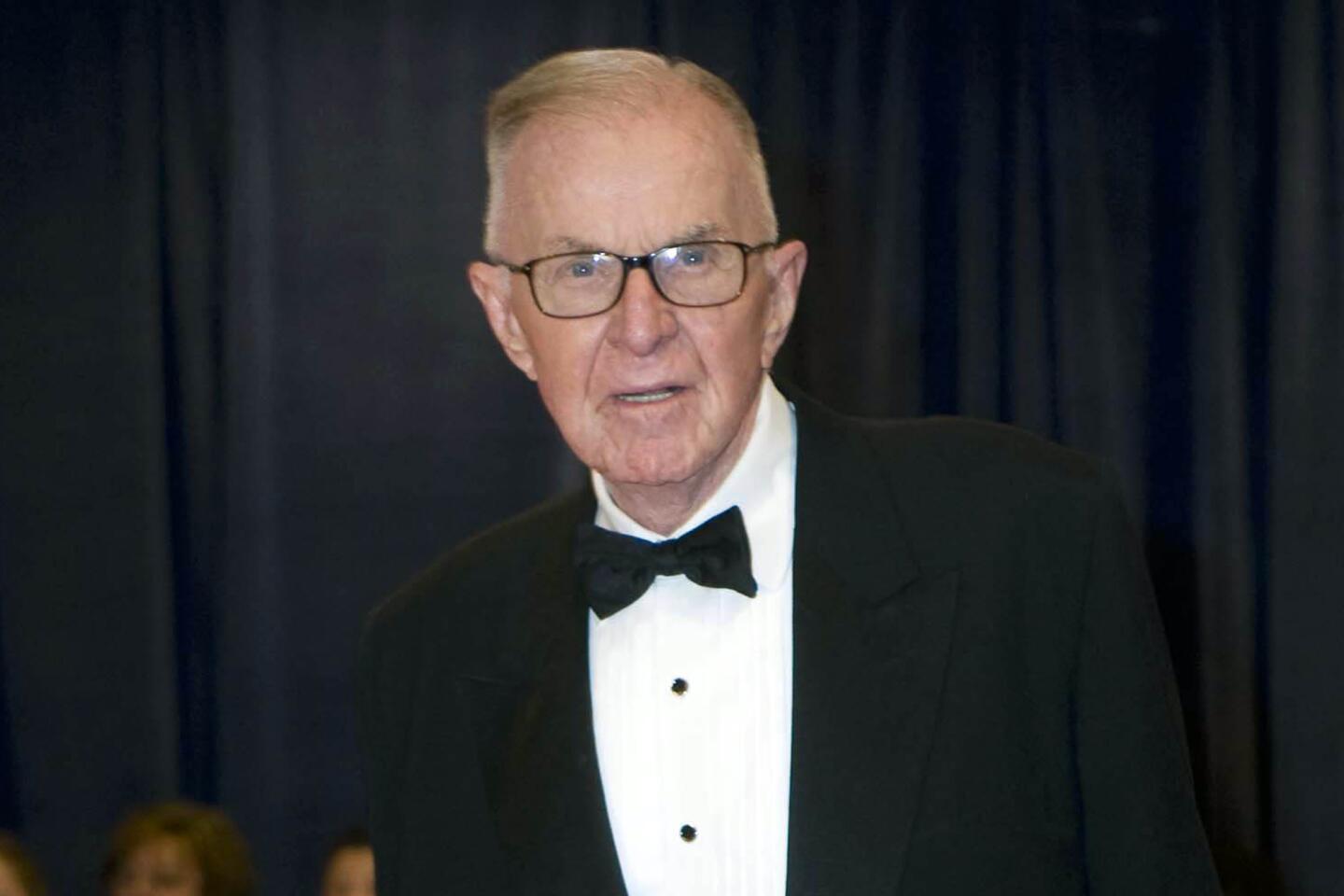
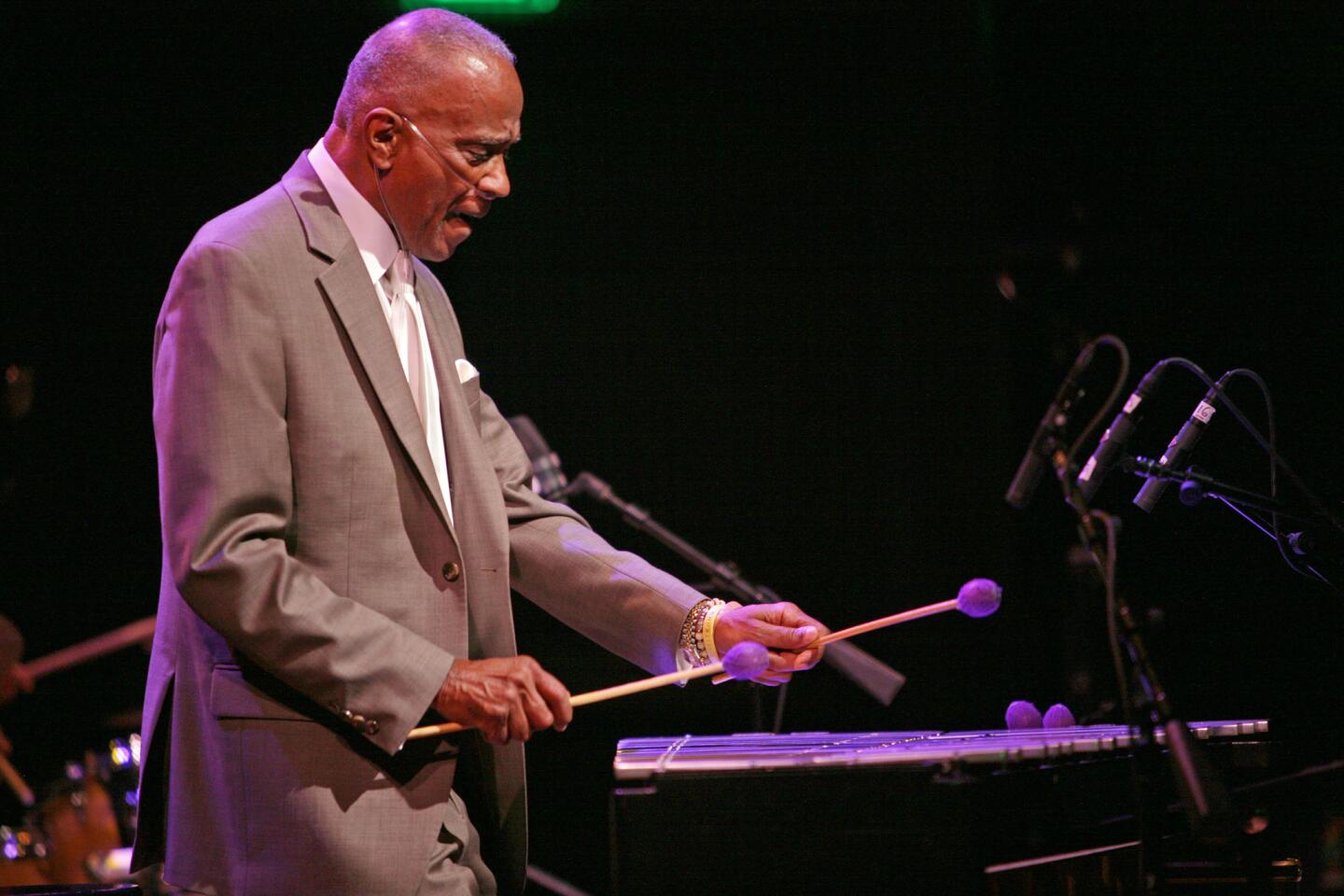
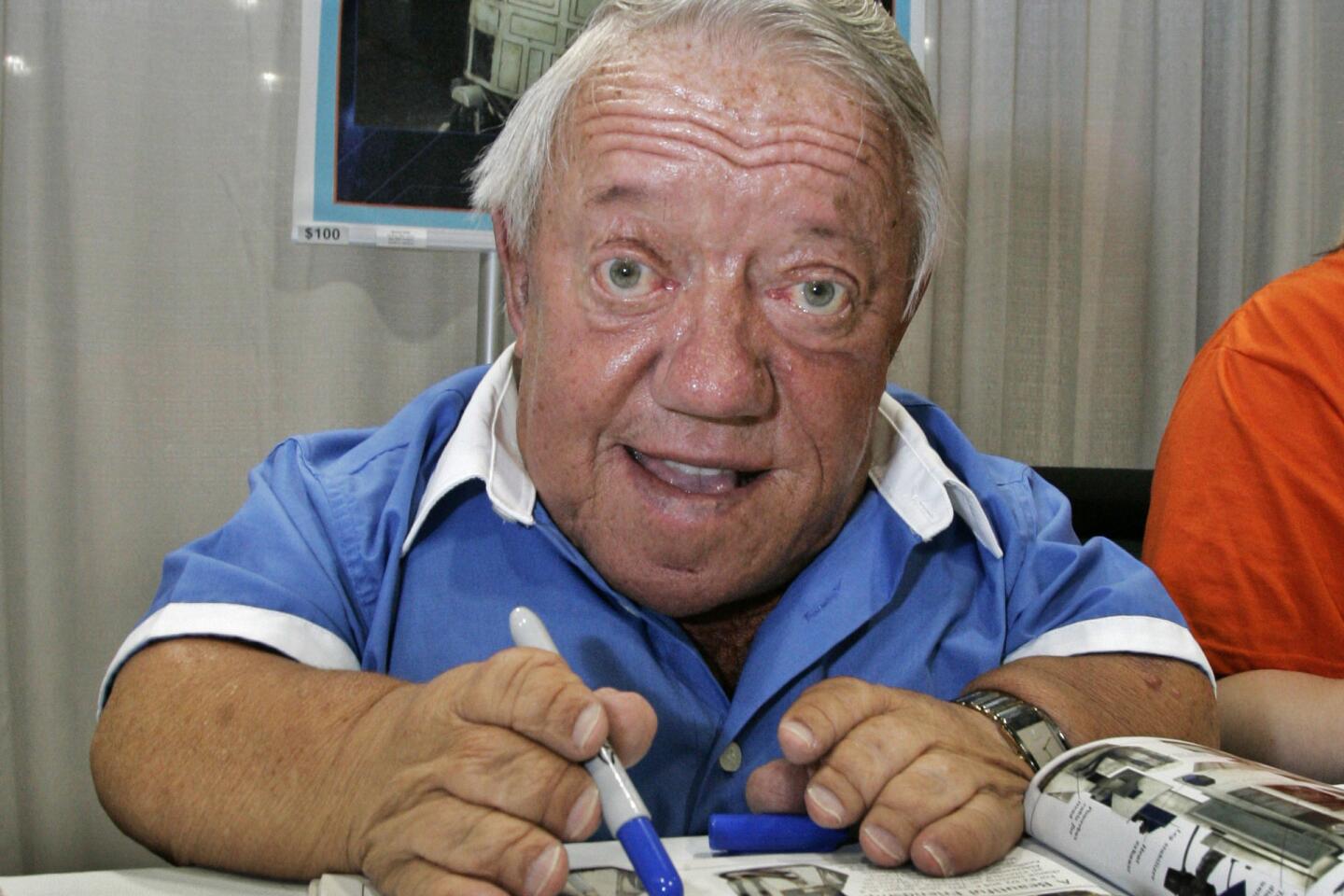
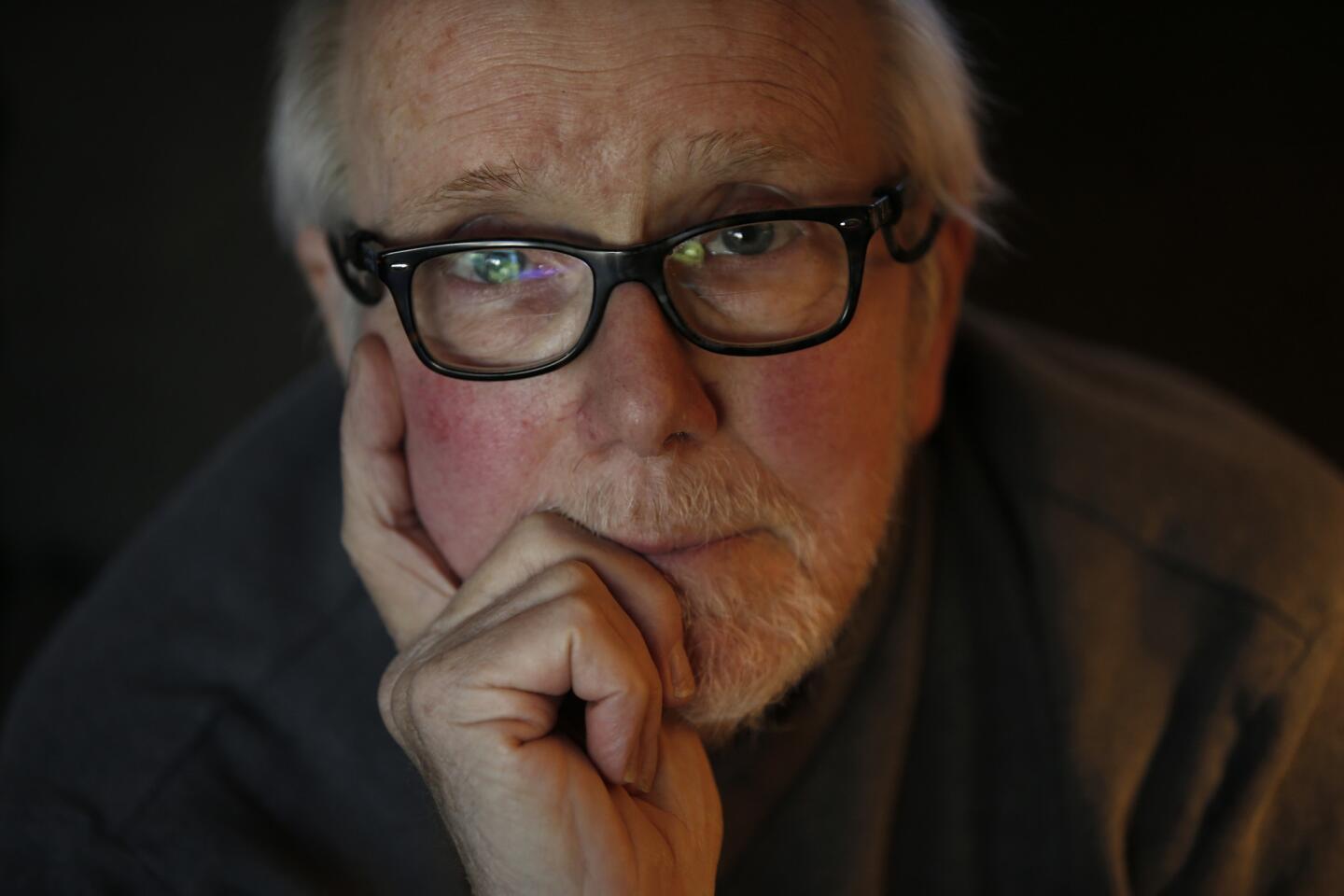
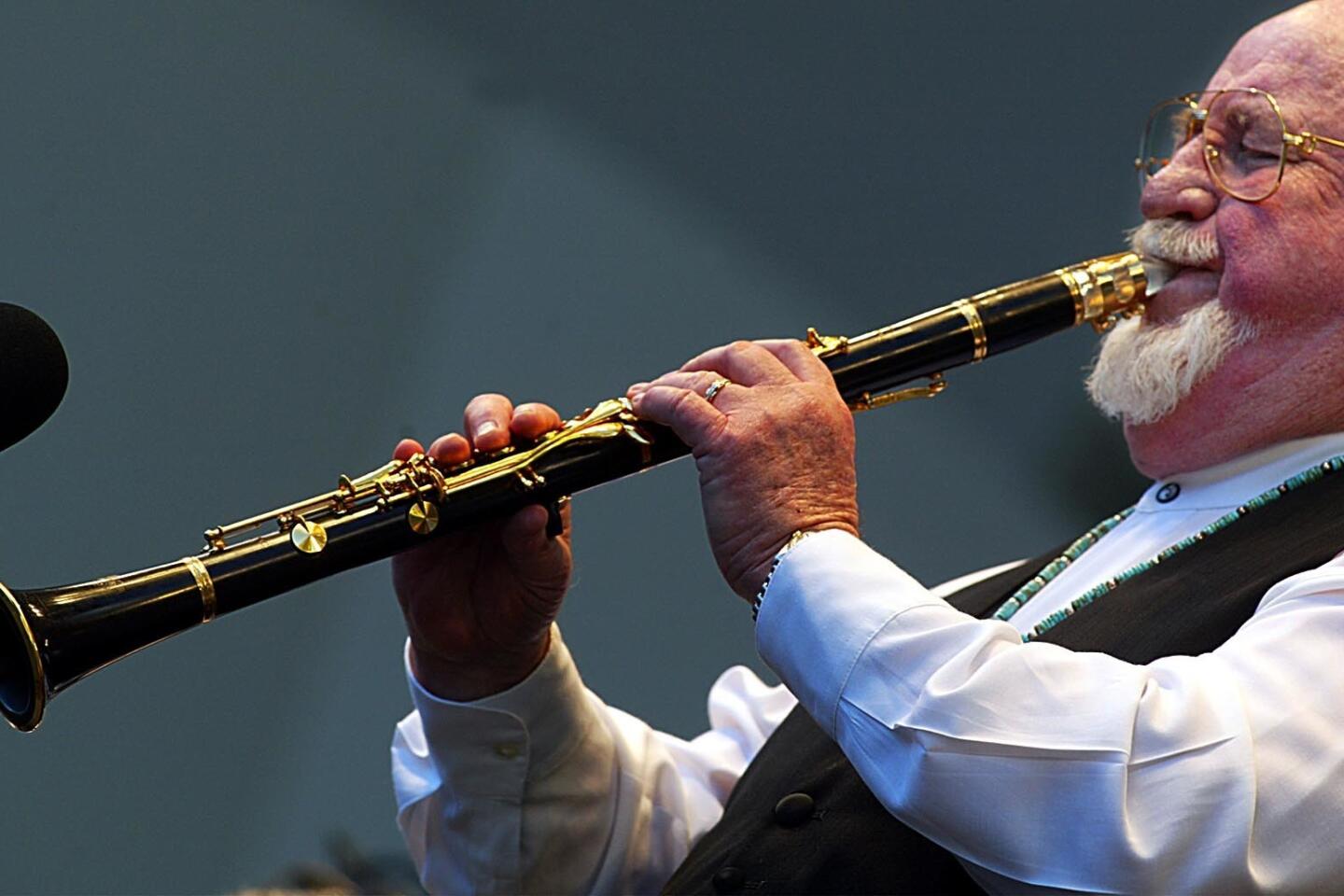
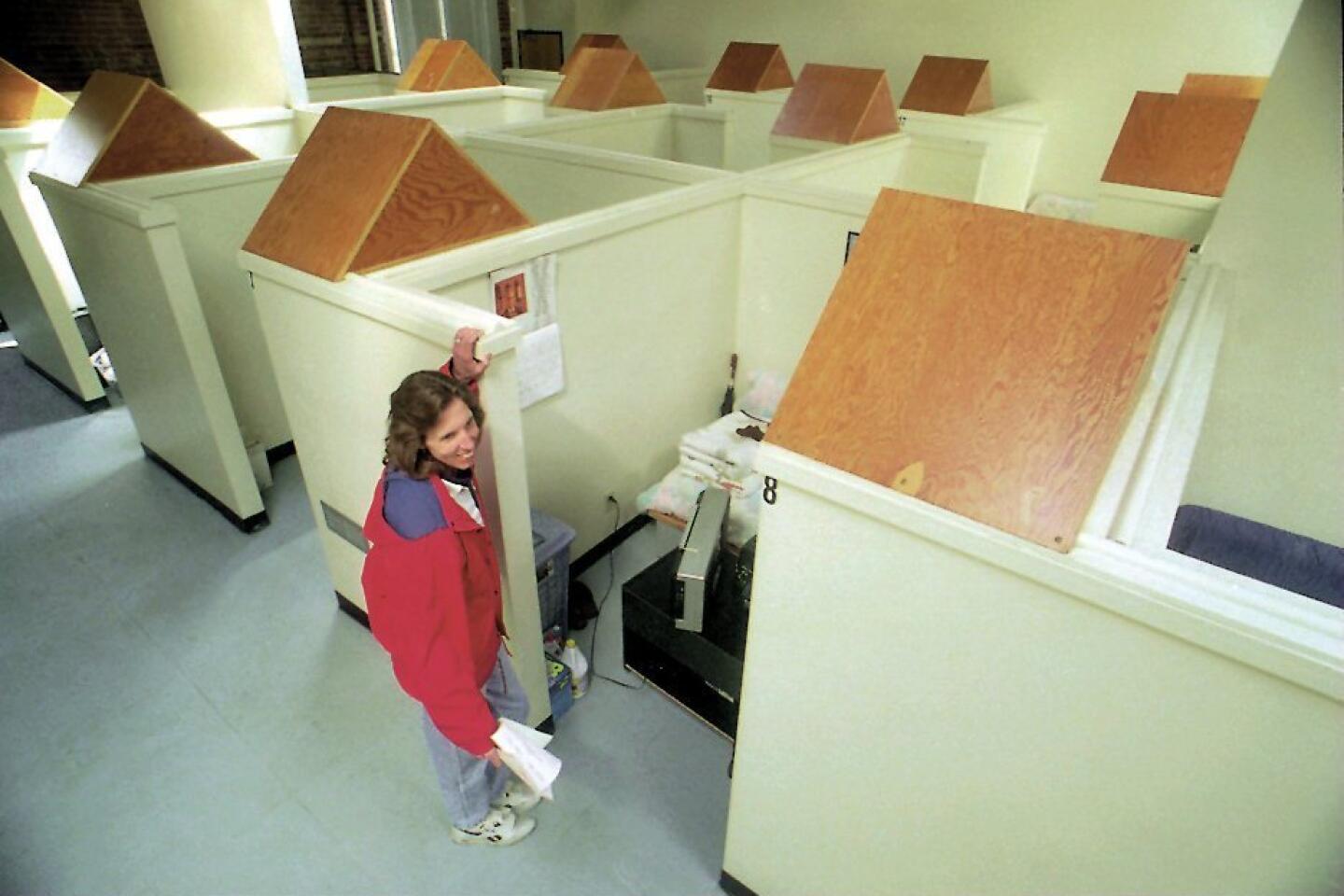
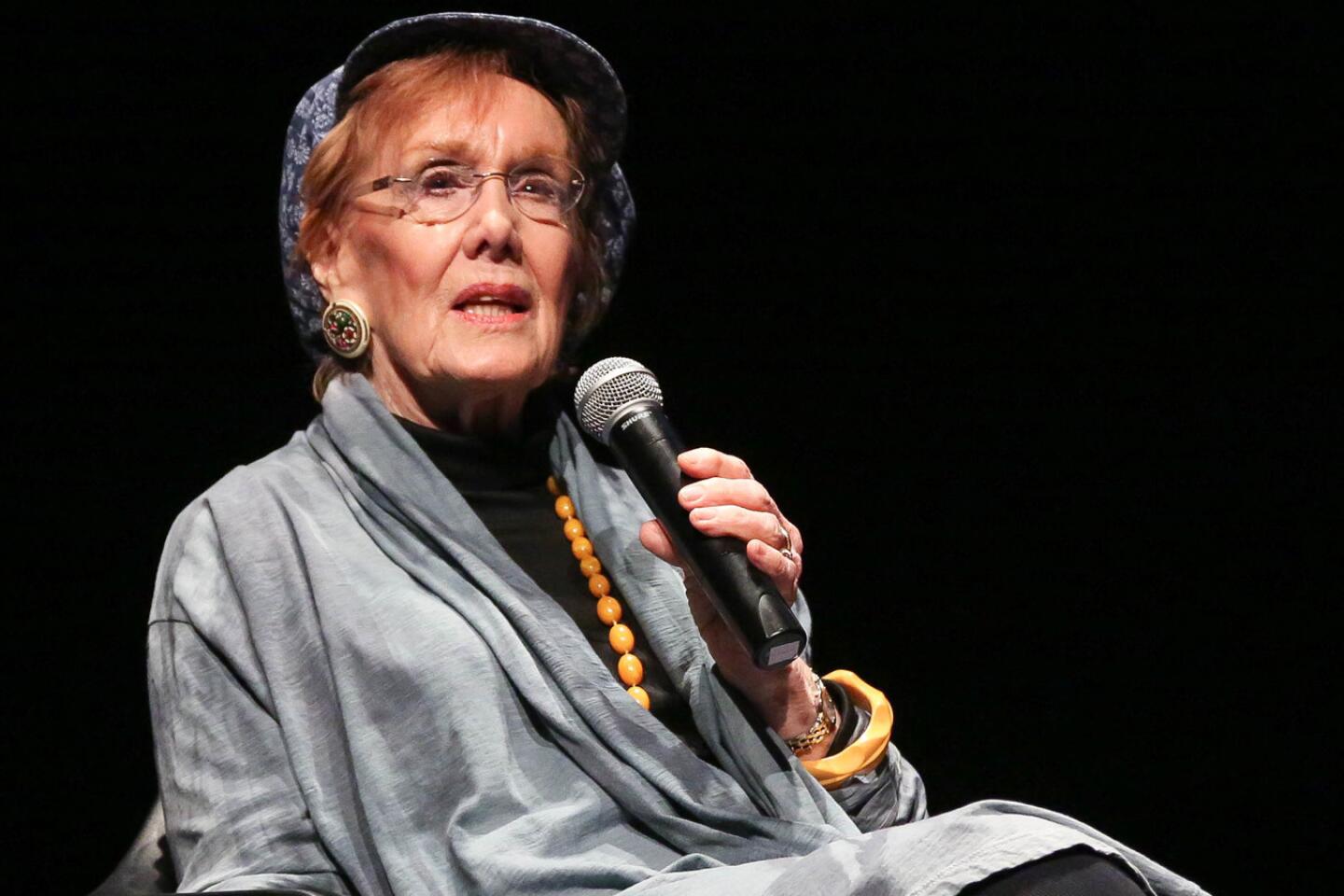
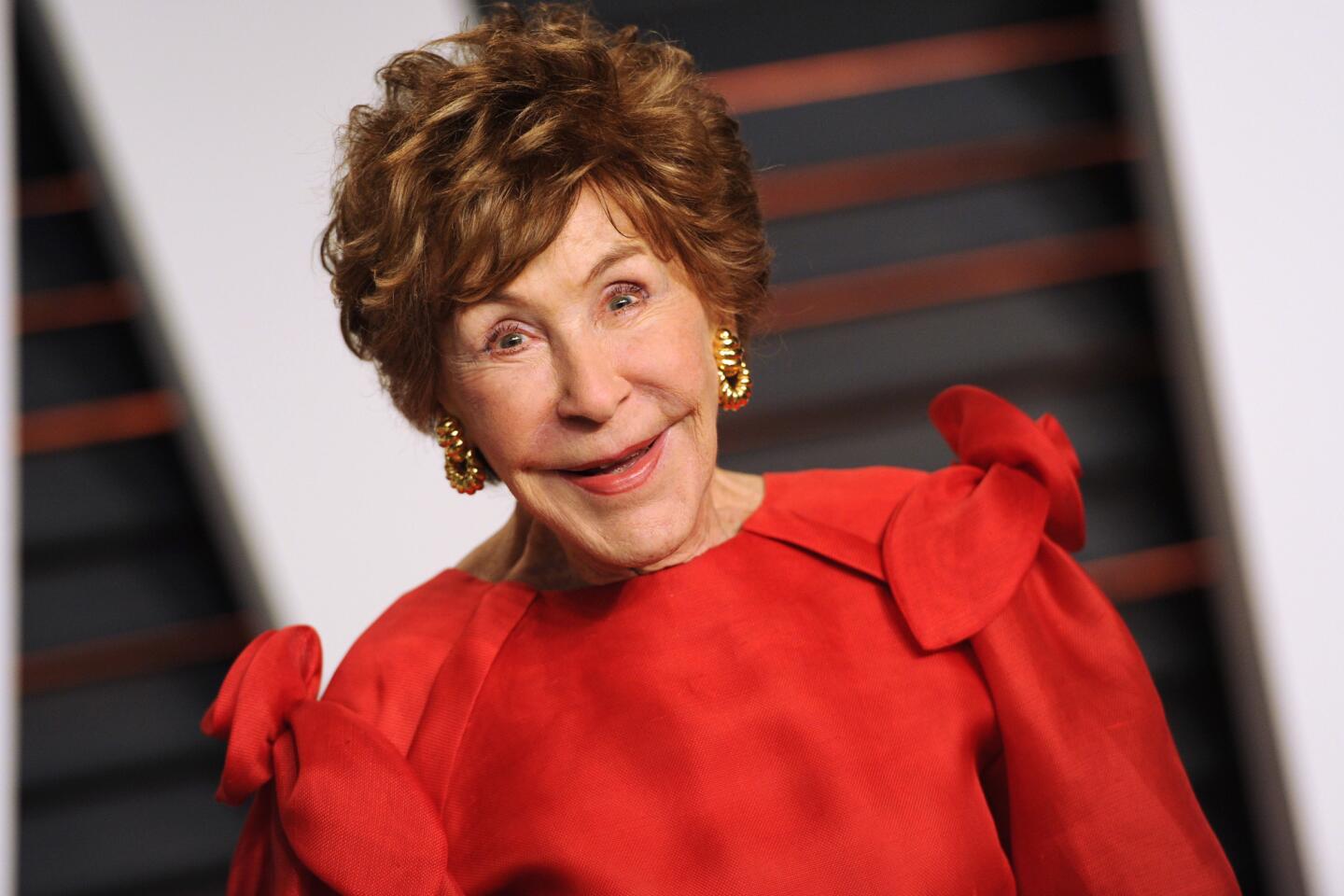
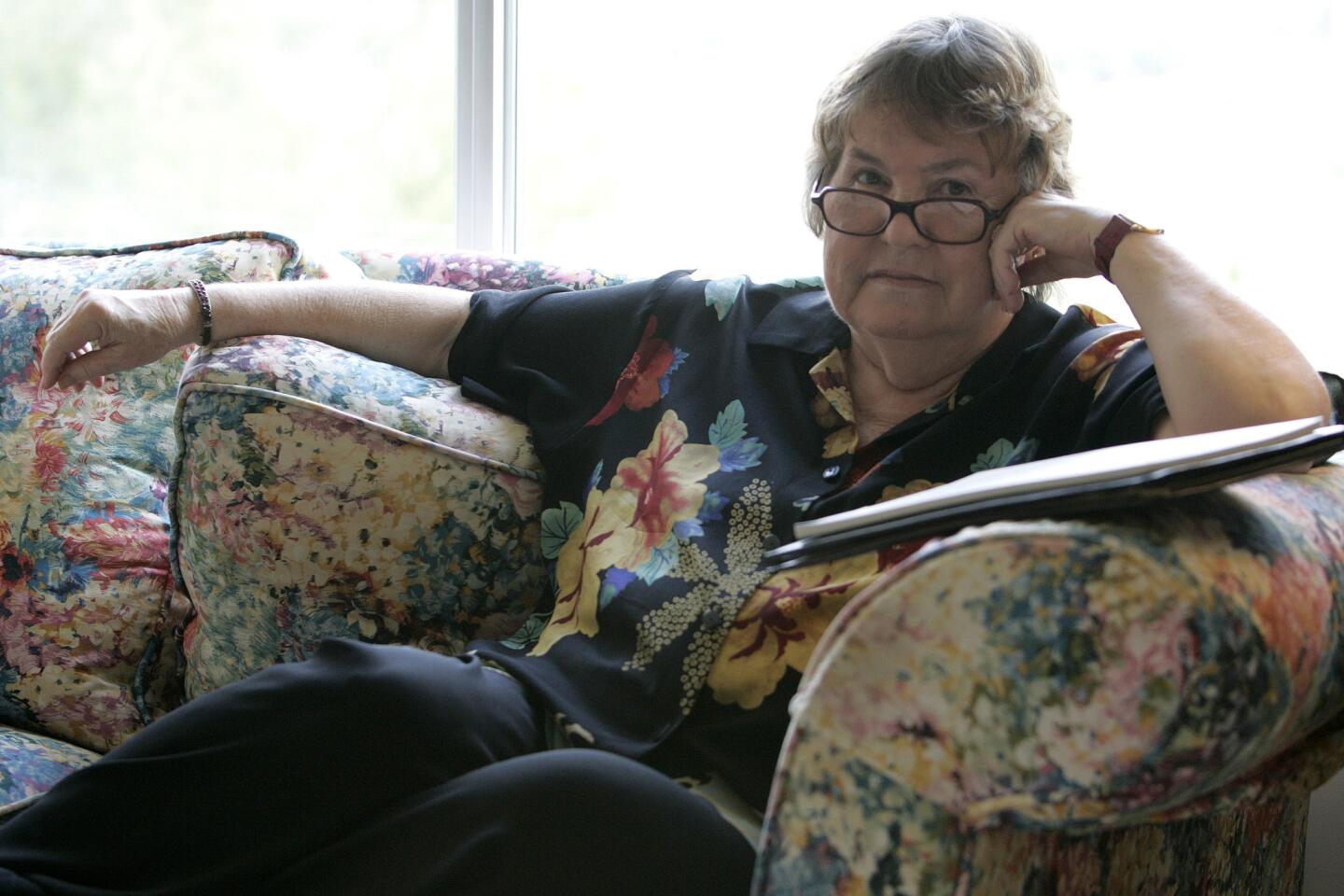
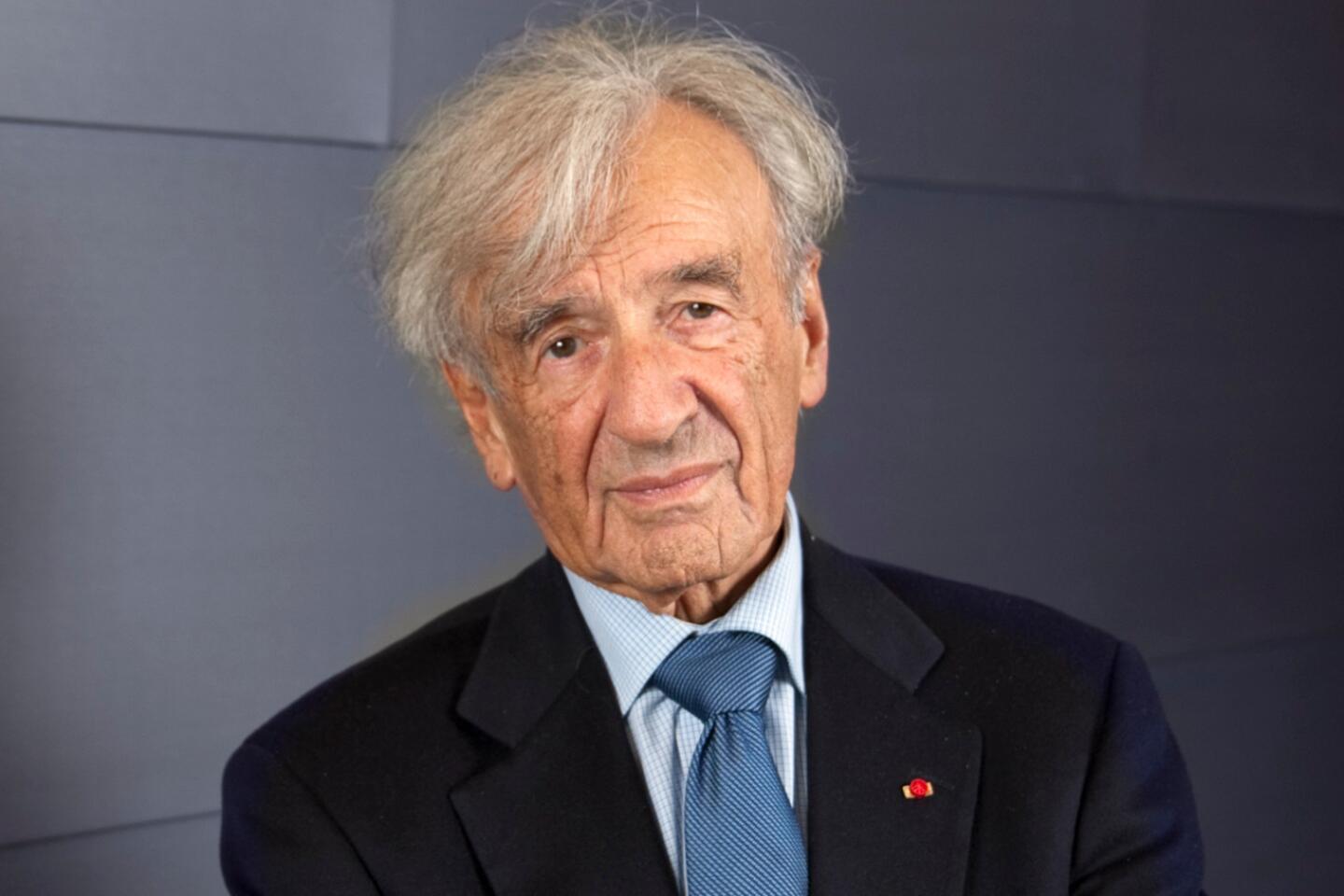
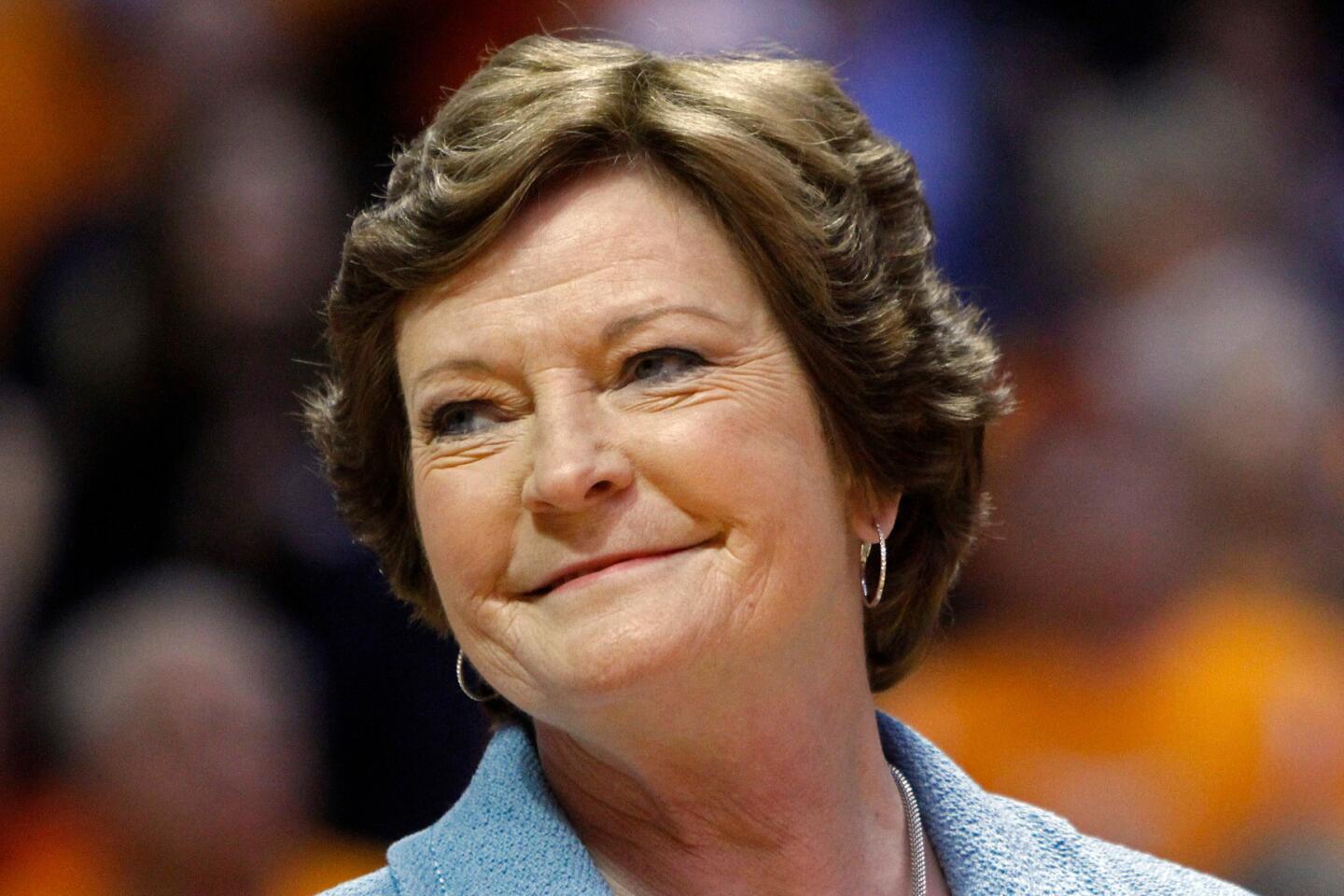
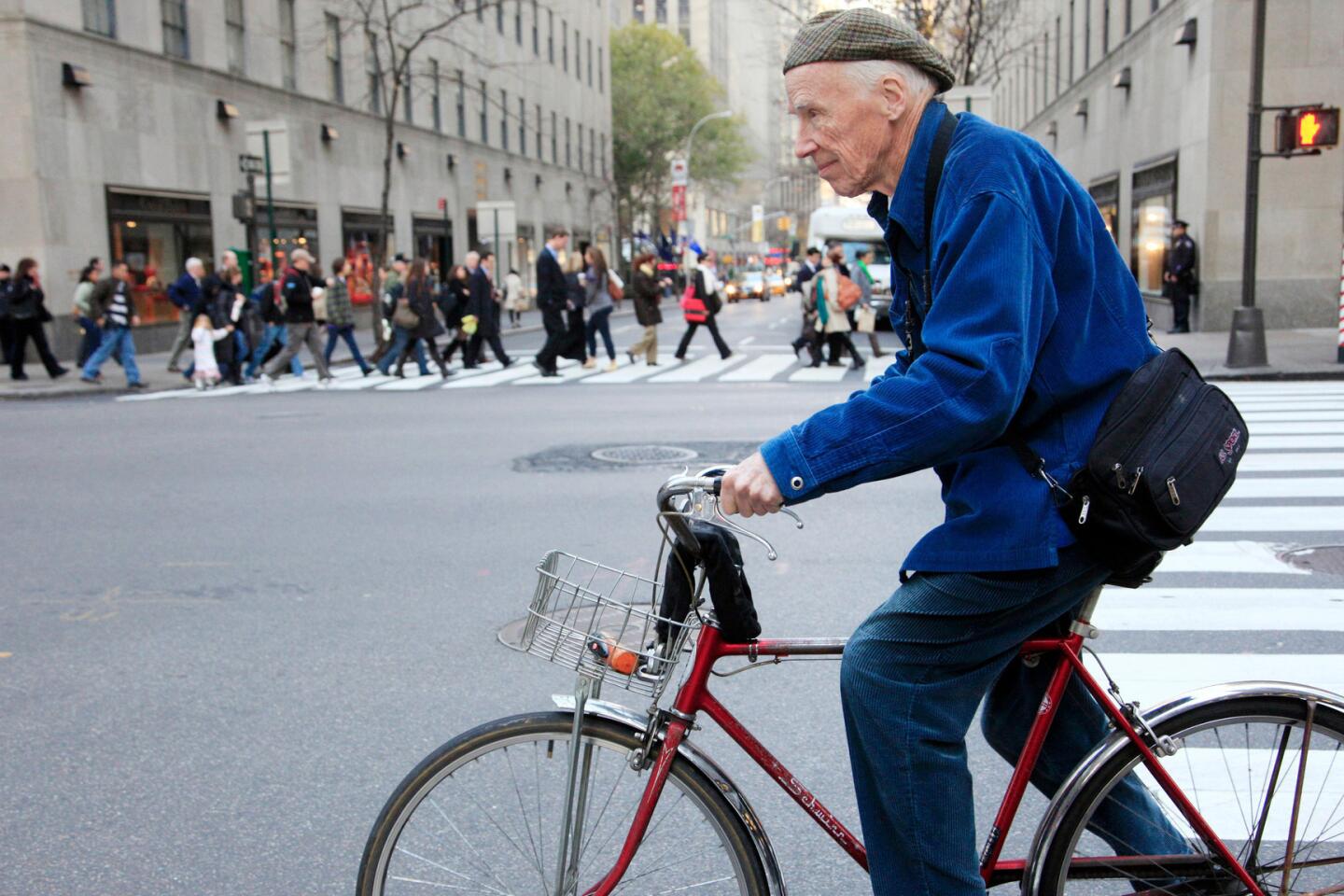
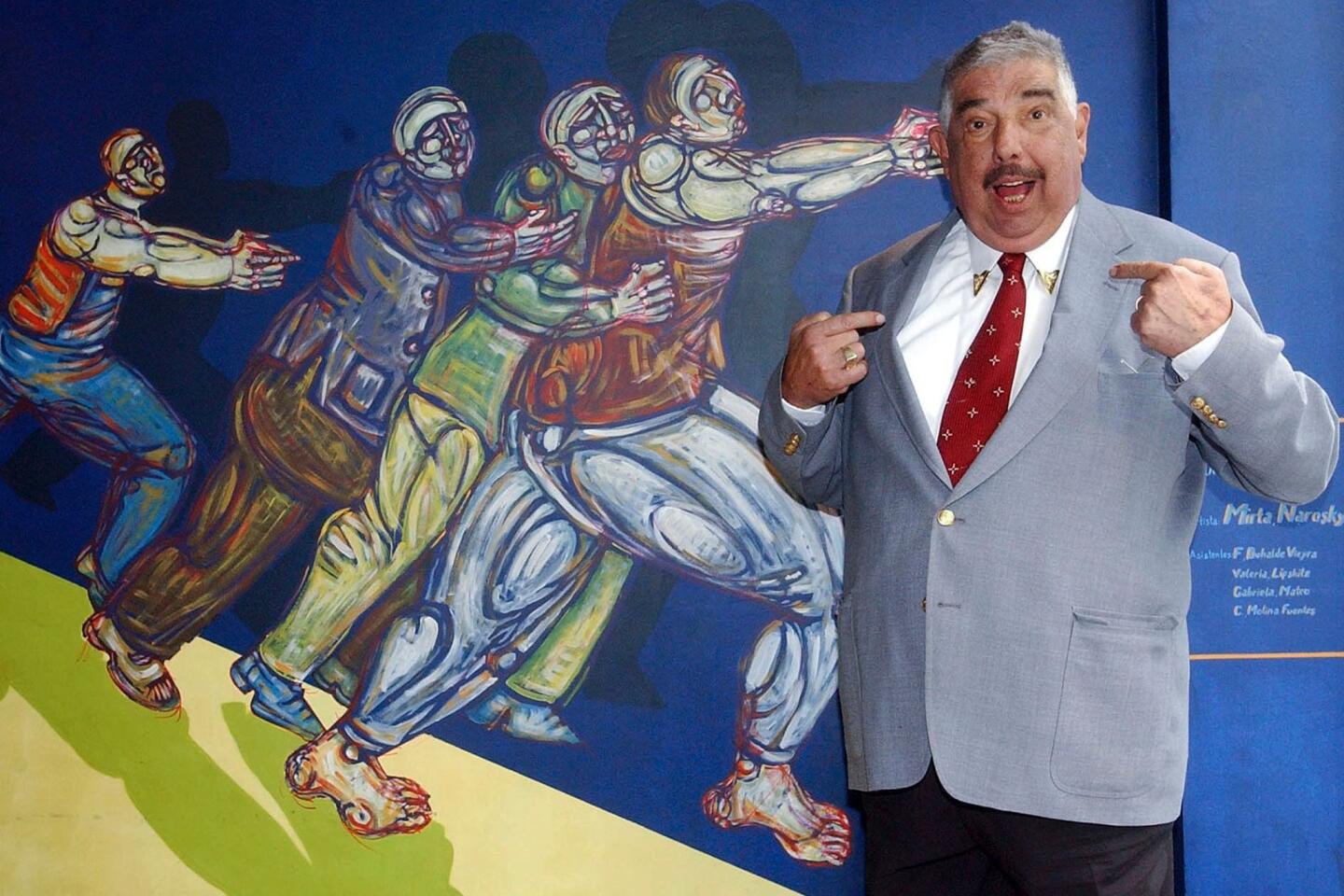
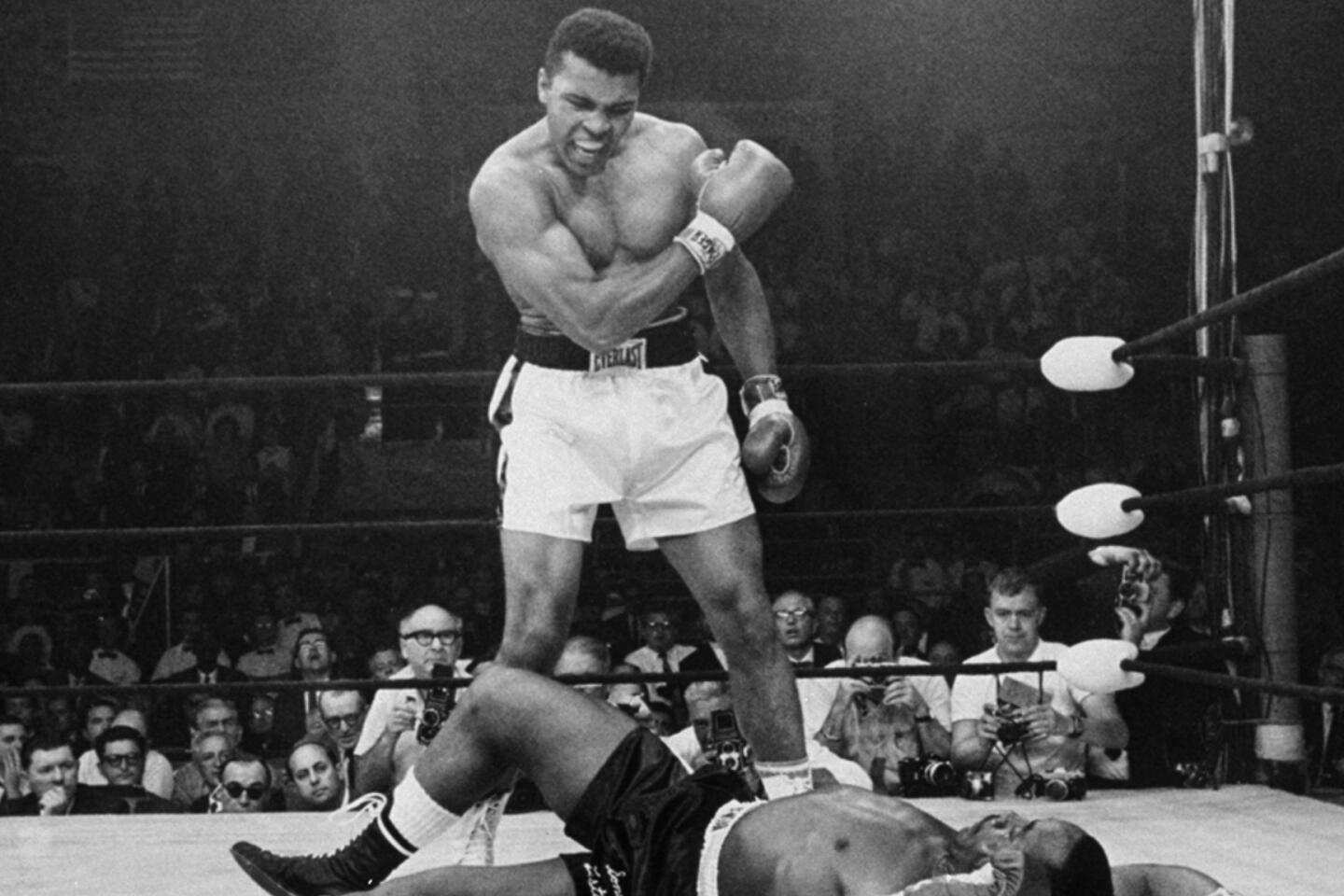
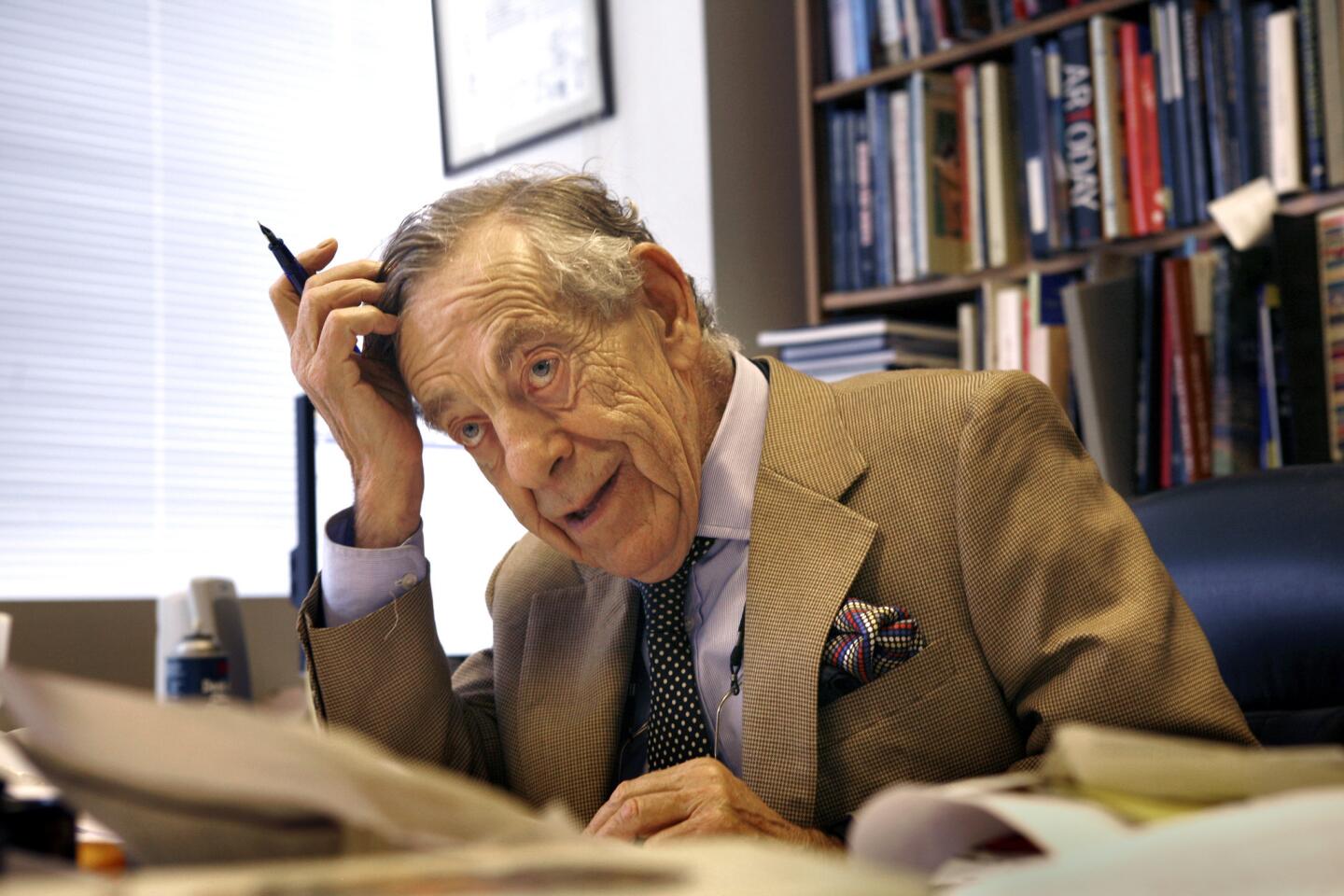
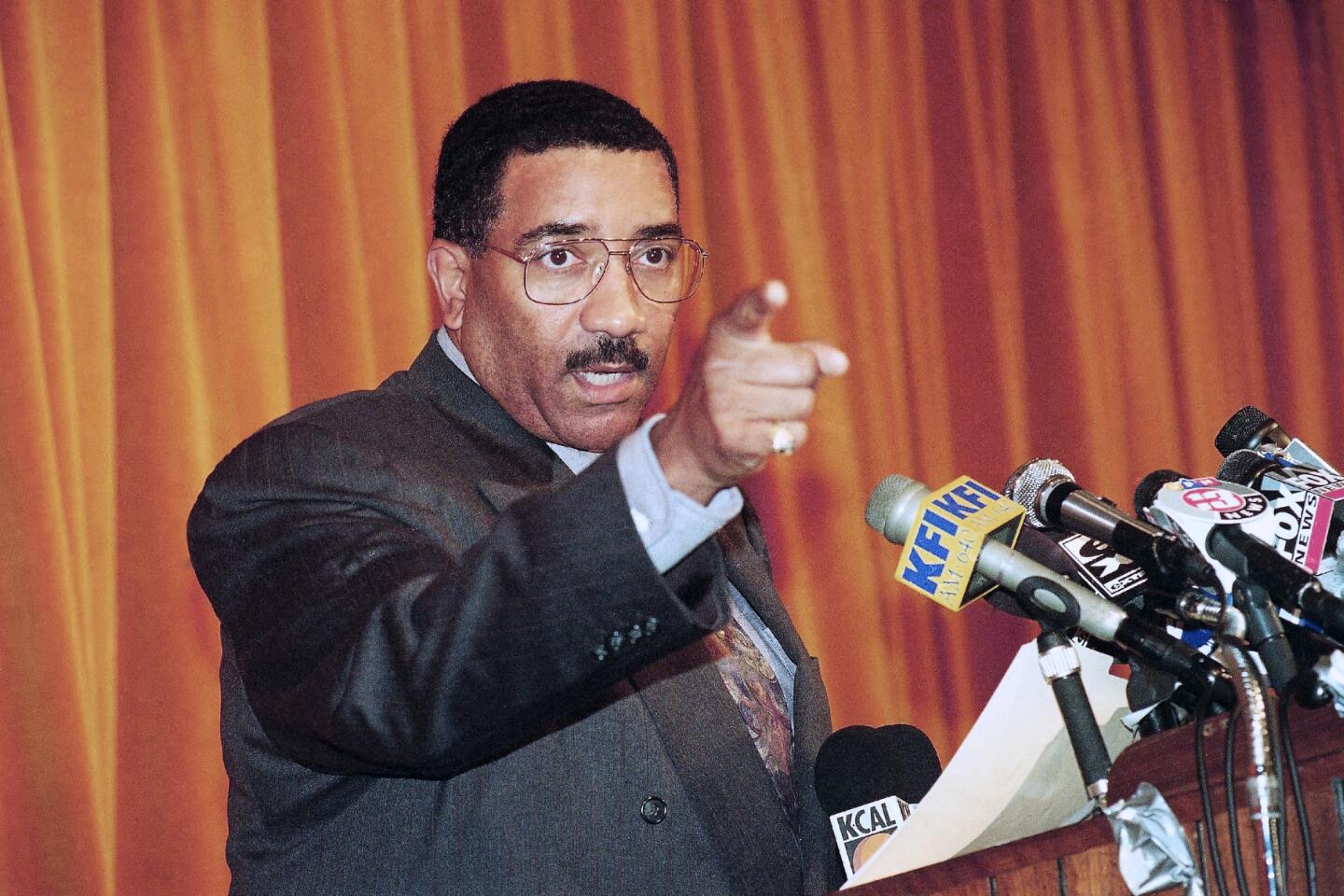
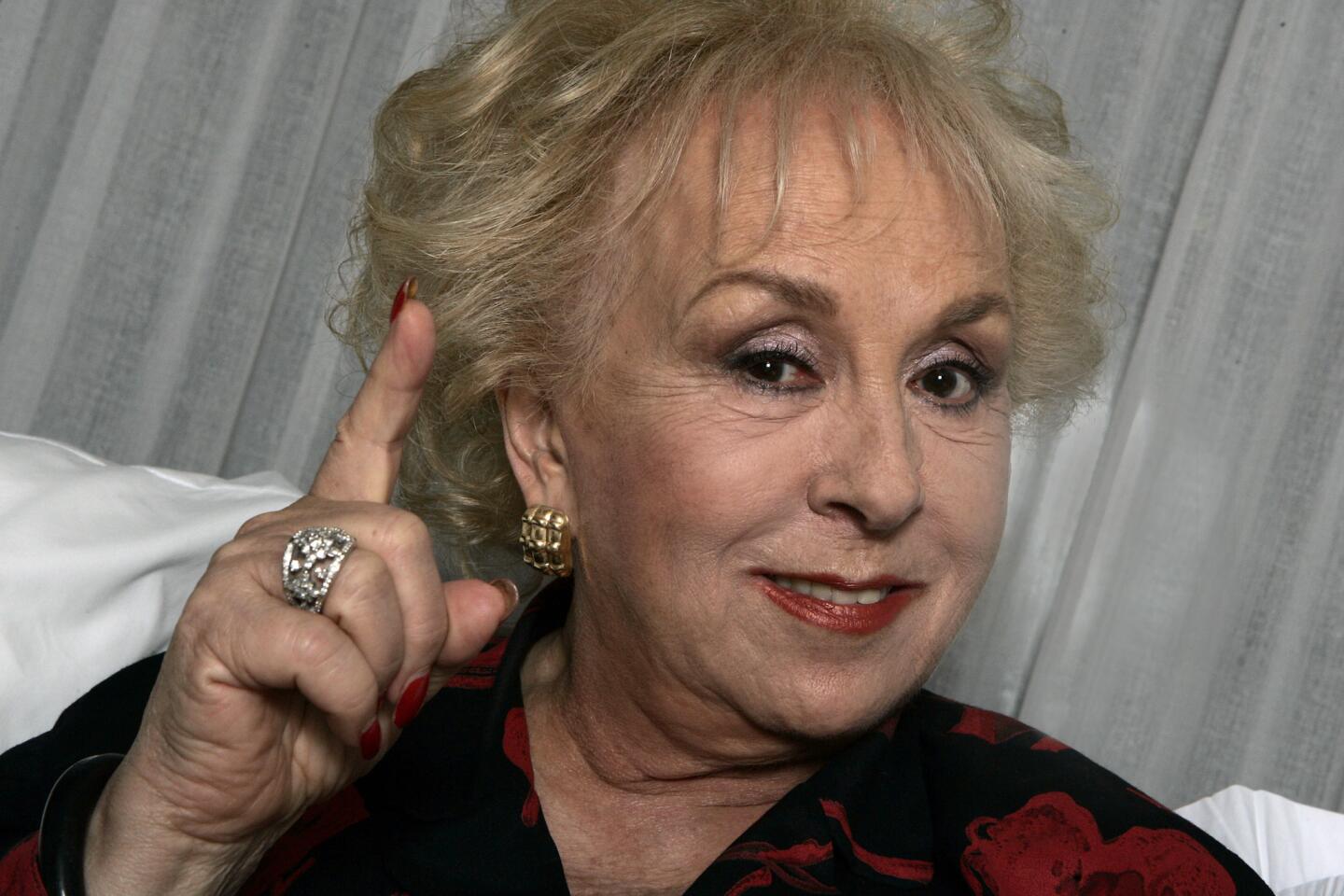
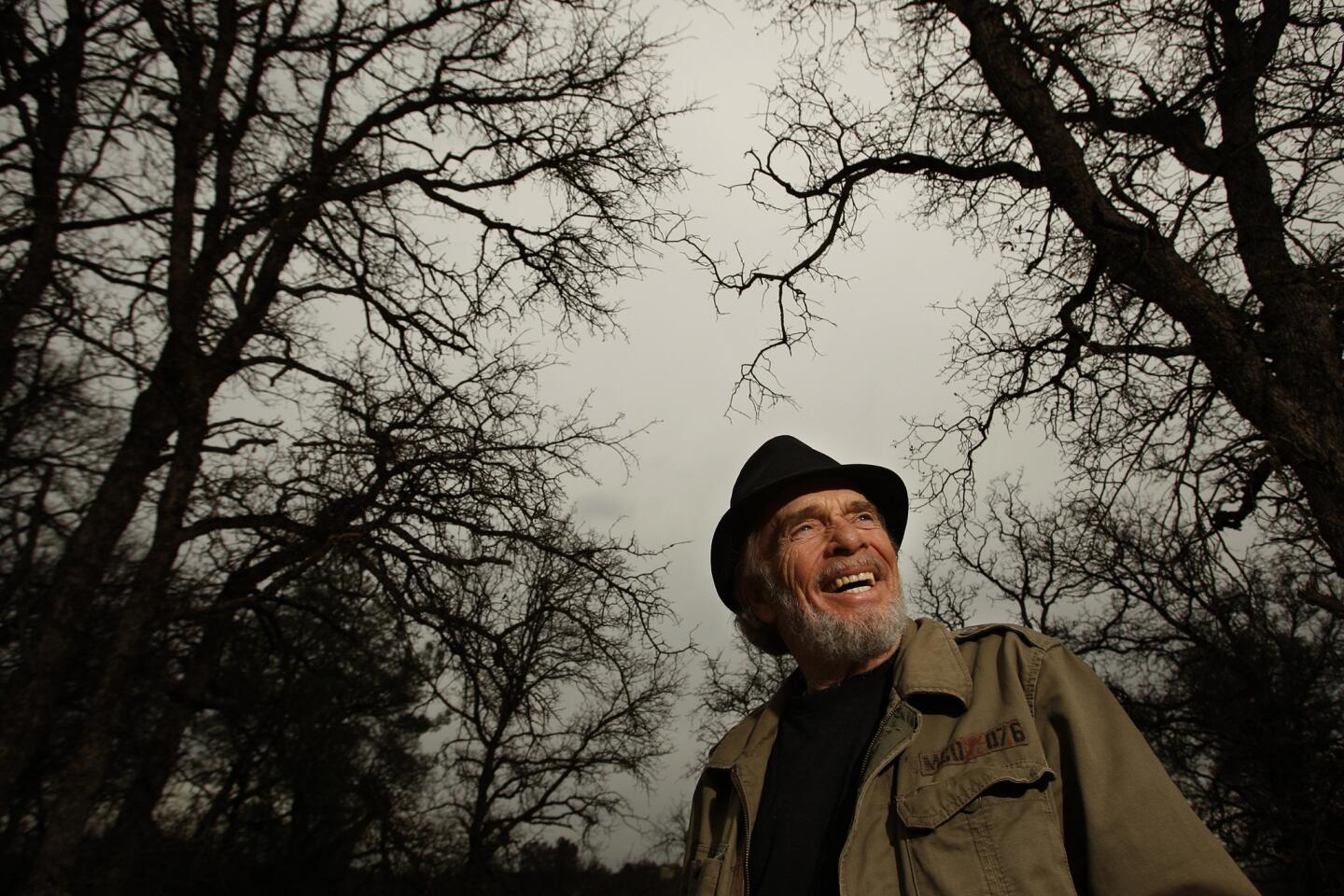
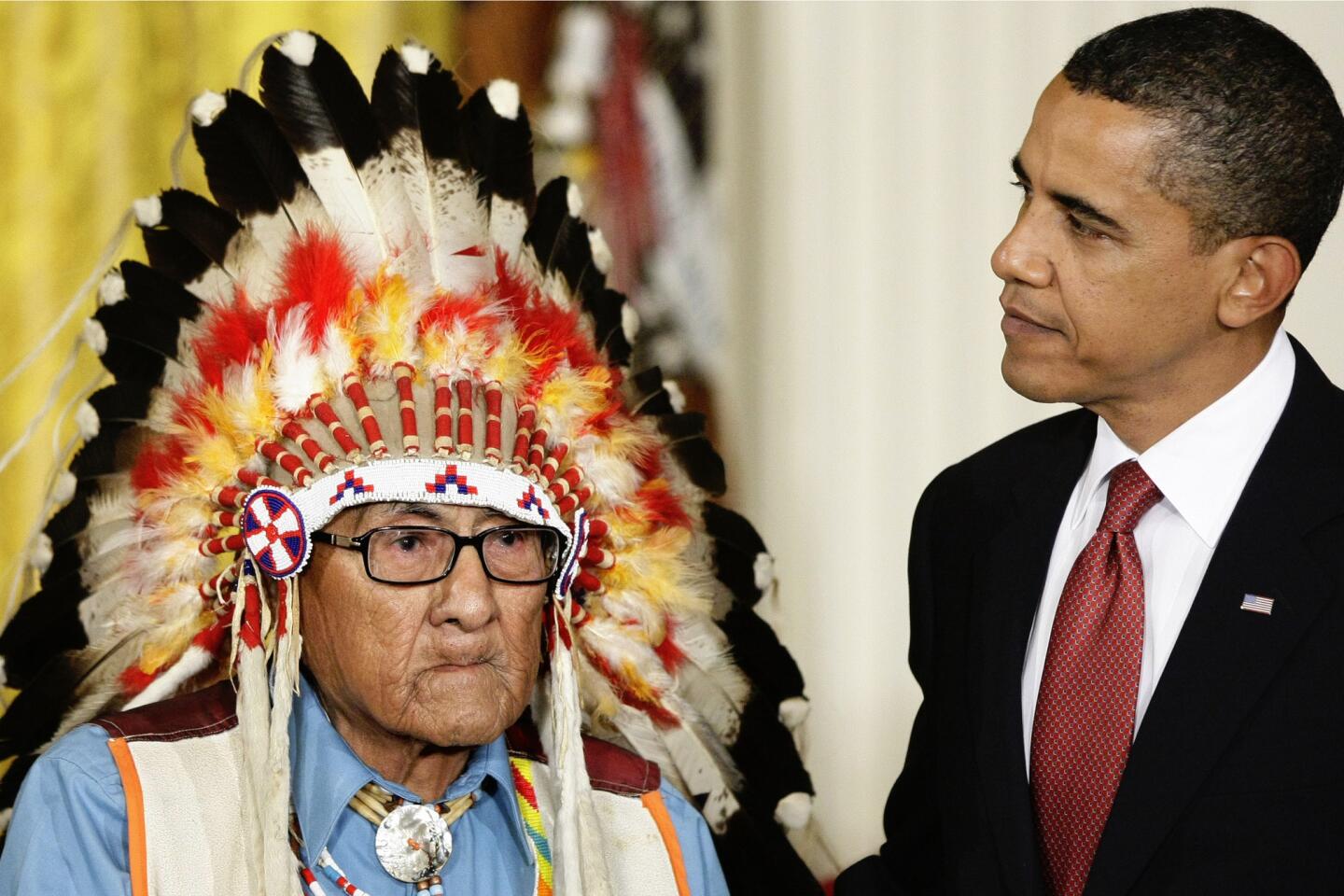
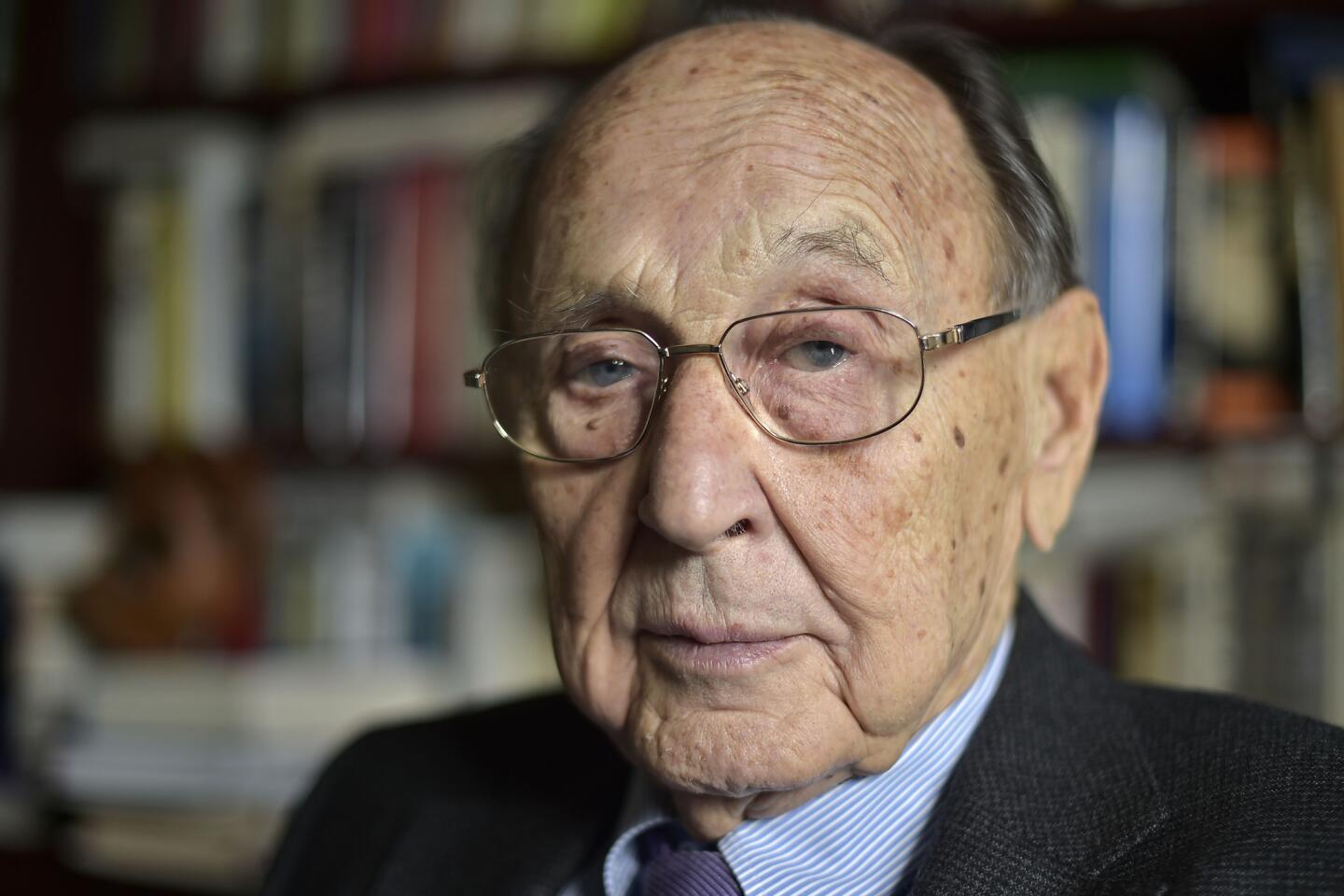
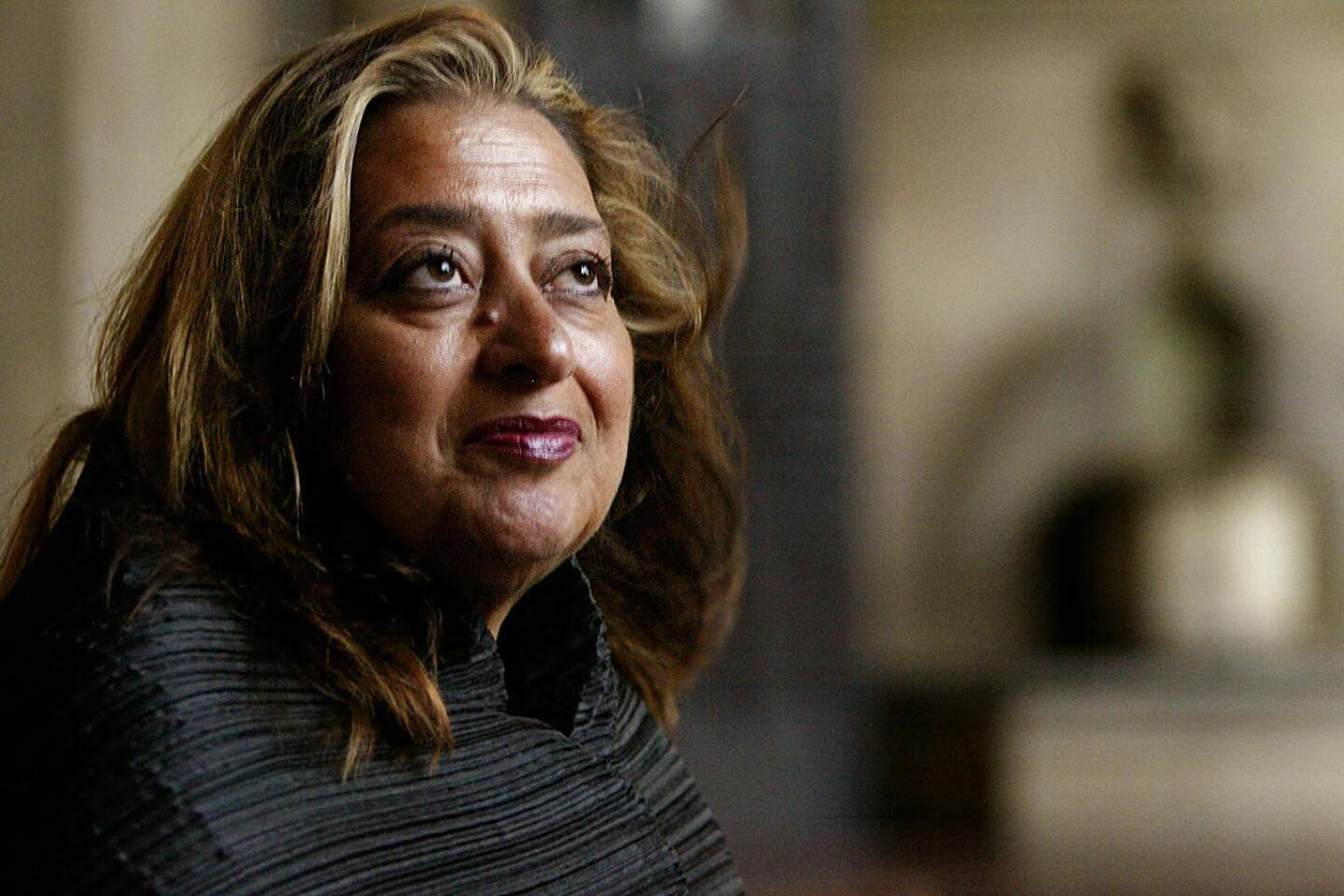
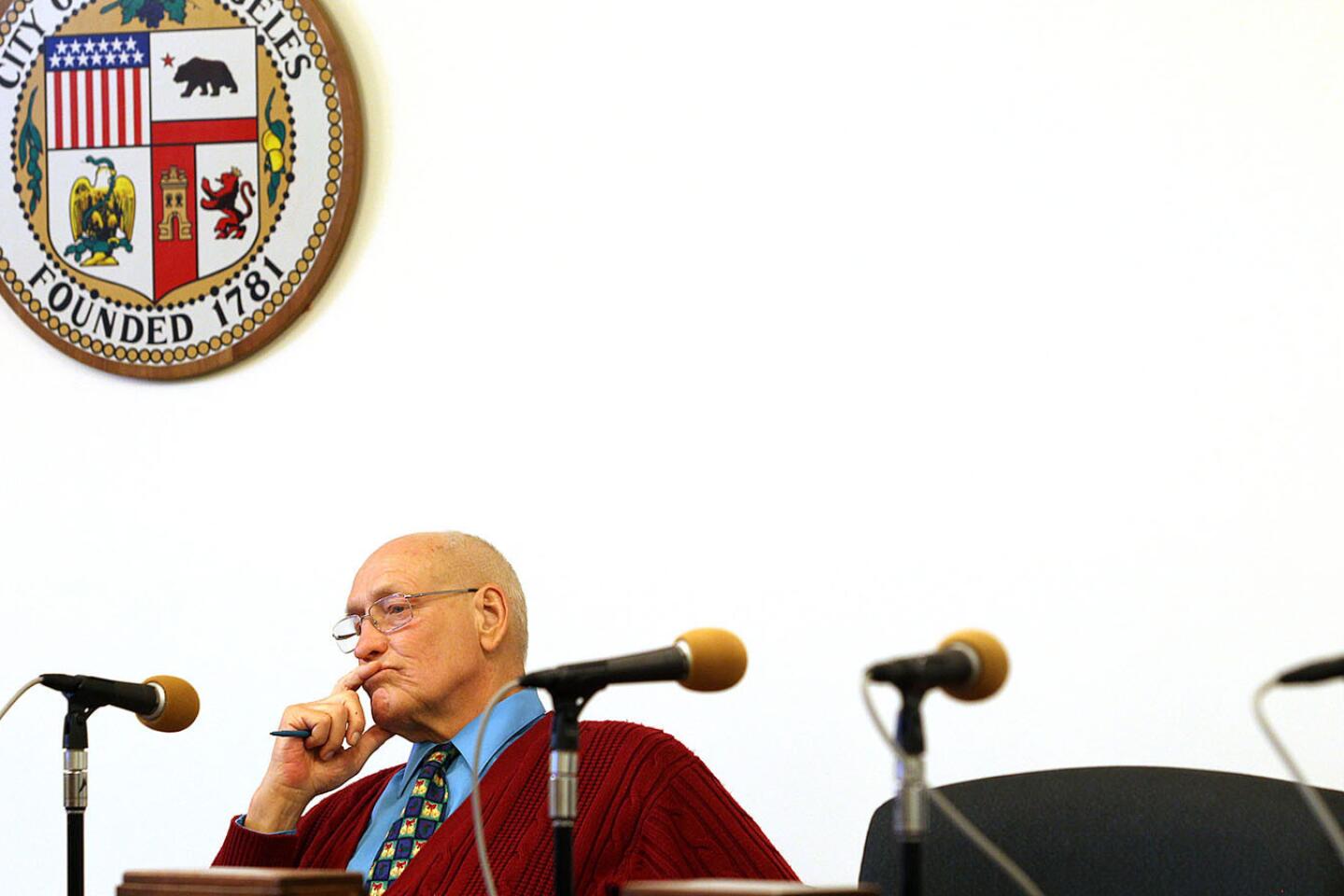
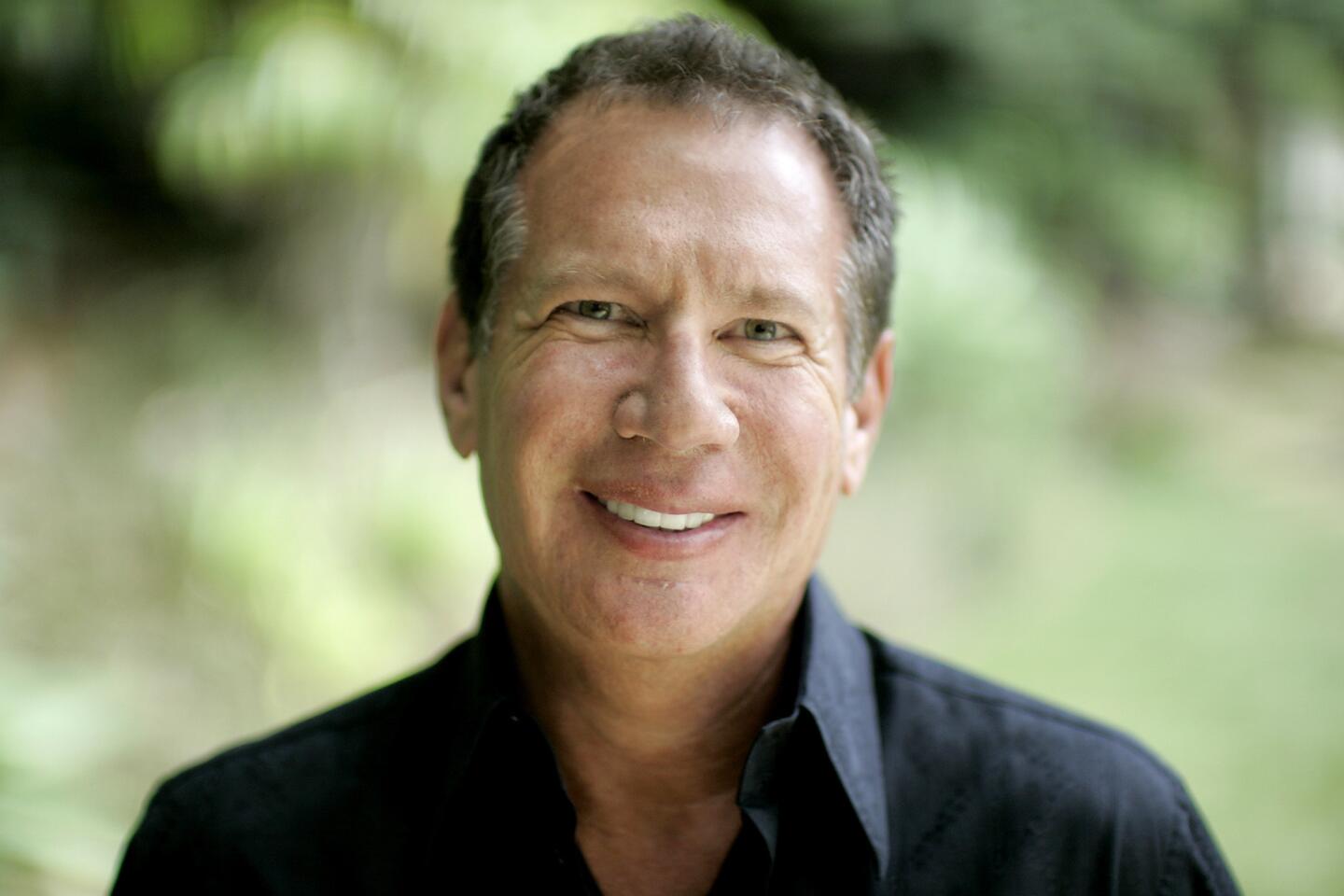
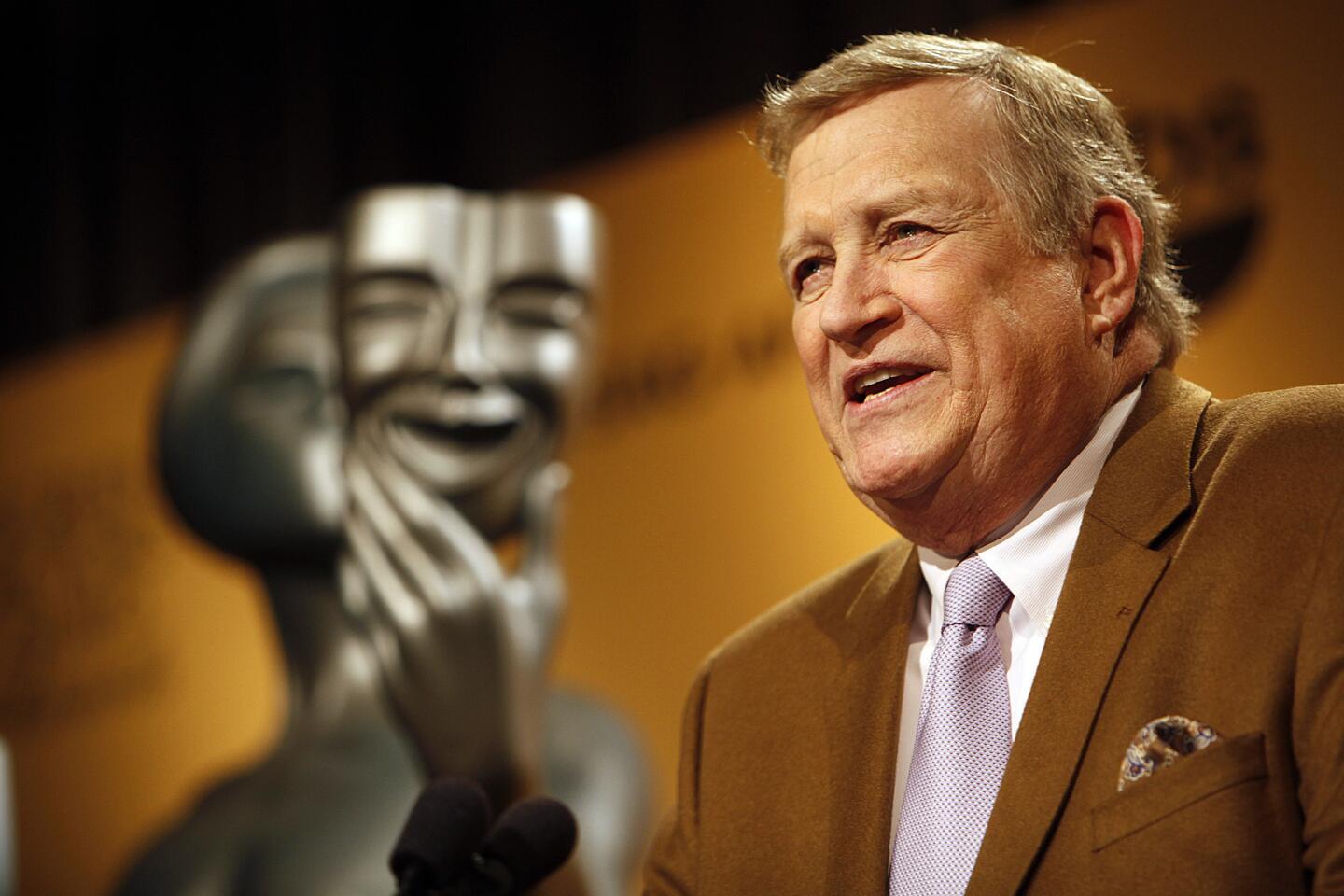
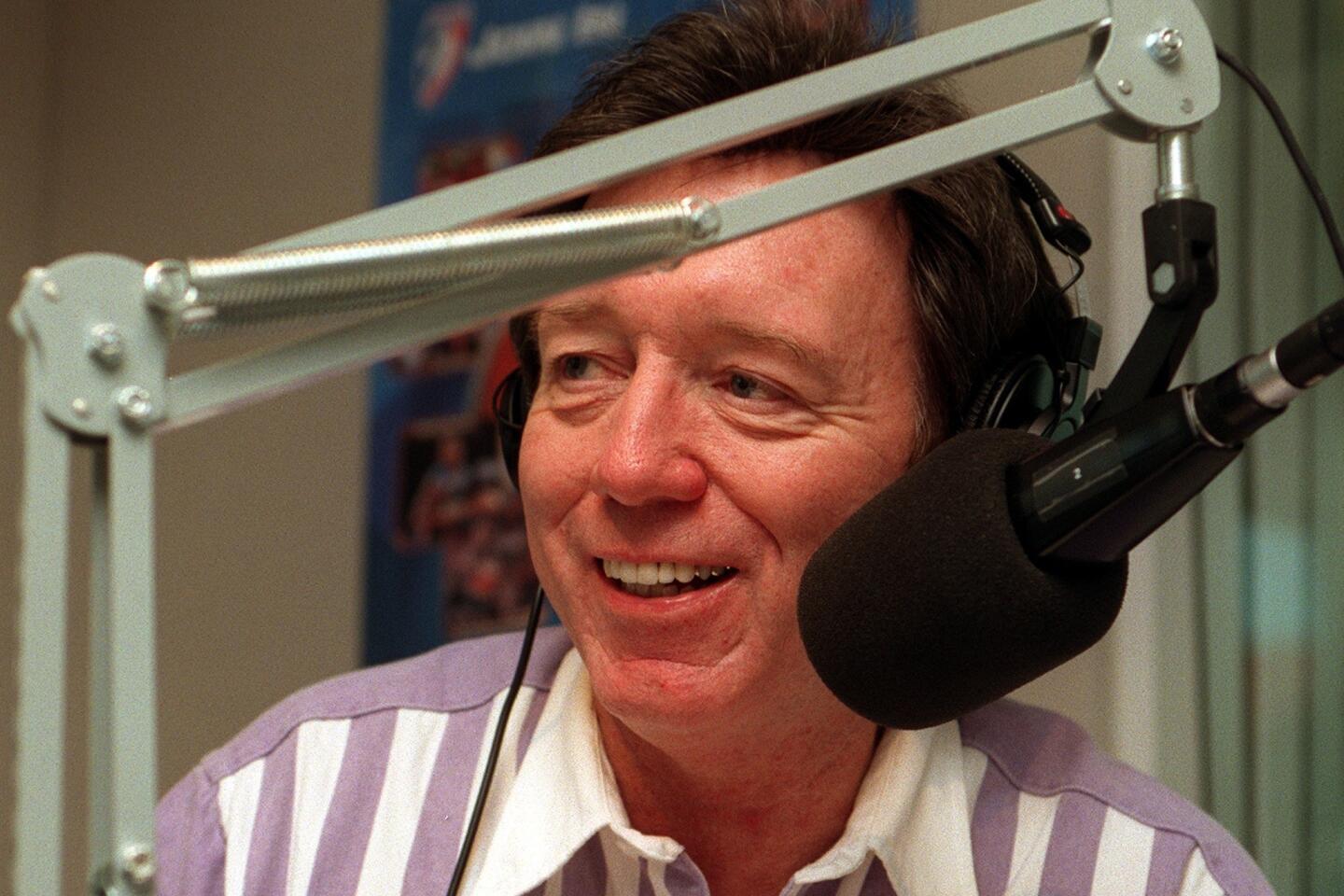
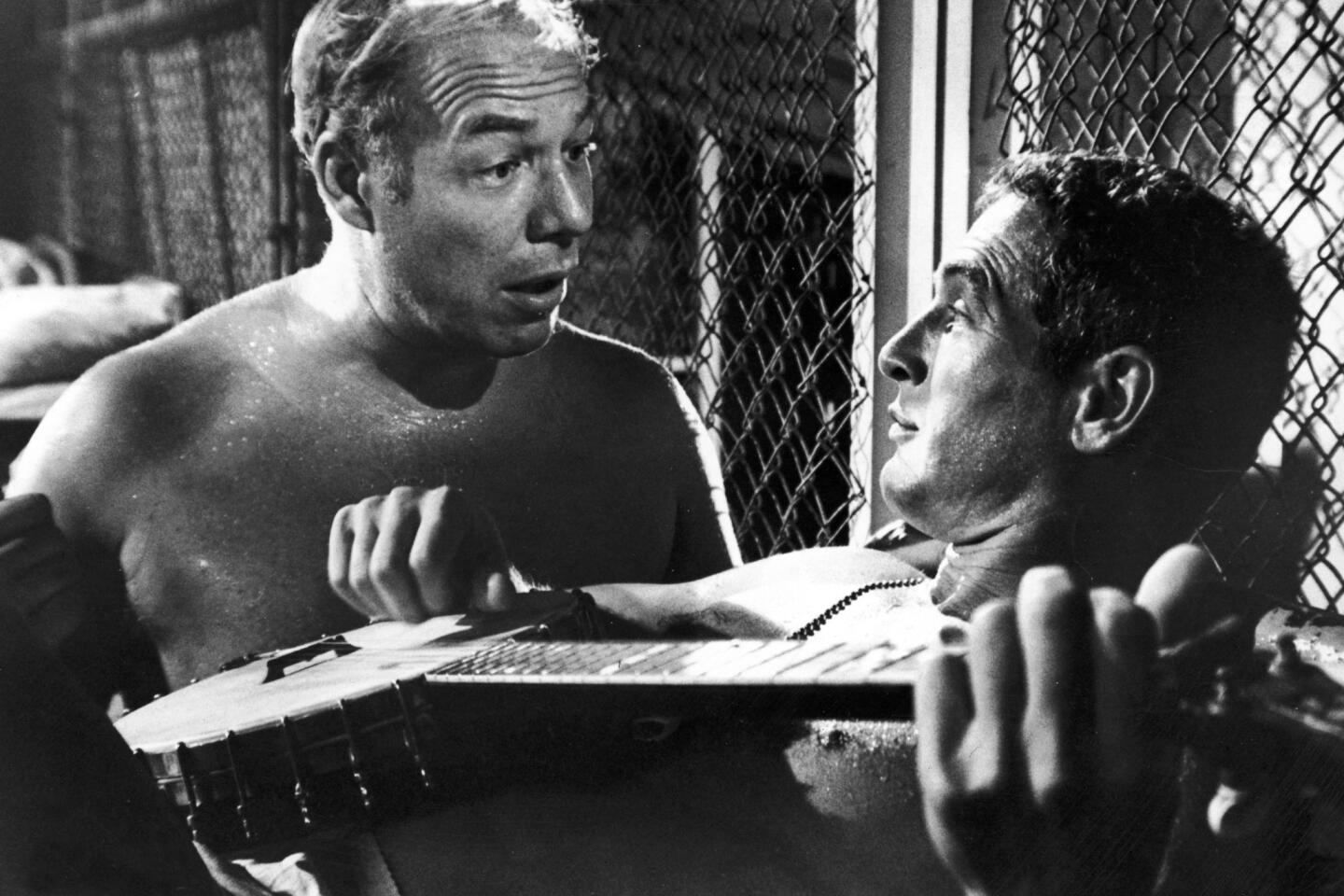
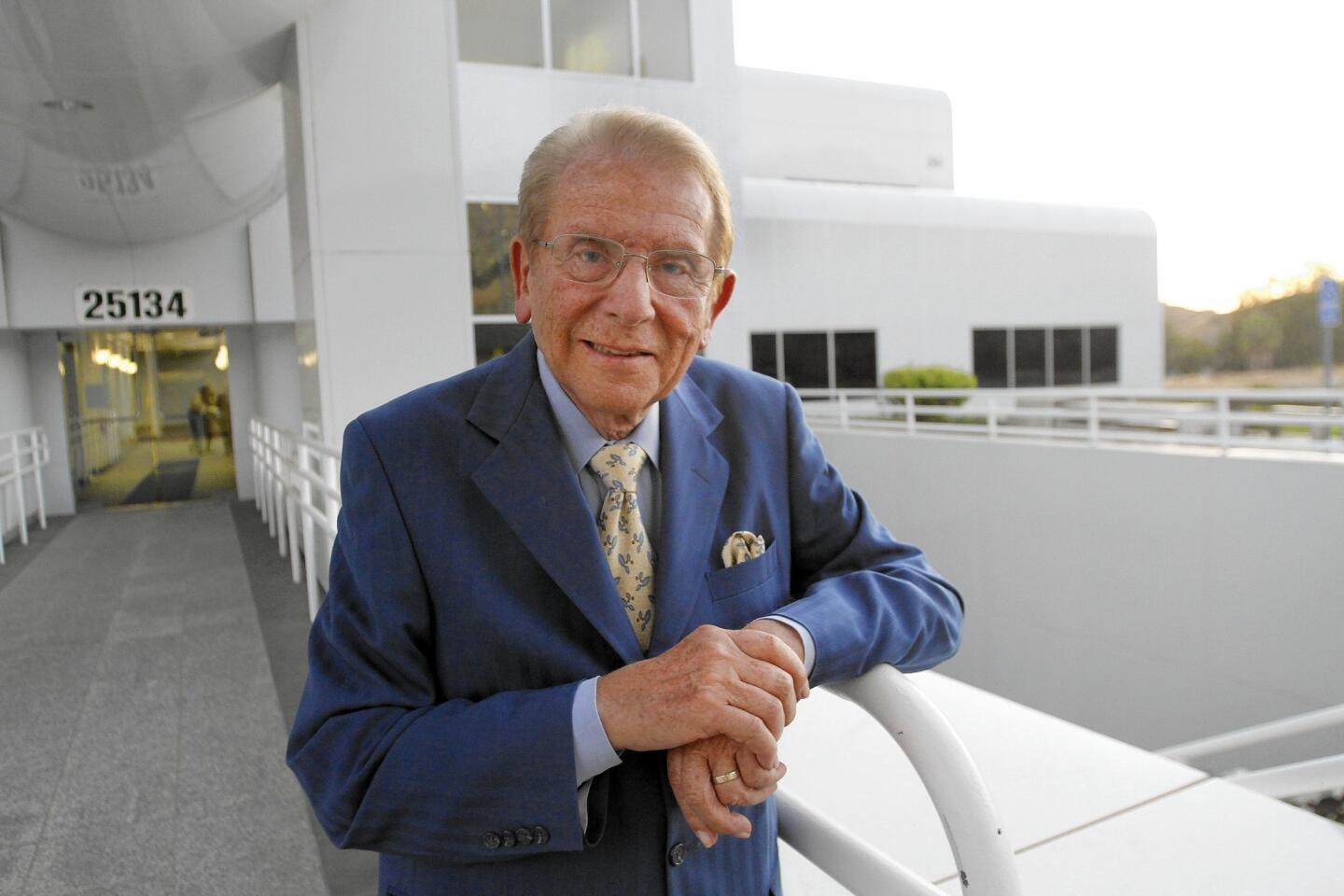
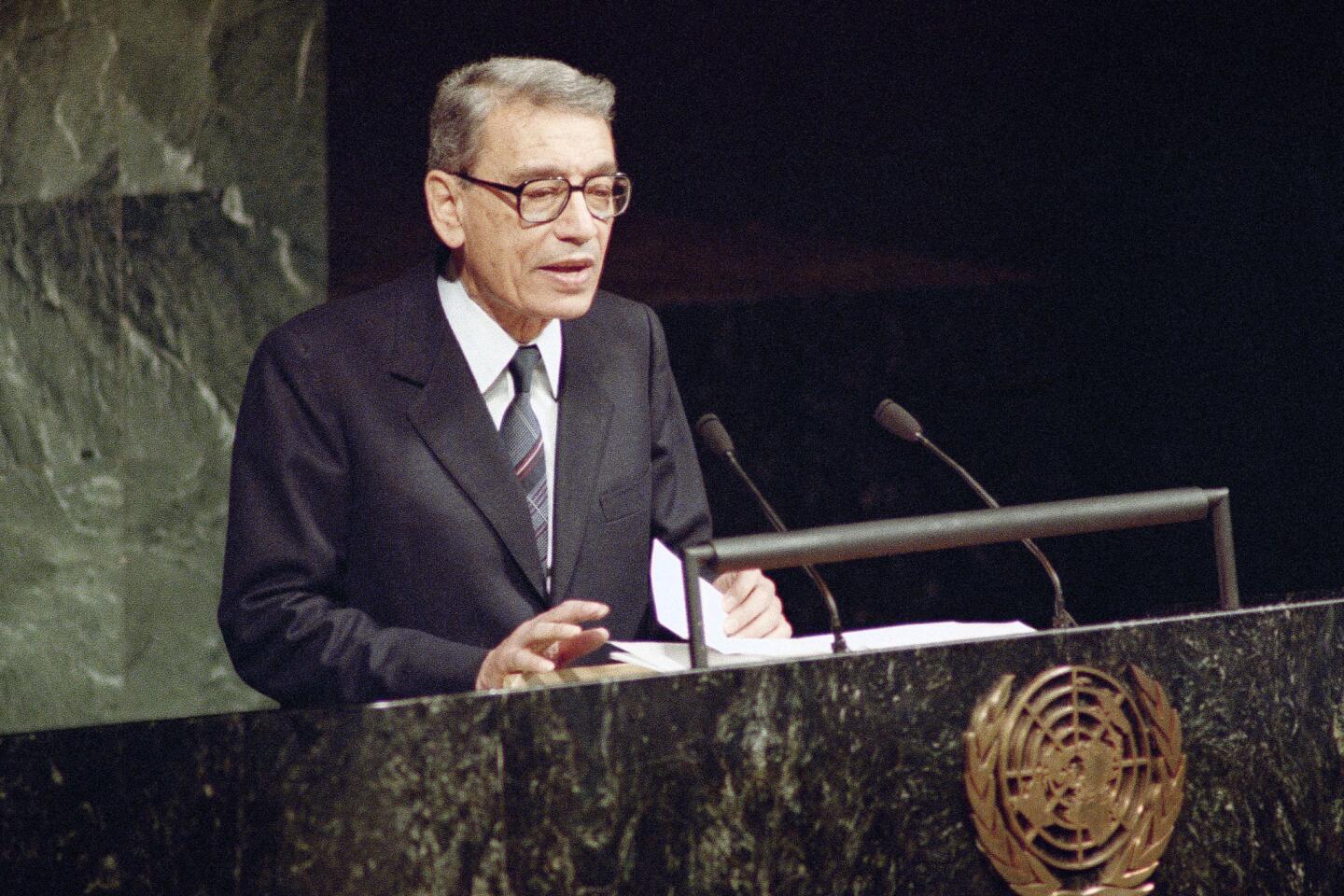
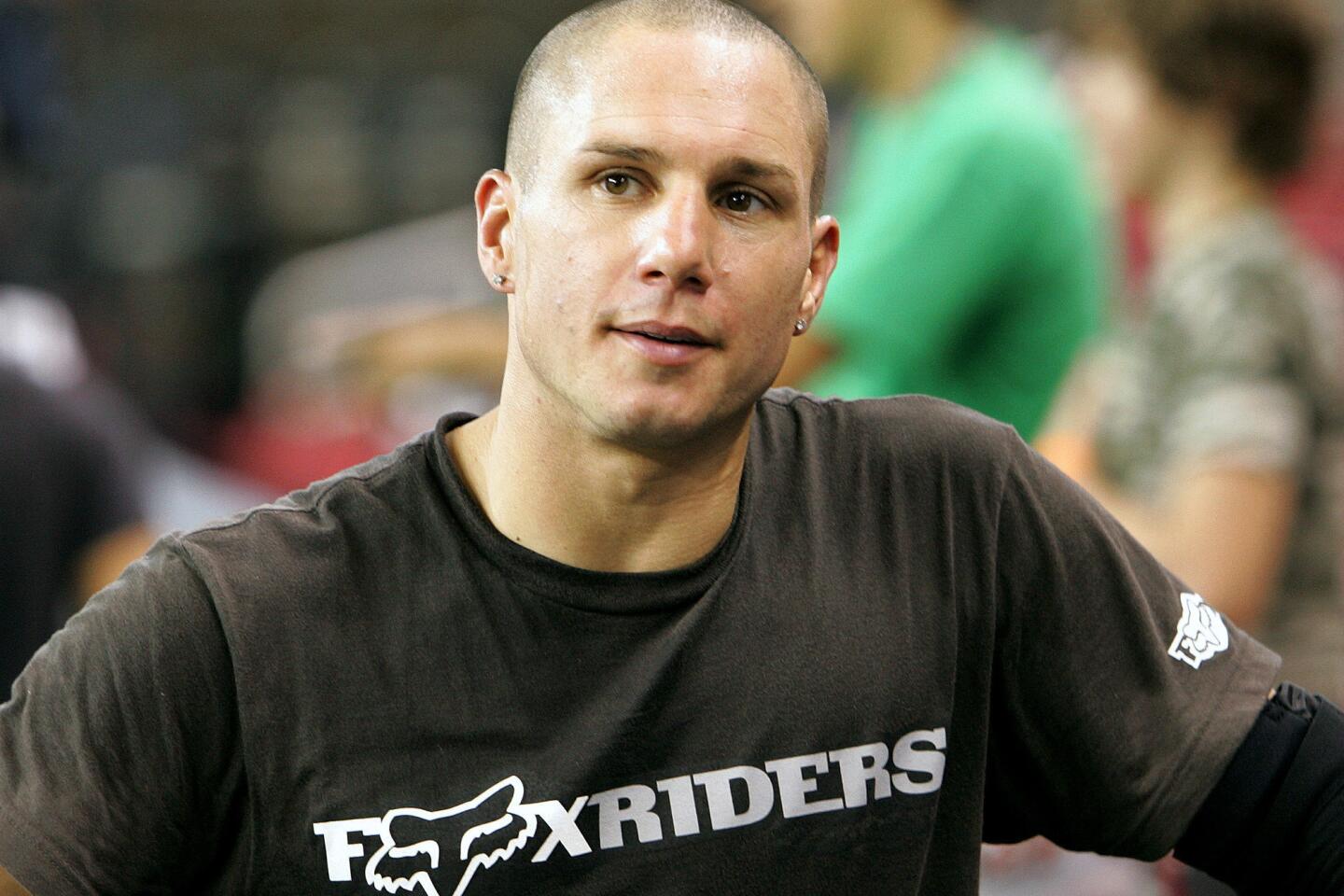
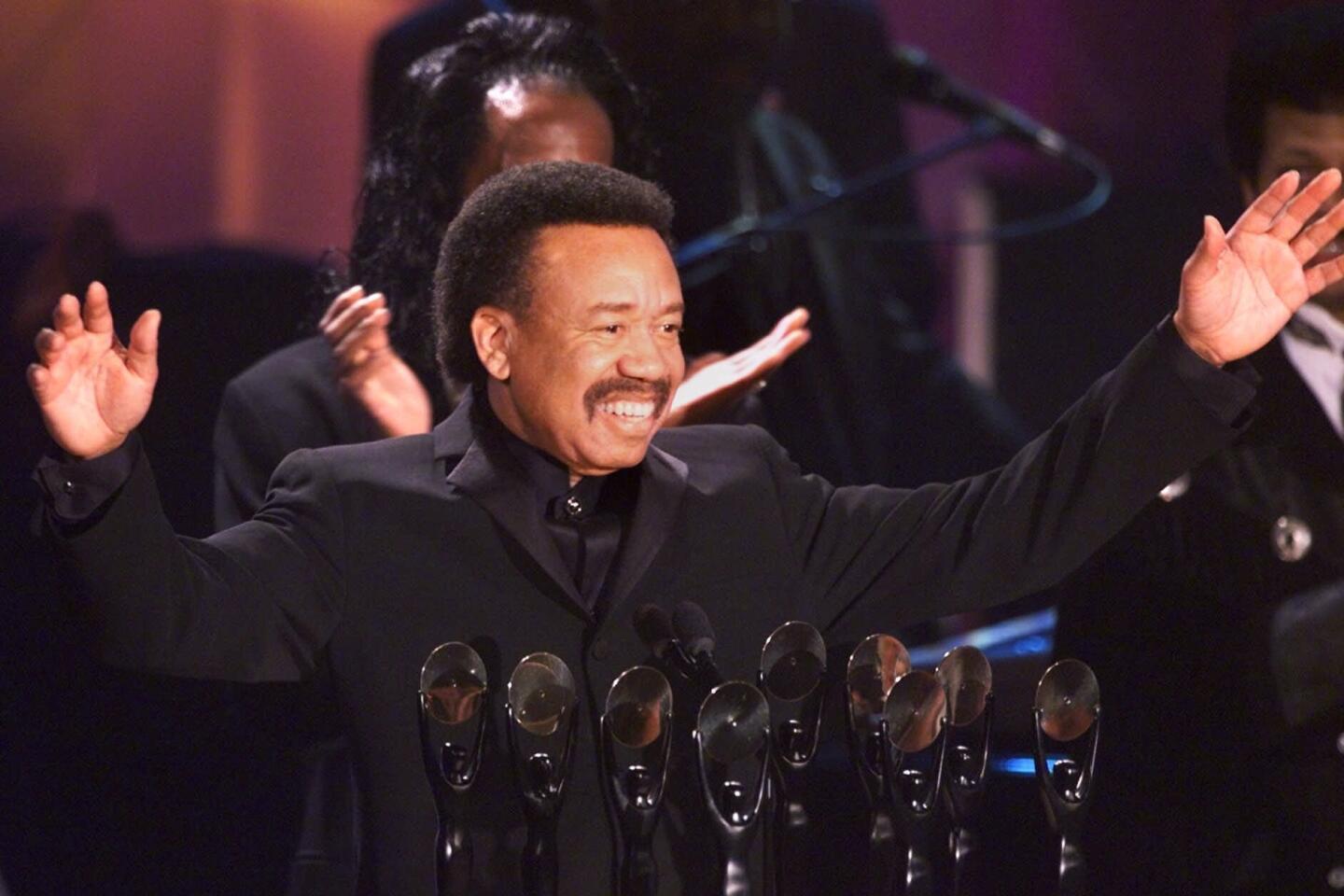
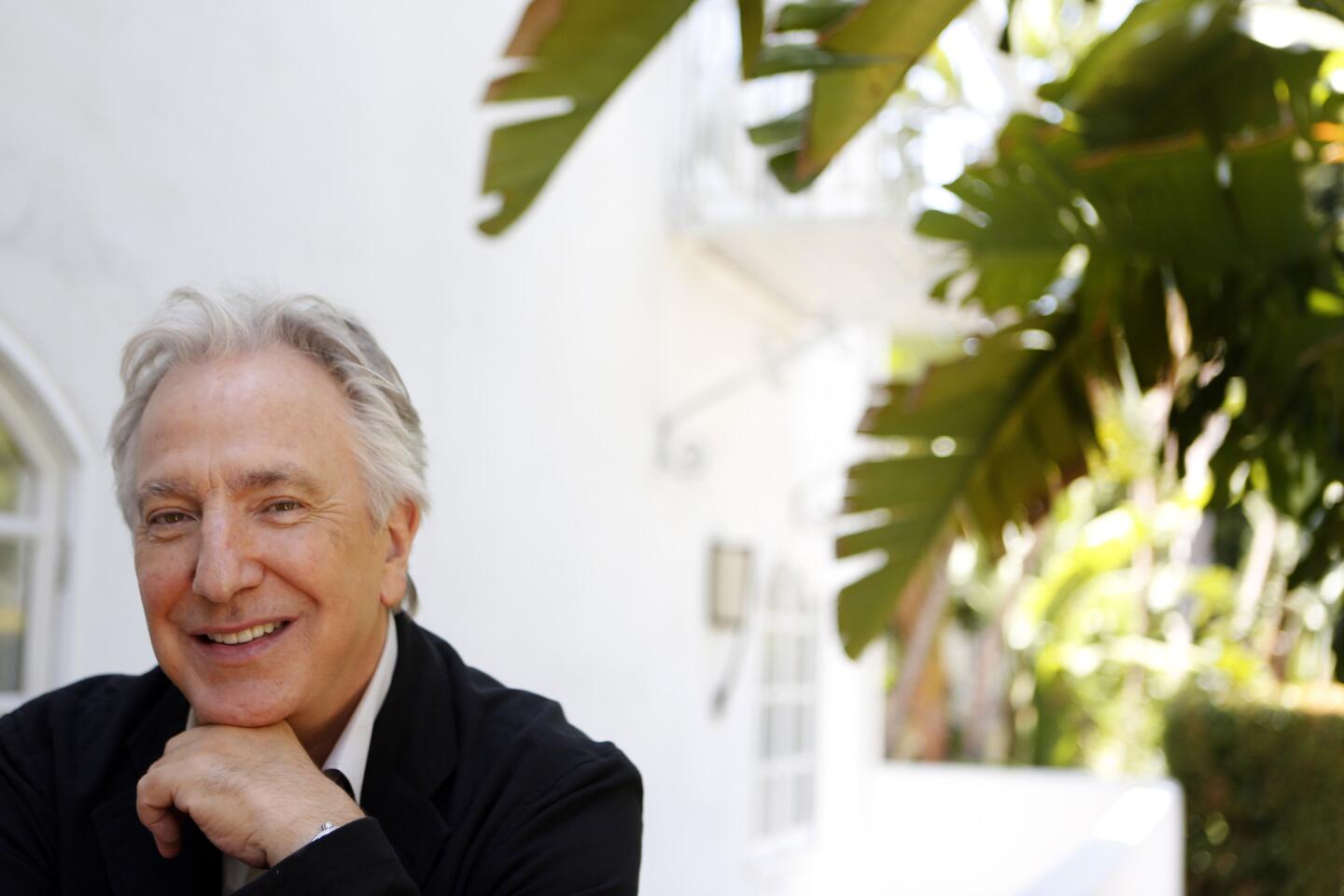
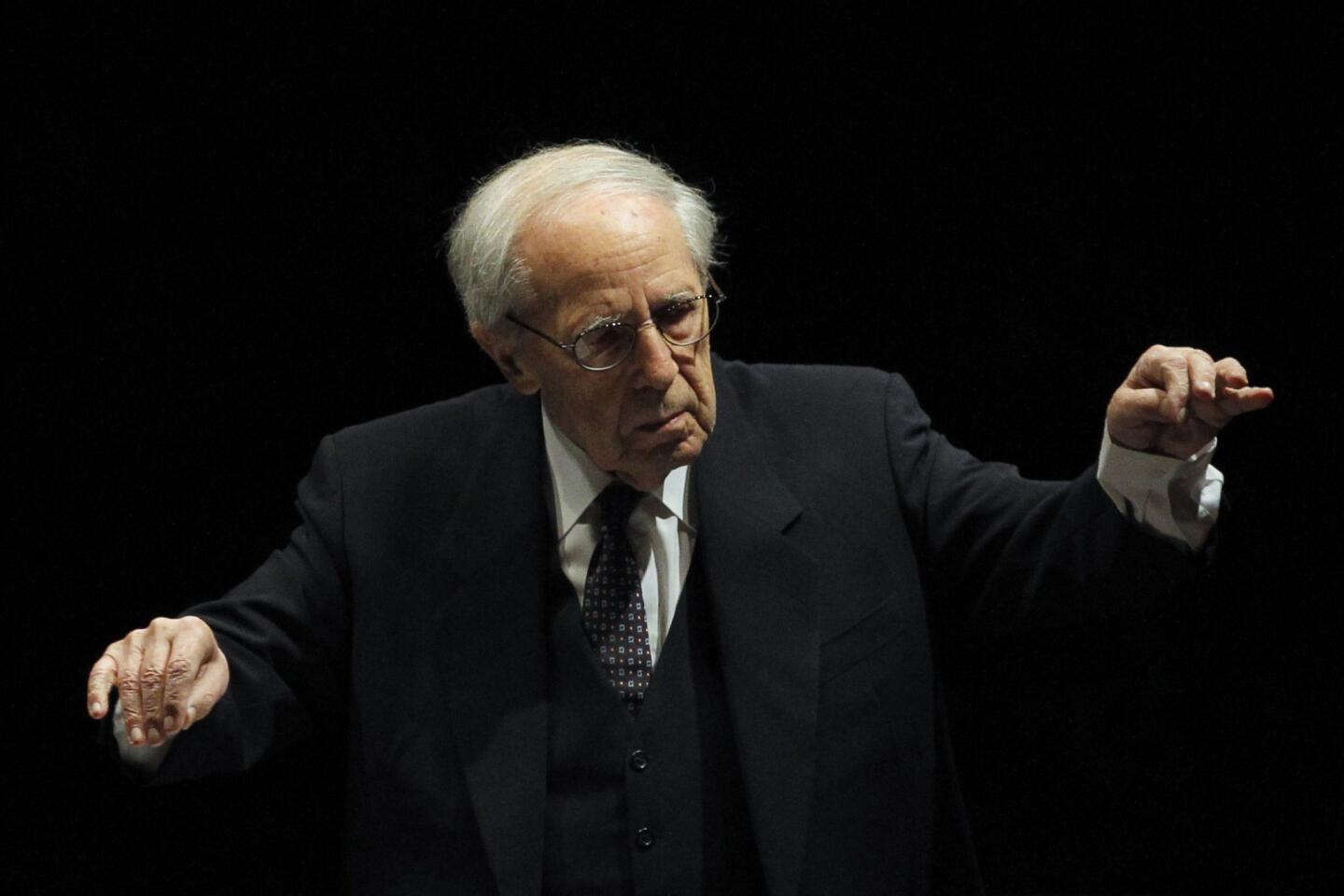
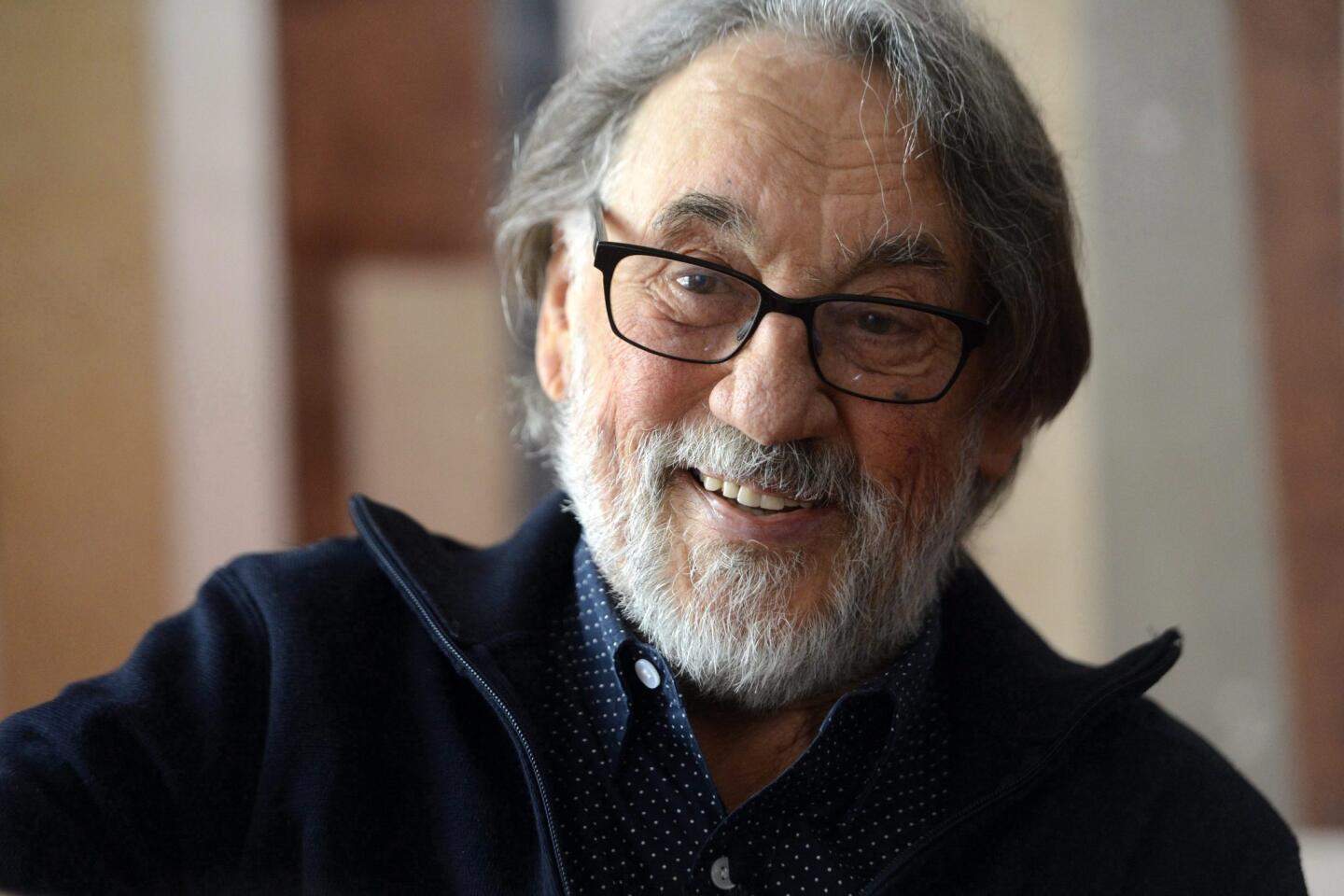
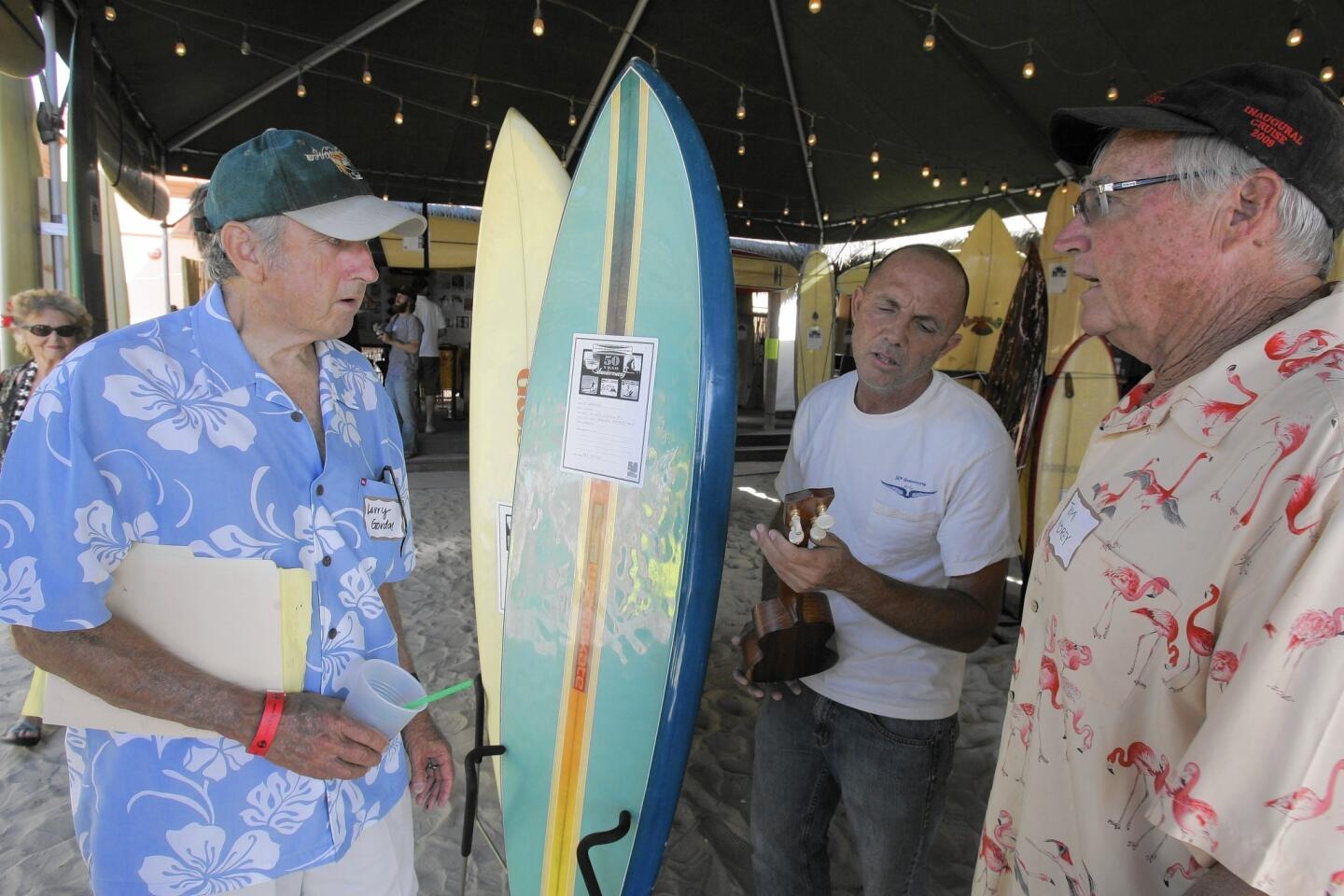
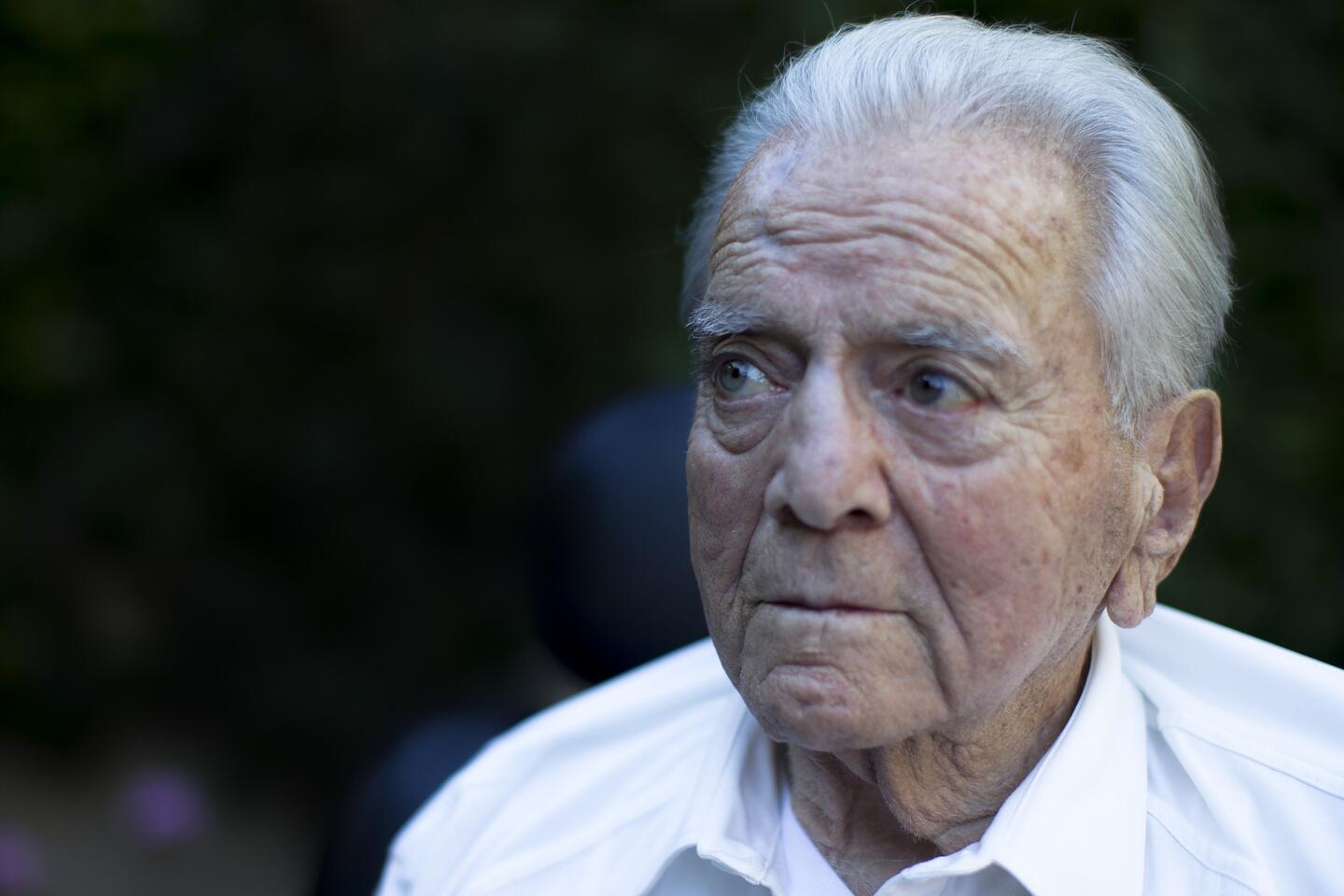

![Architect Harry Gesner on the deck of his 1957 Wave House in Malibu. The architect, who built singular homes inspired by organic forms, died on June 20, 2022 at the age of 97. [This image is for use only in conjunction with Harry Gesner obituary.]](https://ca-times.brightspotcdn.com/dims4/default/20f7a67/2147483647/strip/true/crop/4000x2675+0+0/resize/320x214!/quality/75/?url=https%3A%2F%2Fcalifornia-times-brightspot.s3.amazonaws.com%2Fdd%2Fe8%2F5b486c1348d5a831faf2a73089c5%2Frbc-06-family-portrait-balcony-lippman-0915-v10-rgb.jpg)




